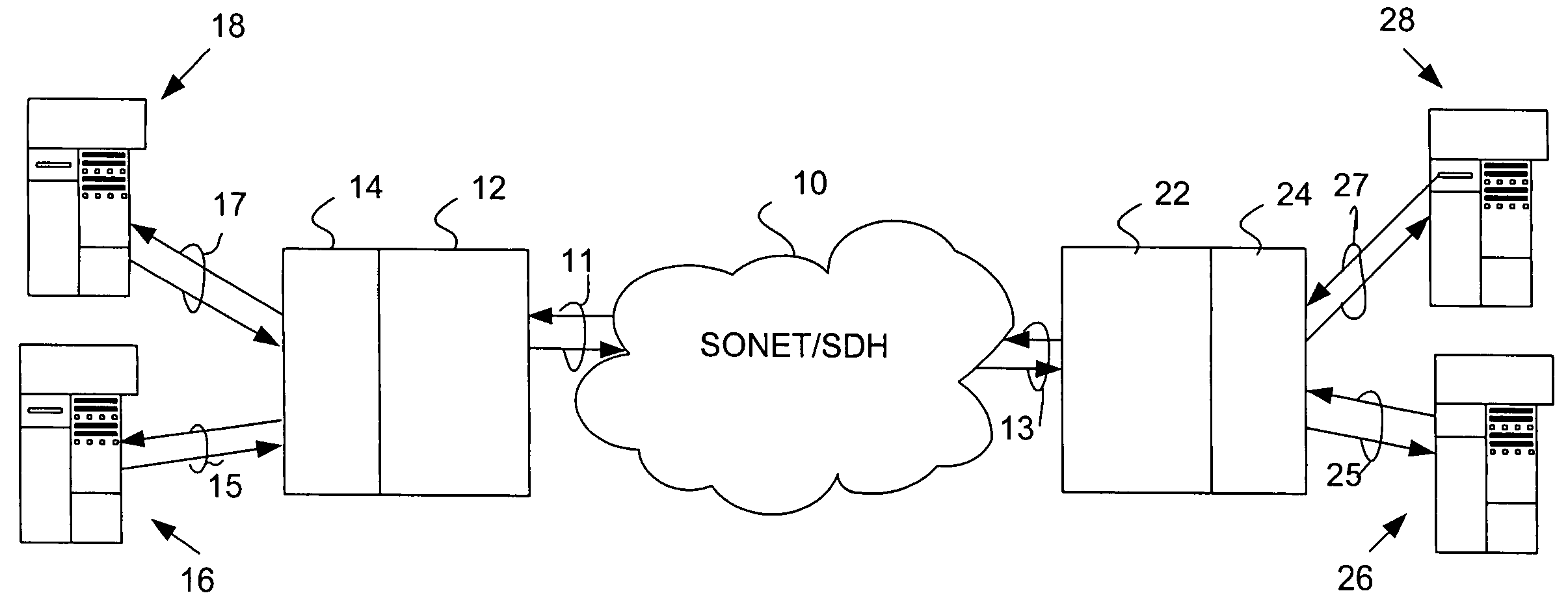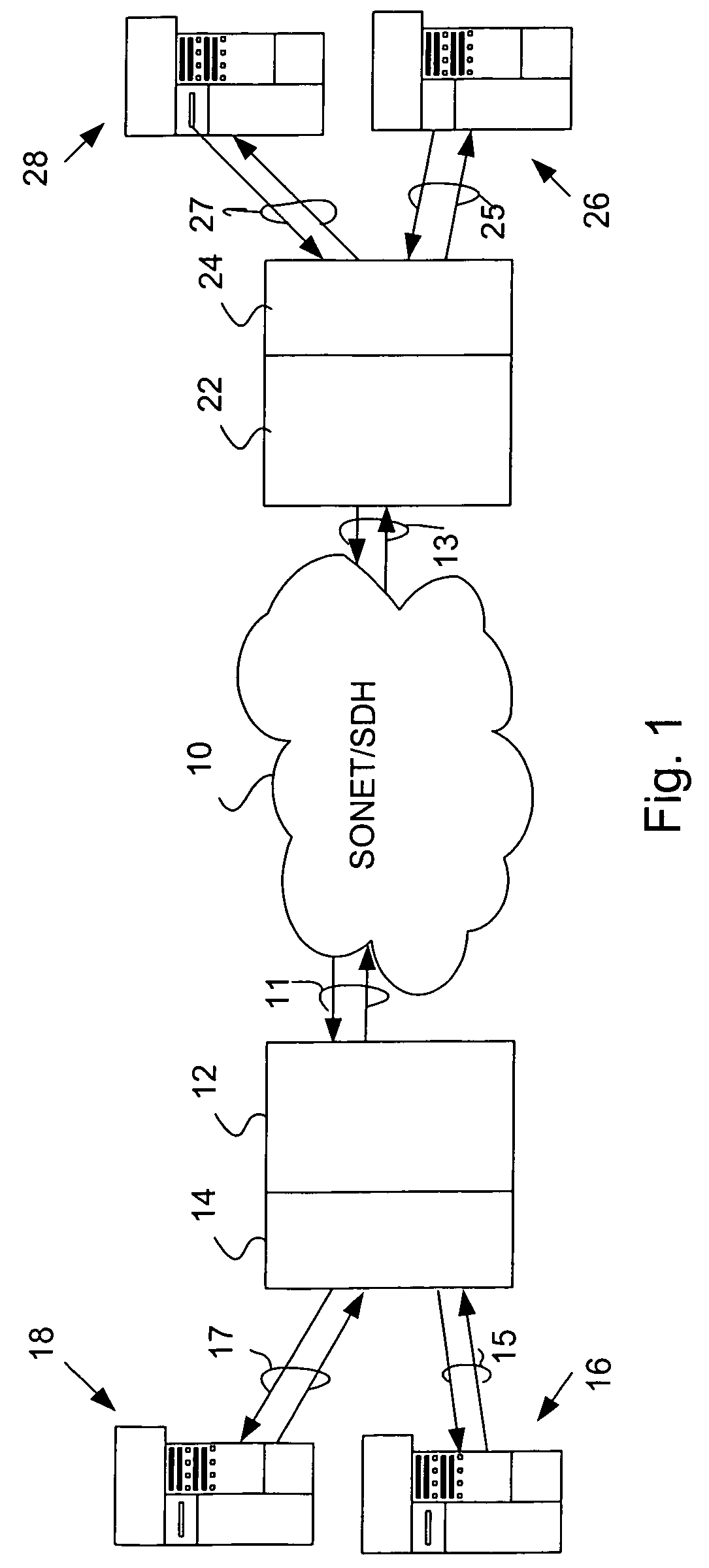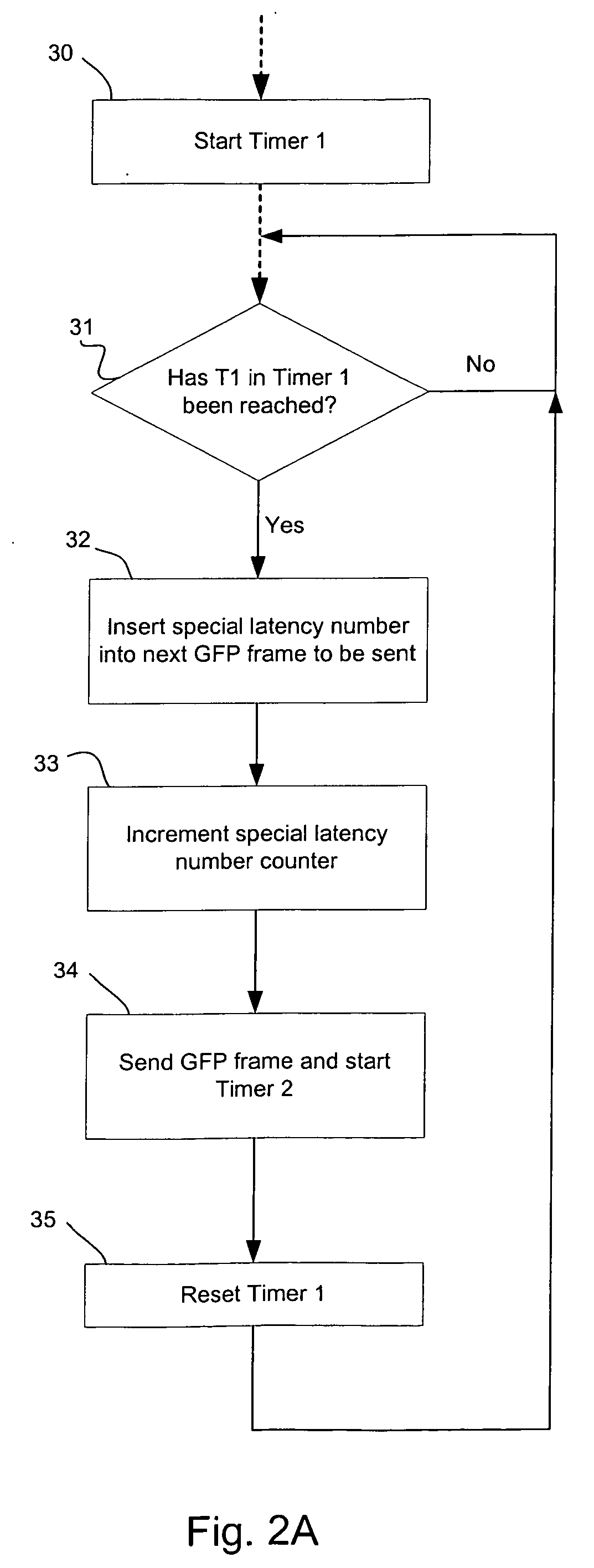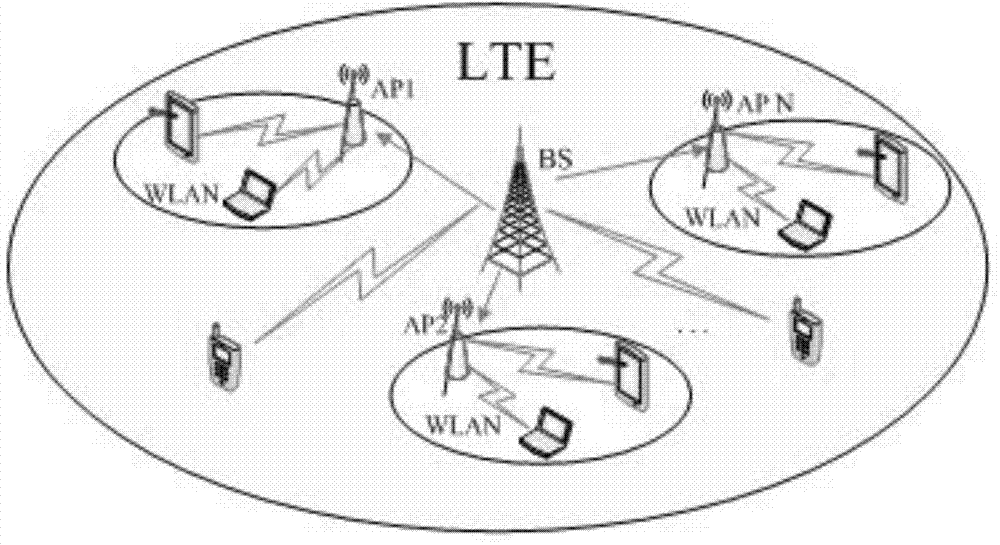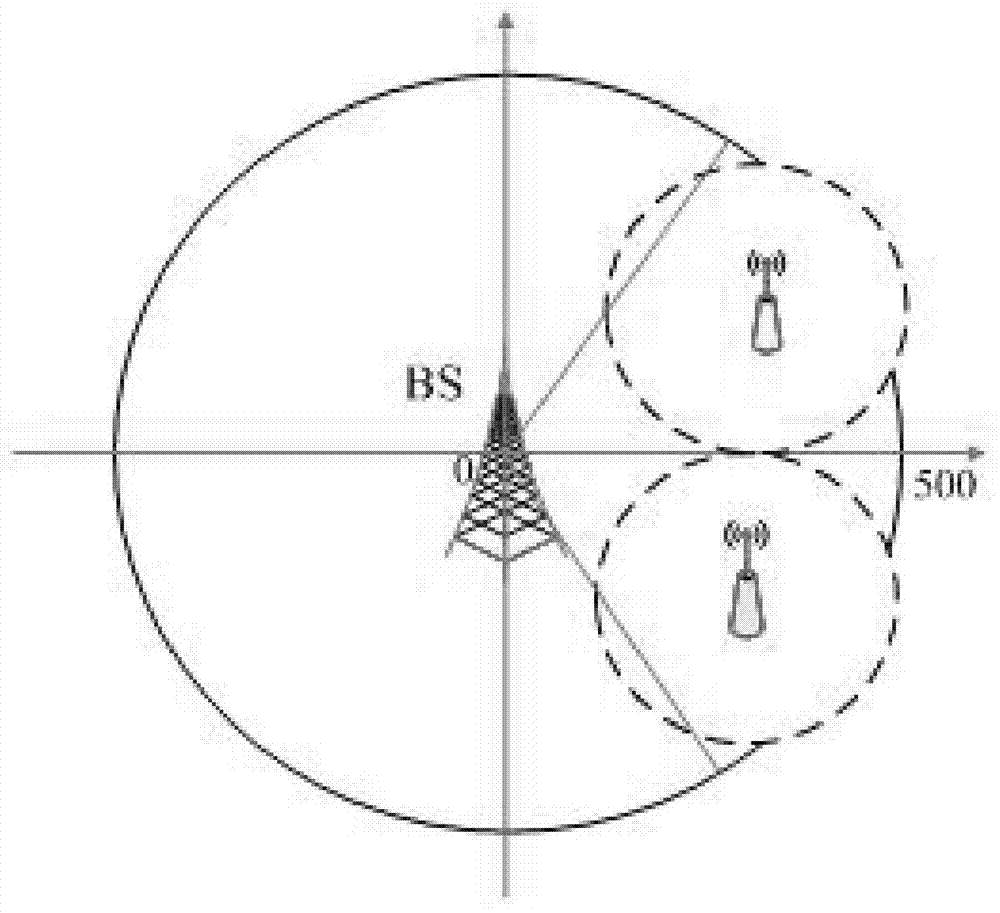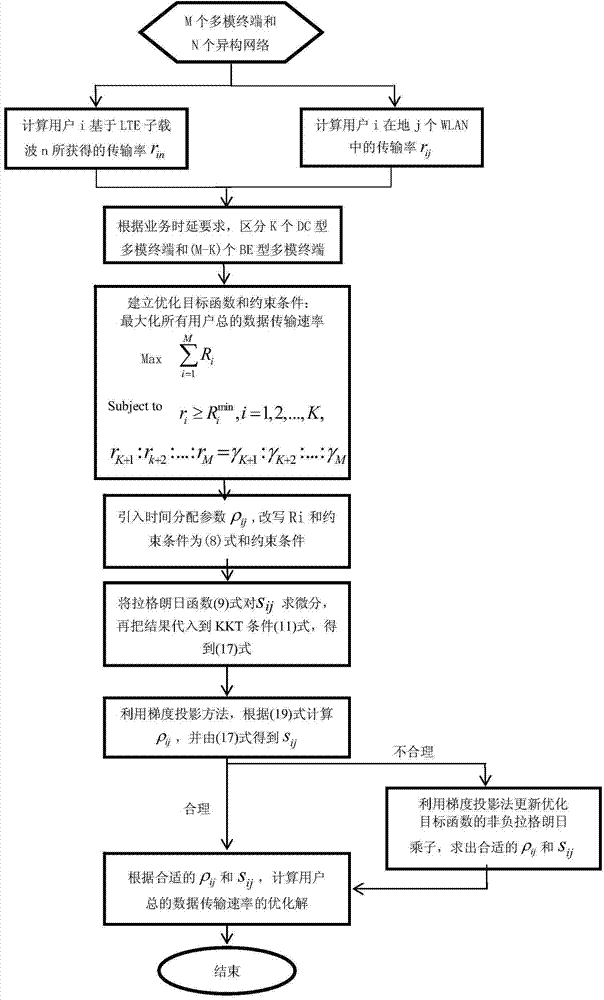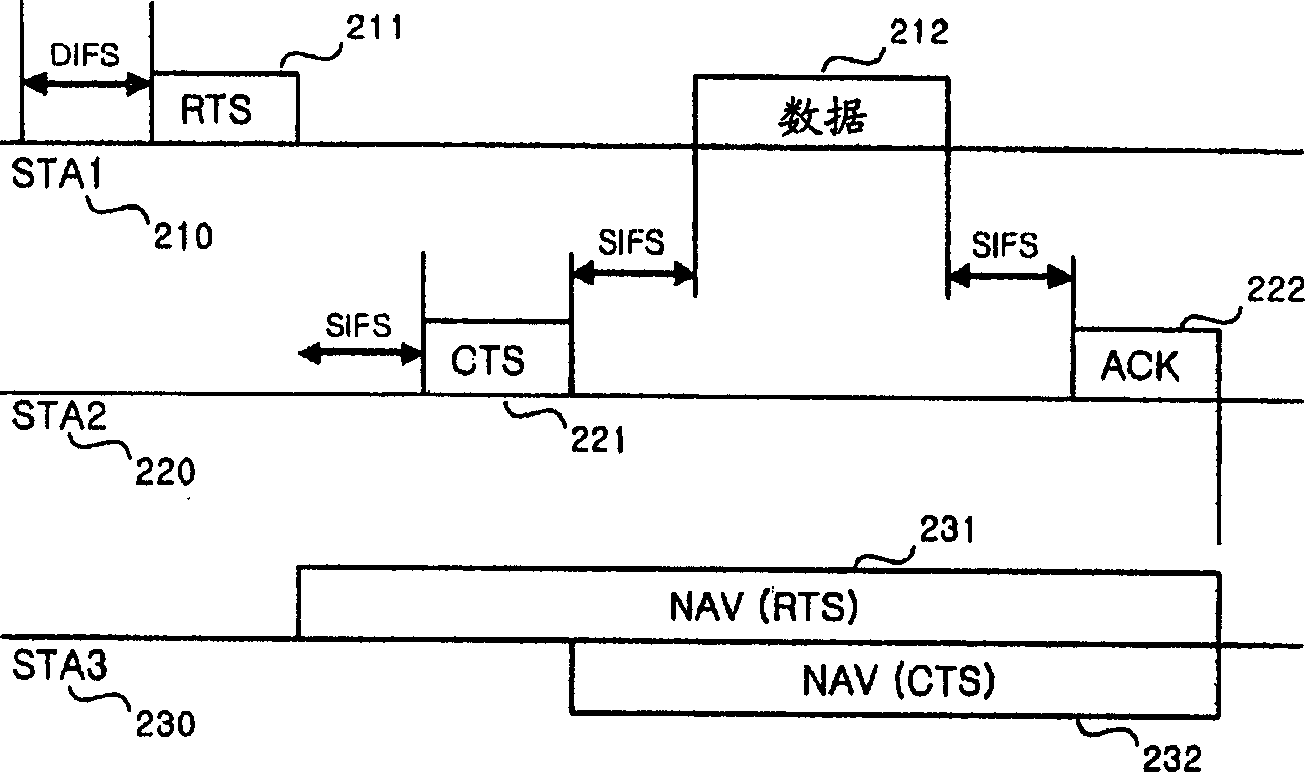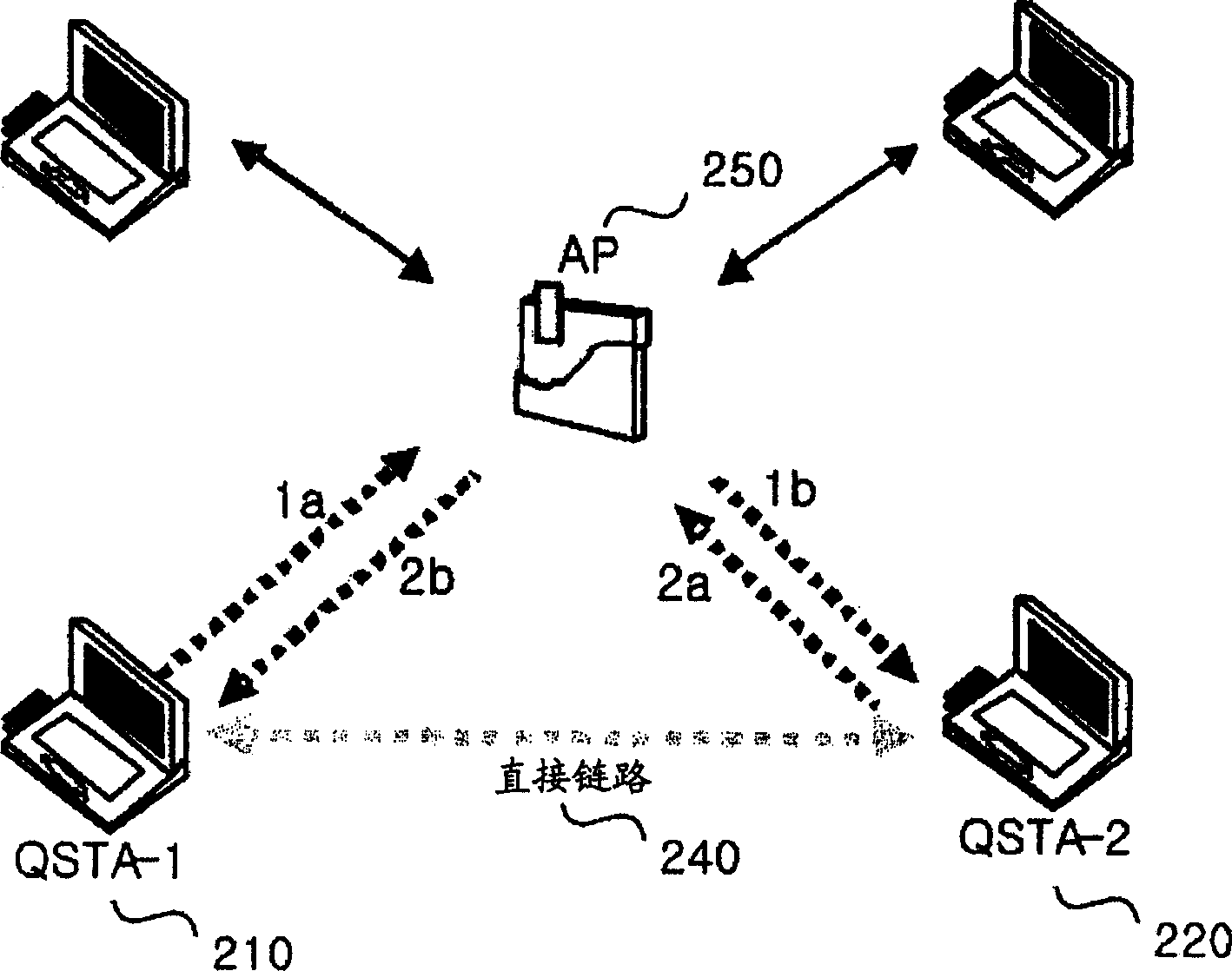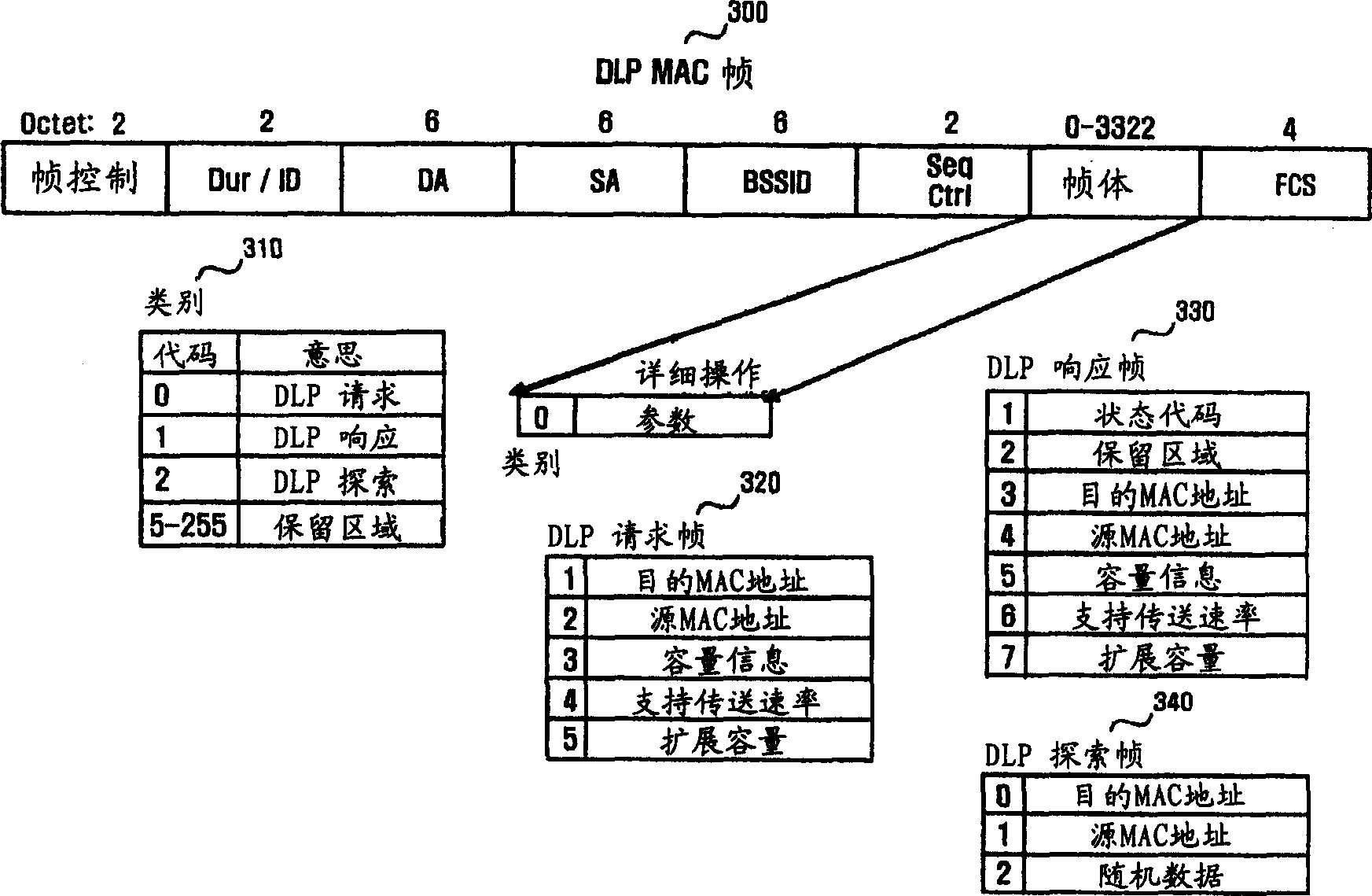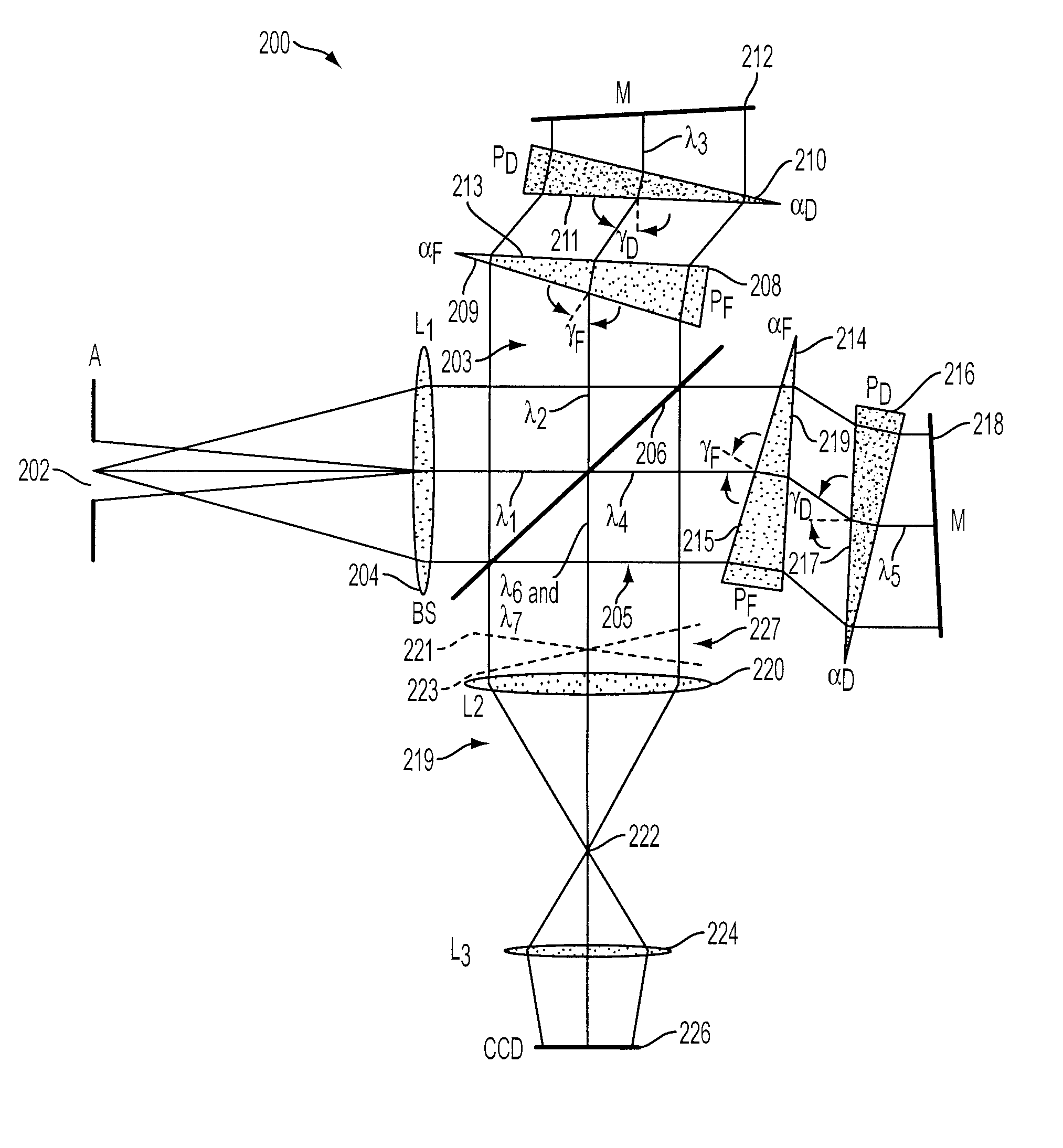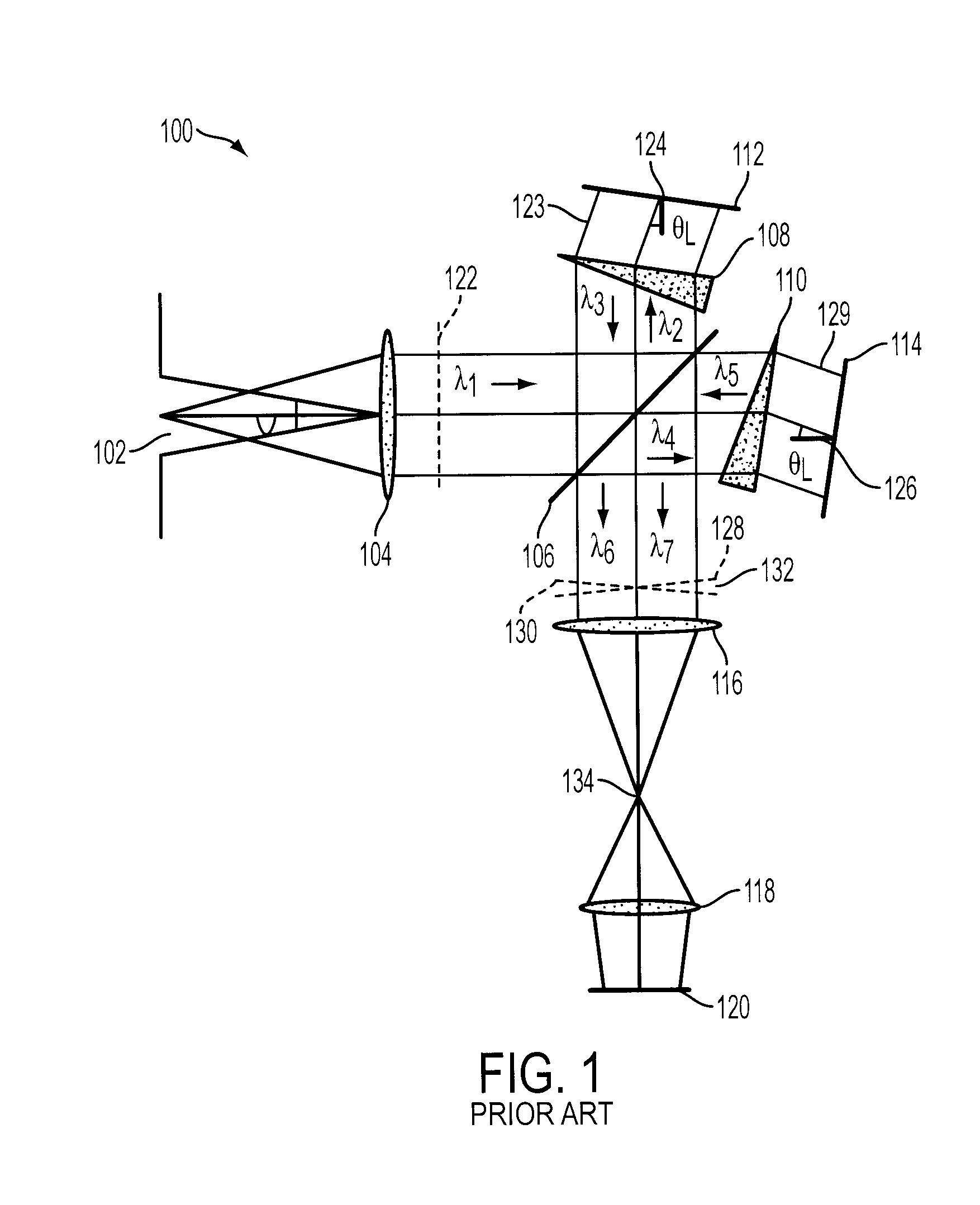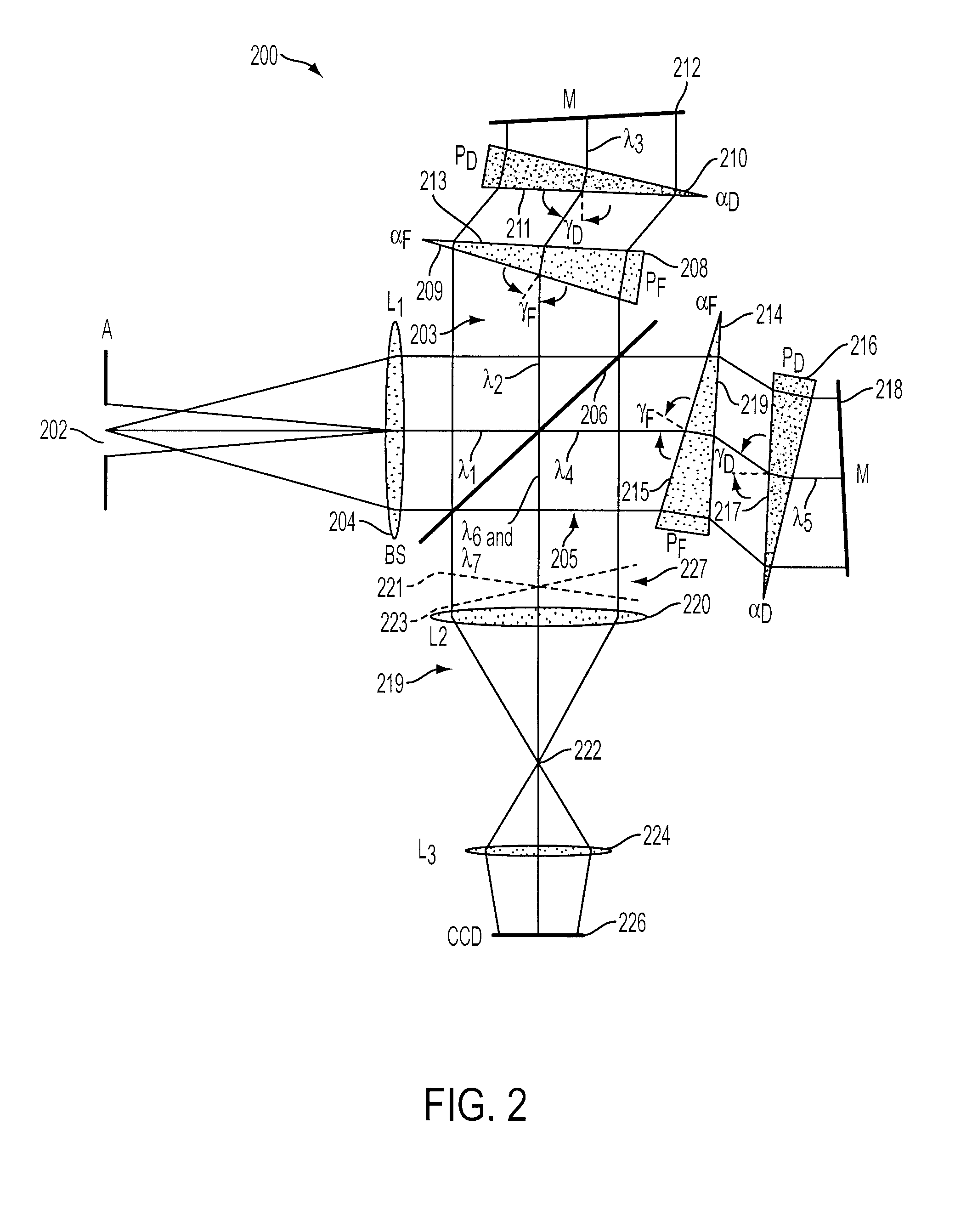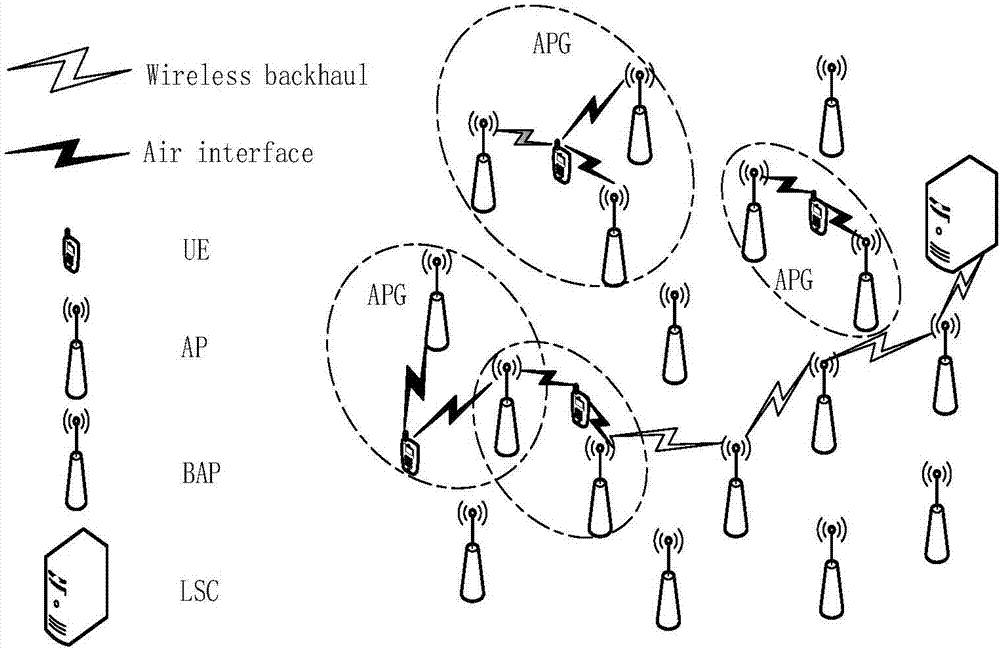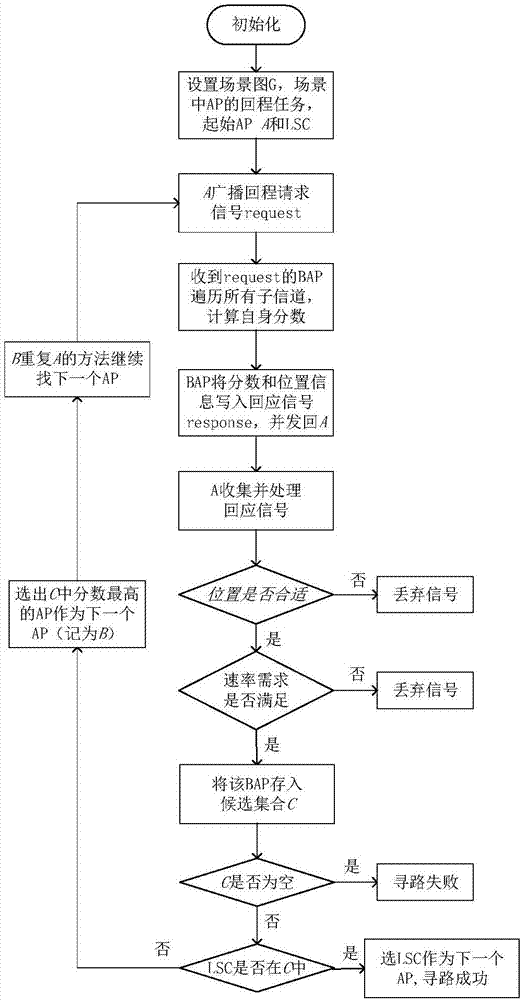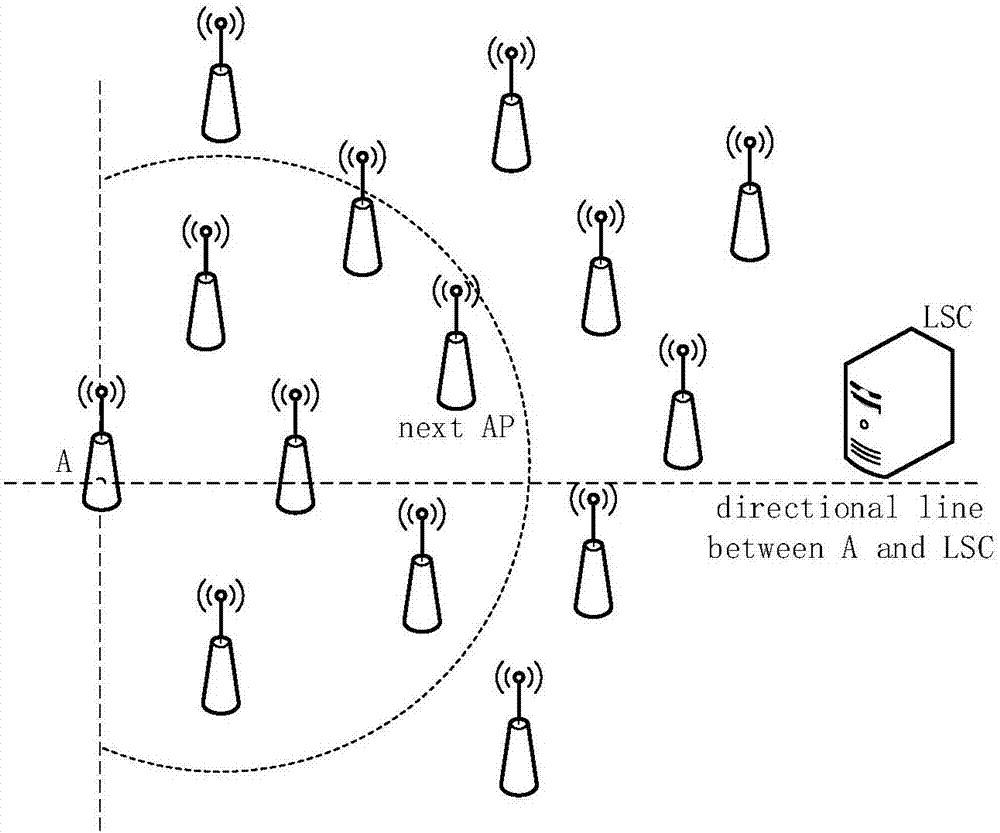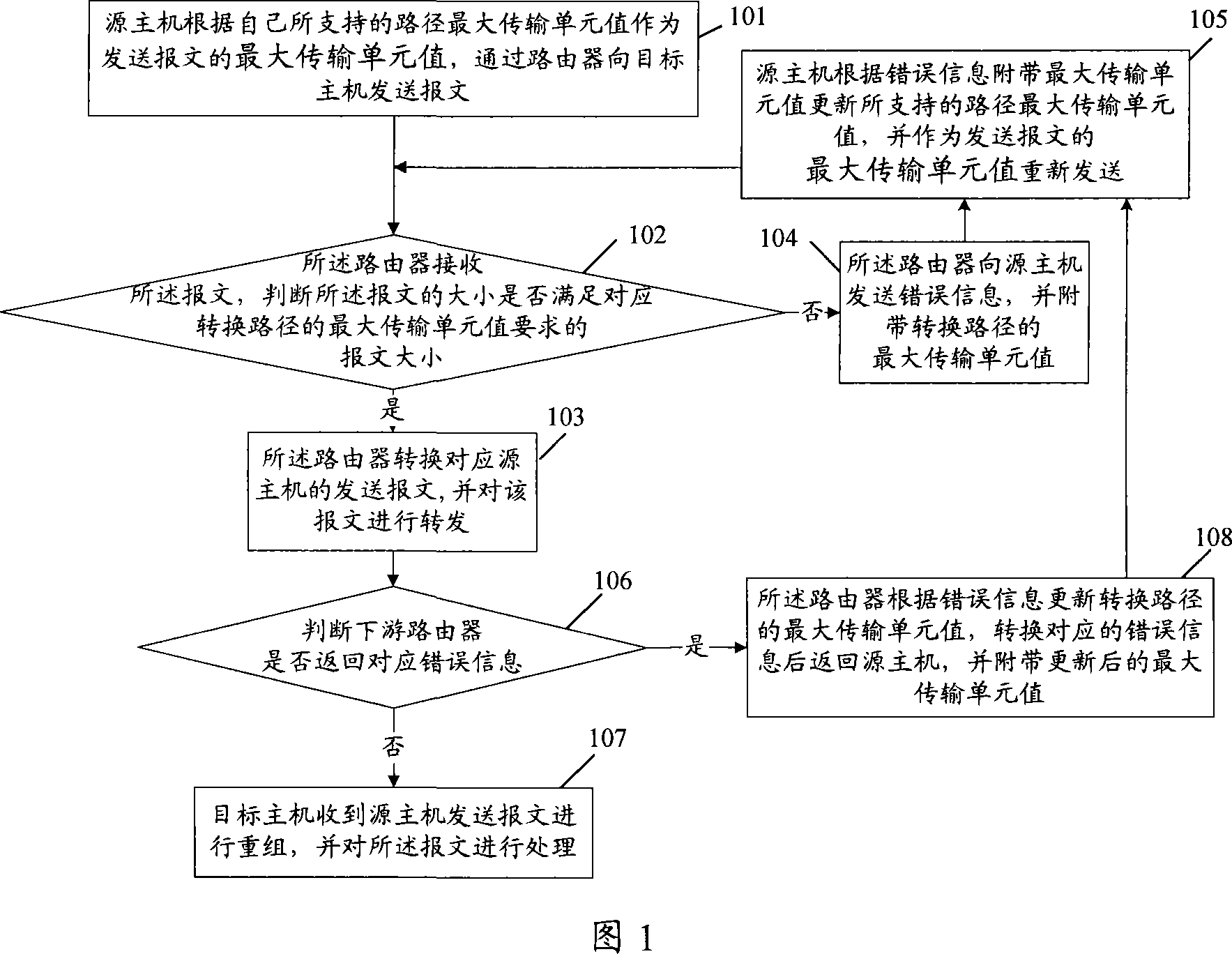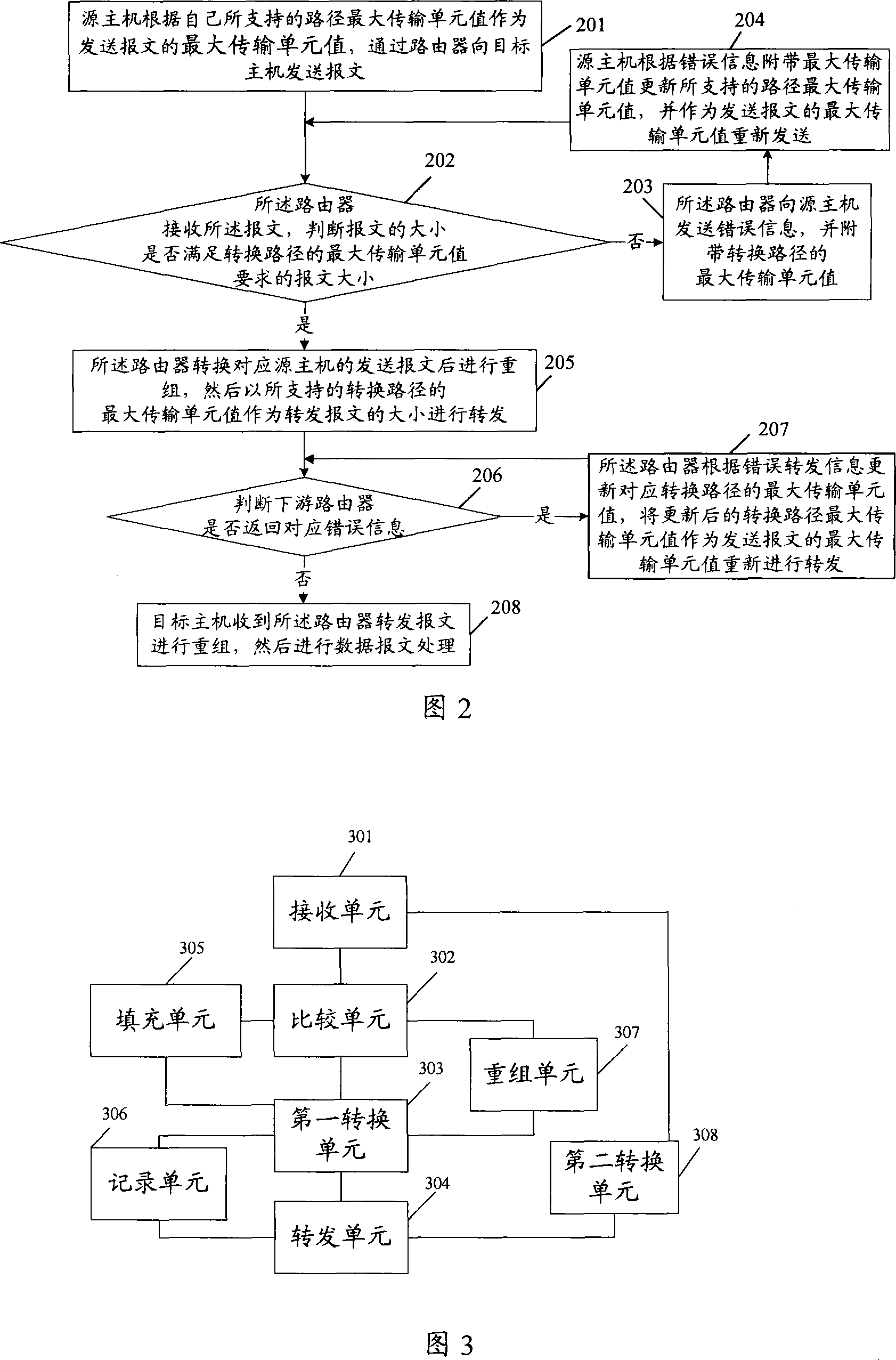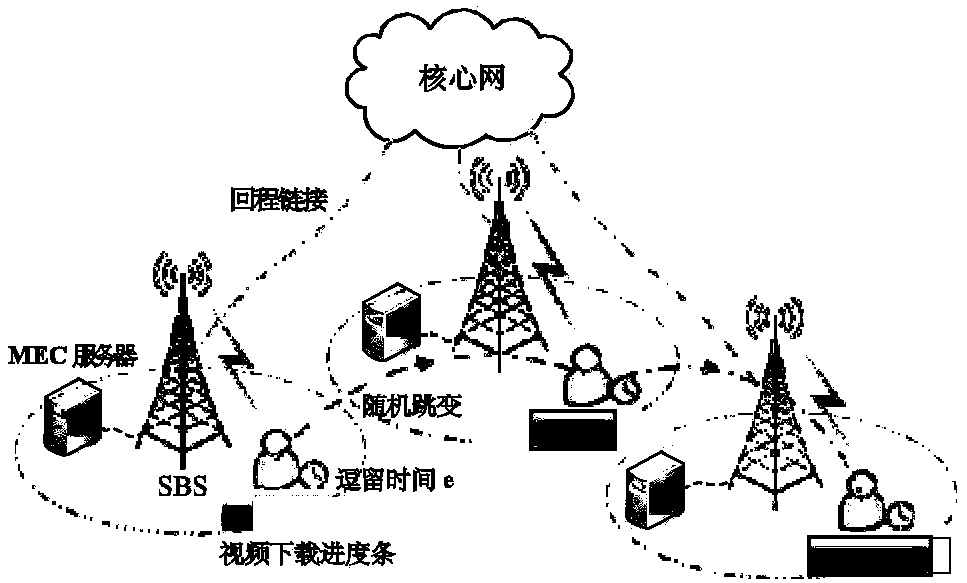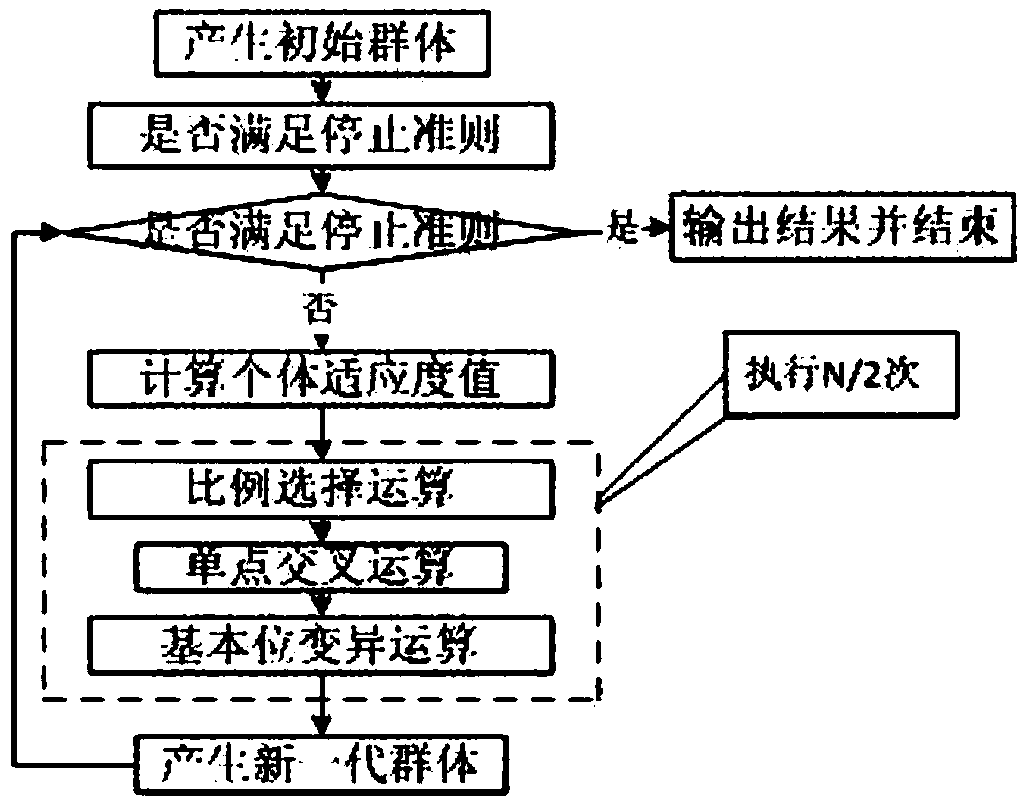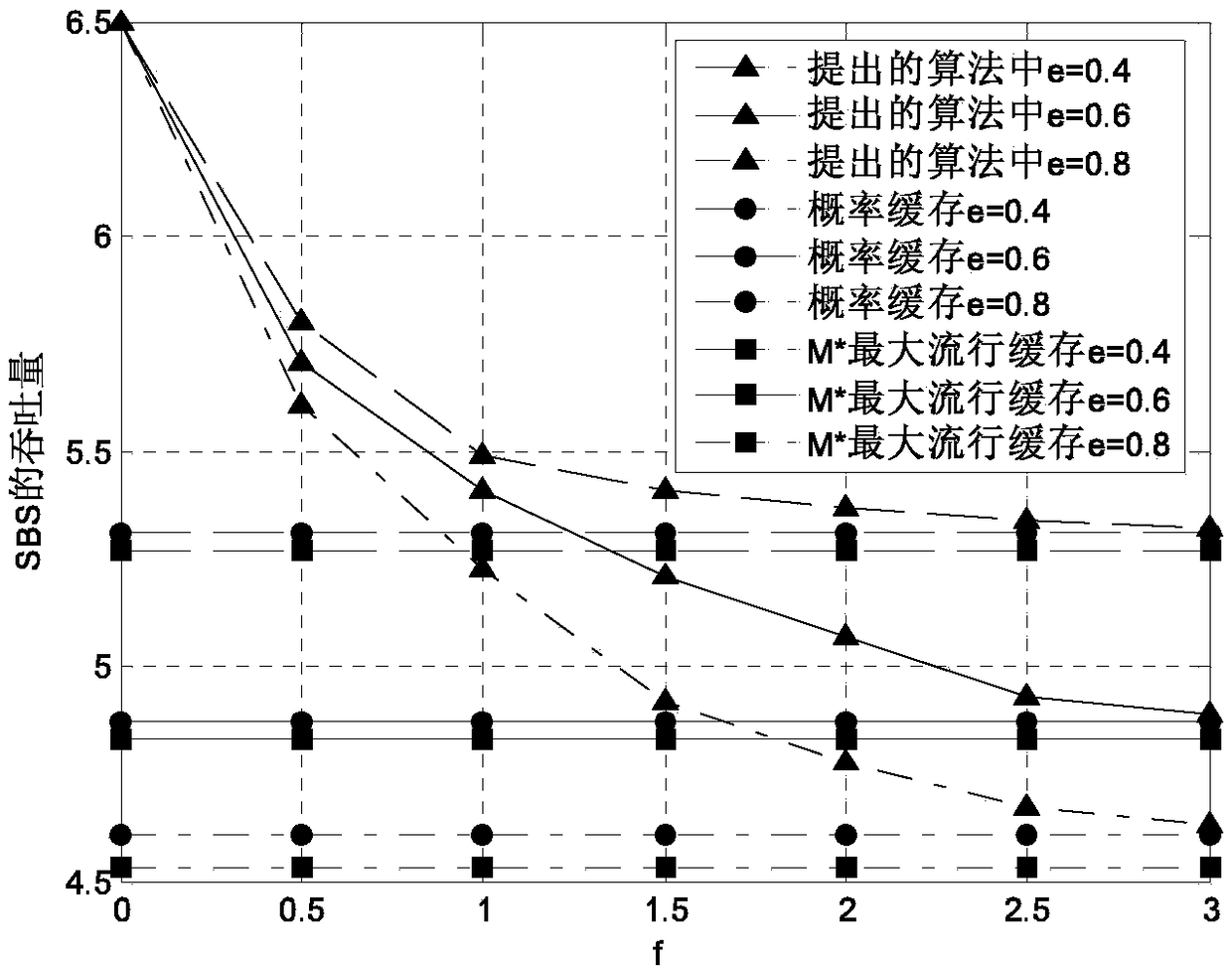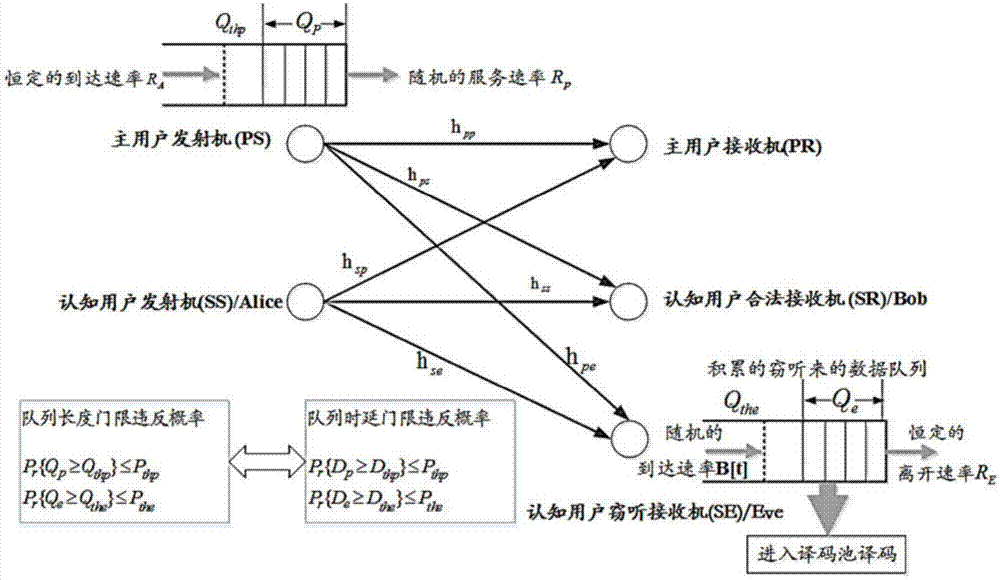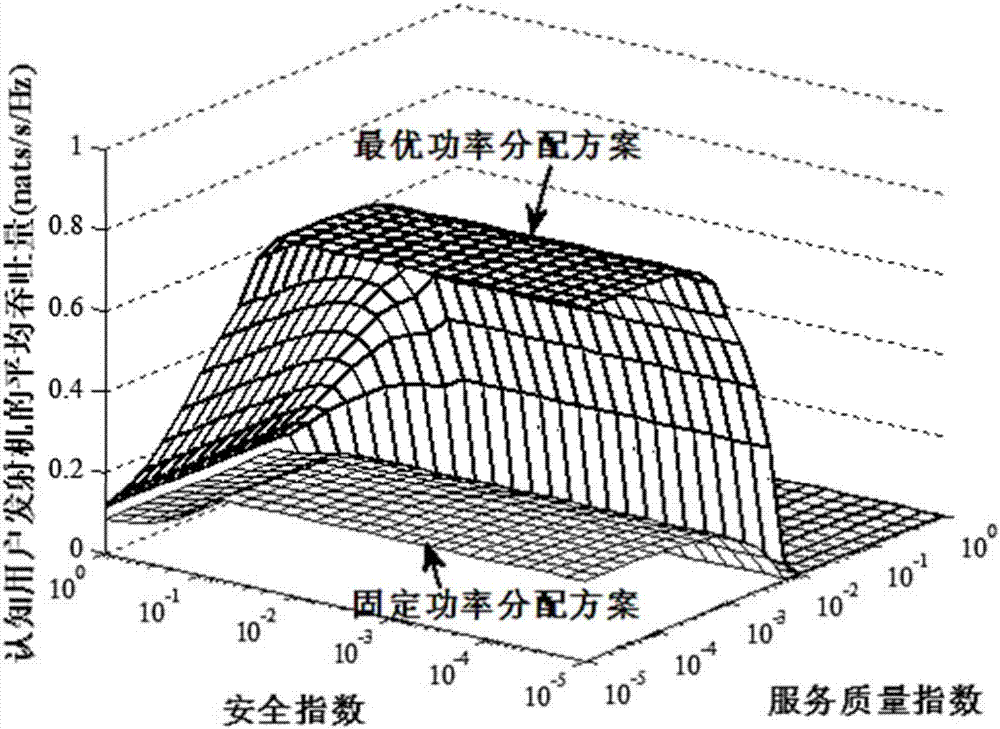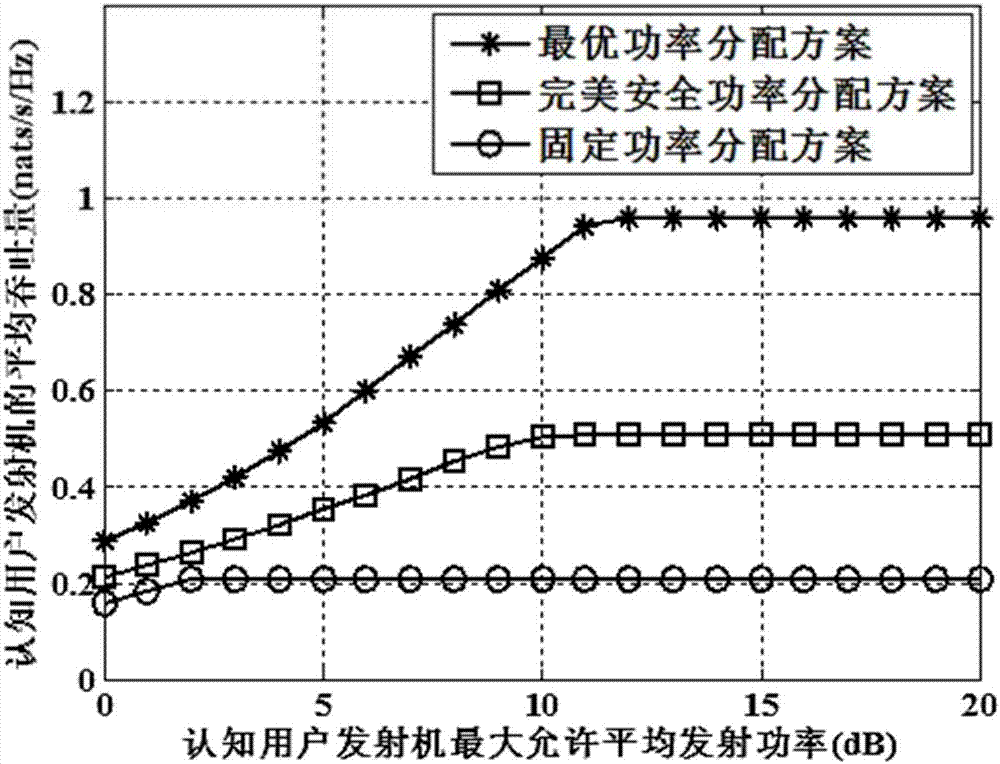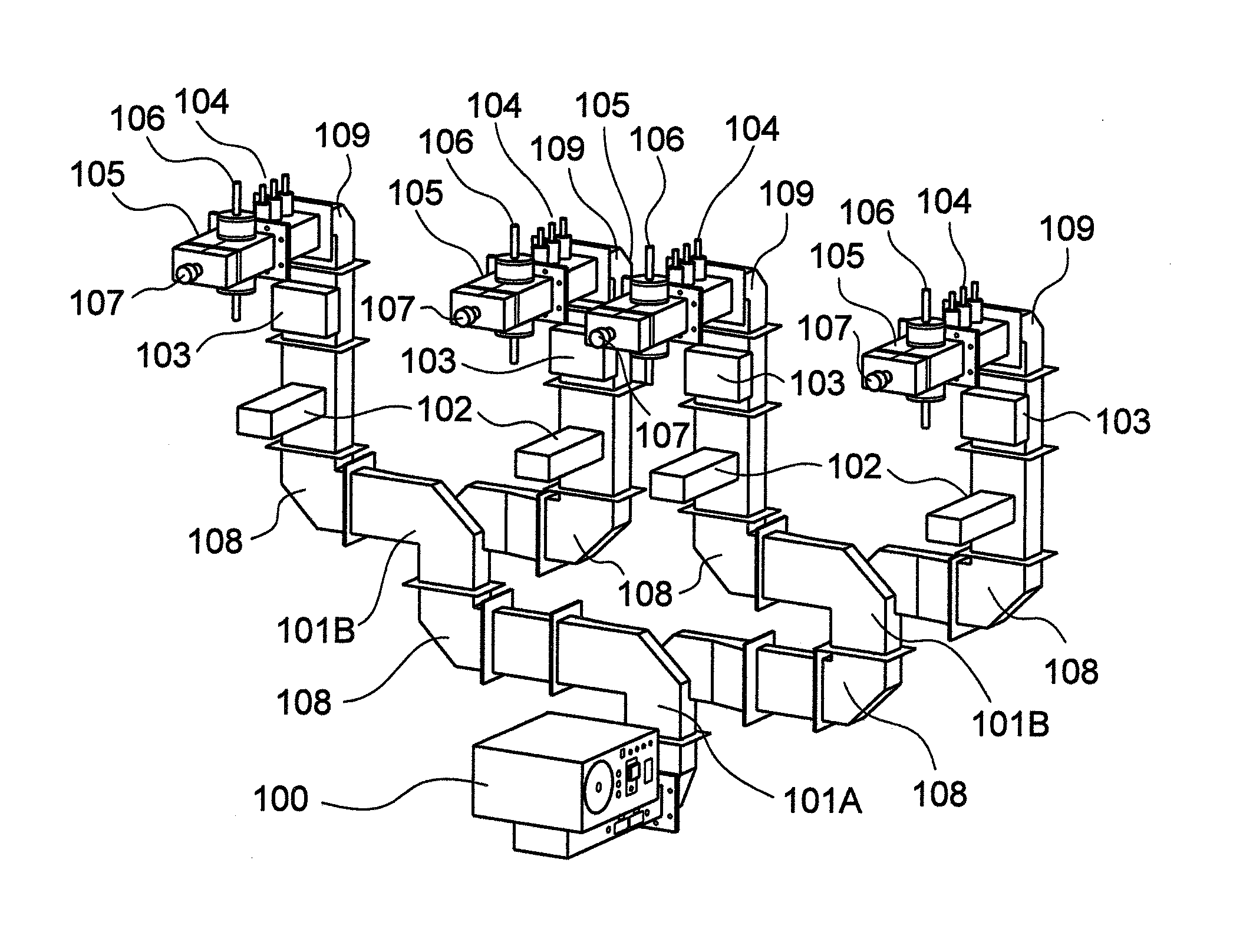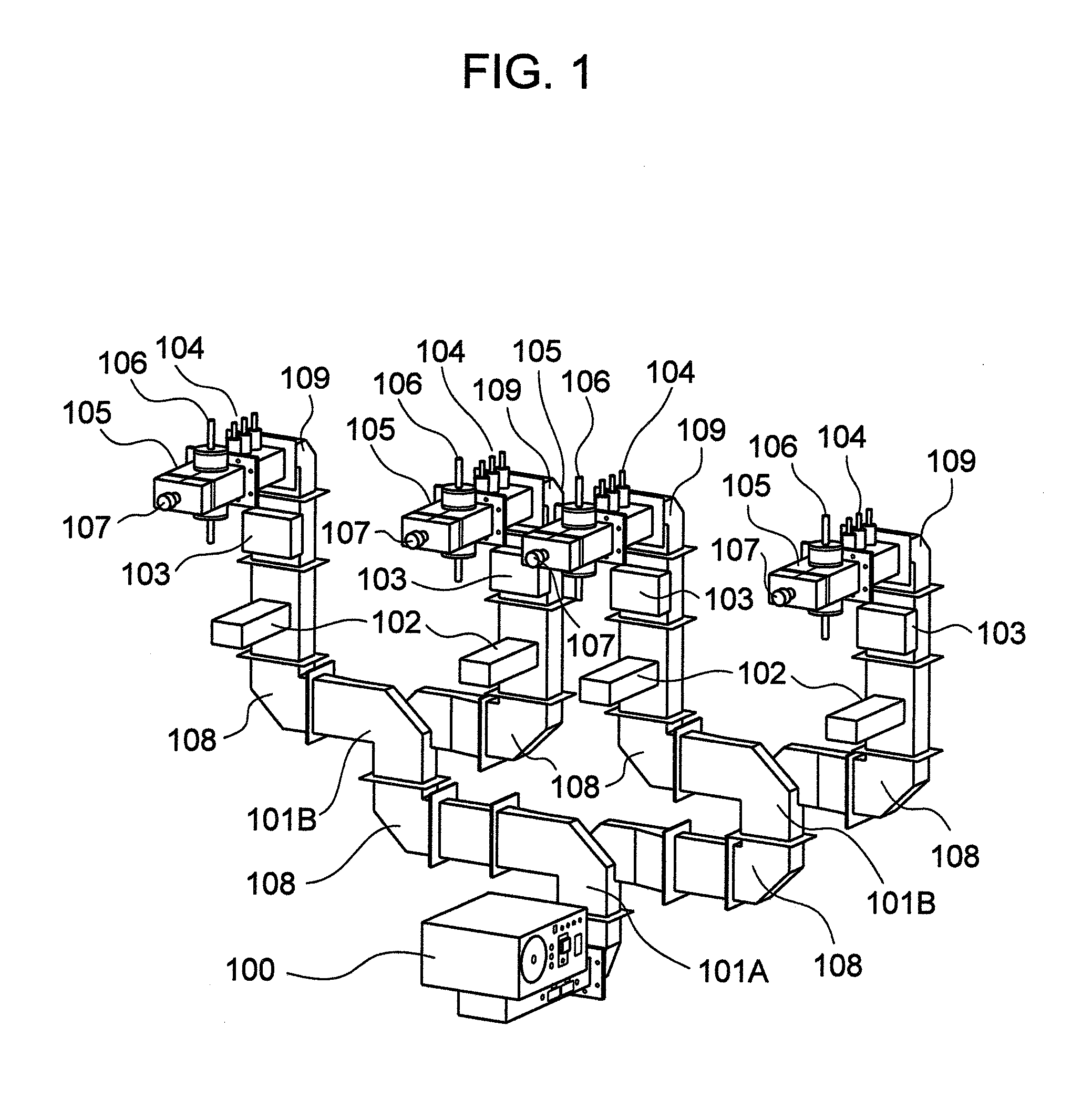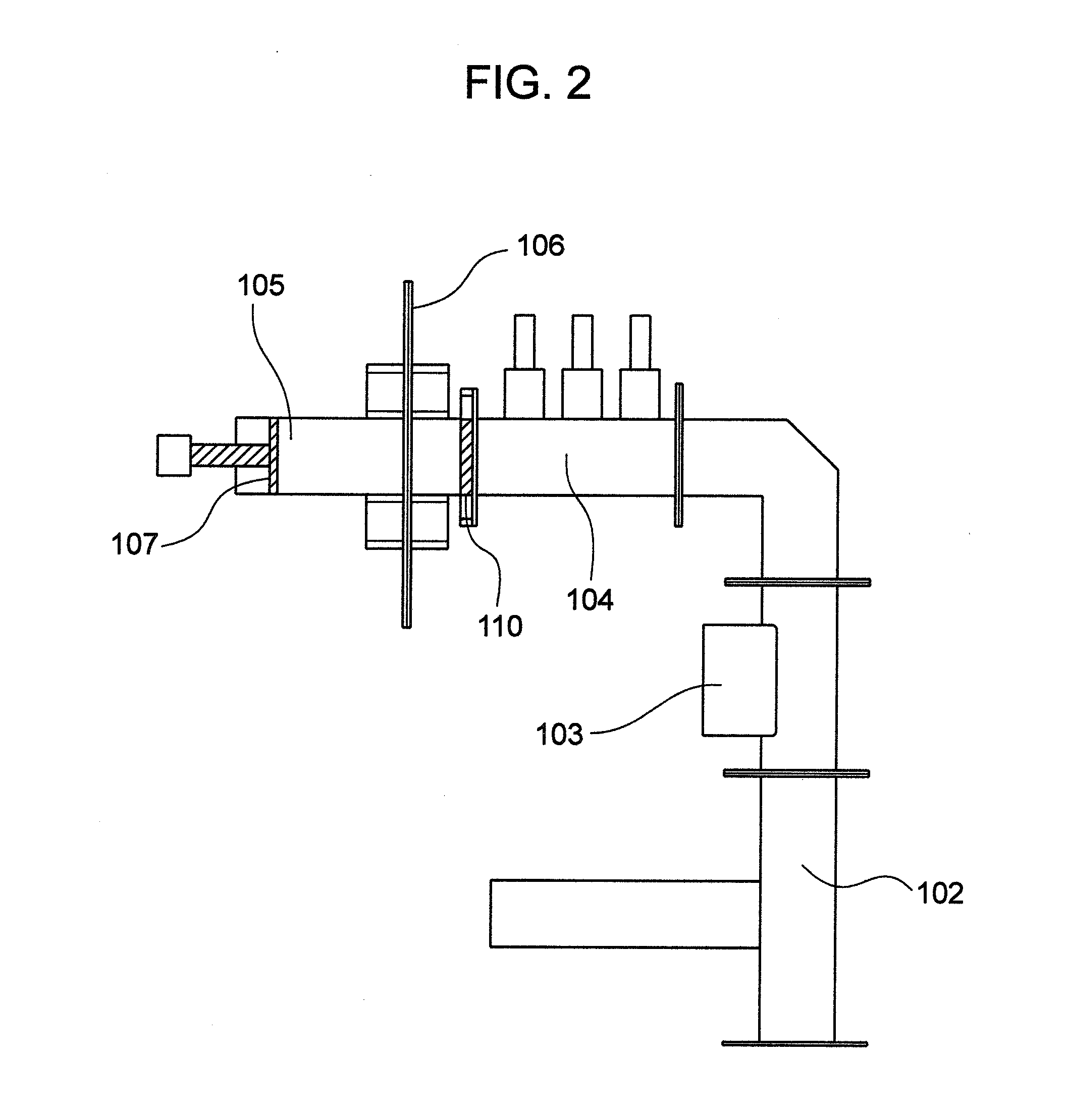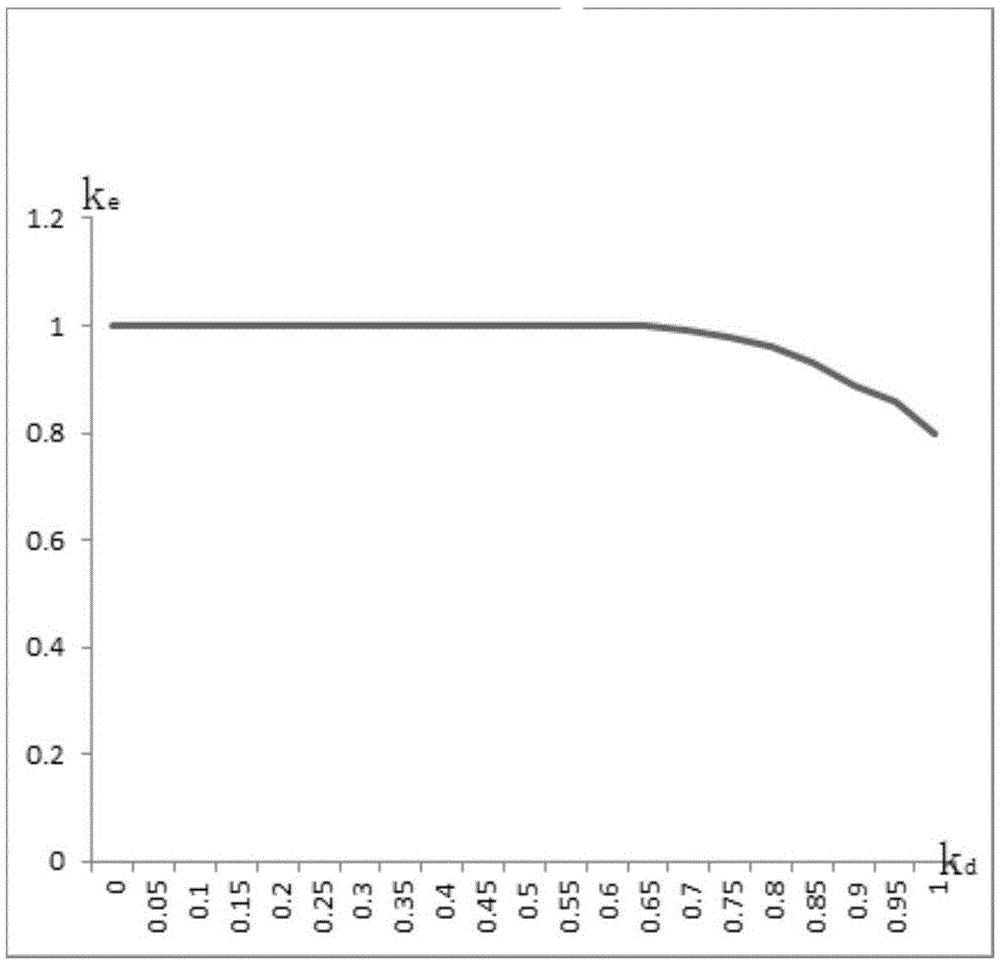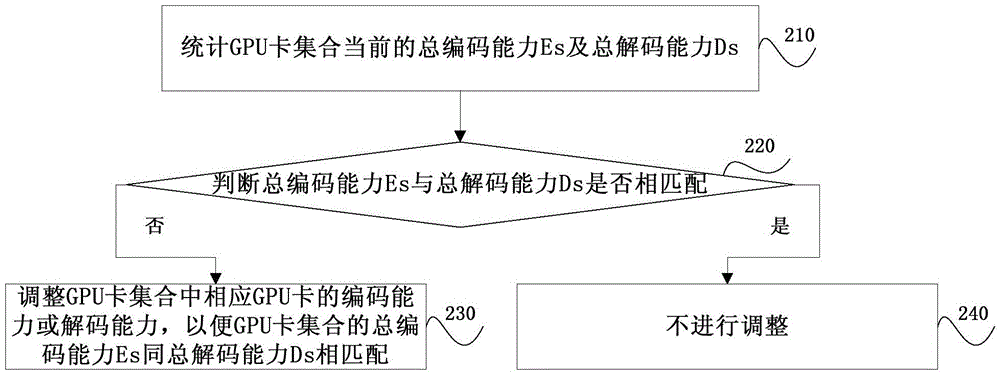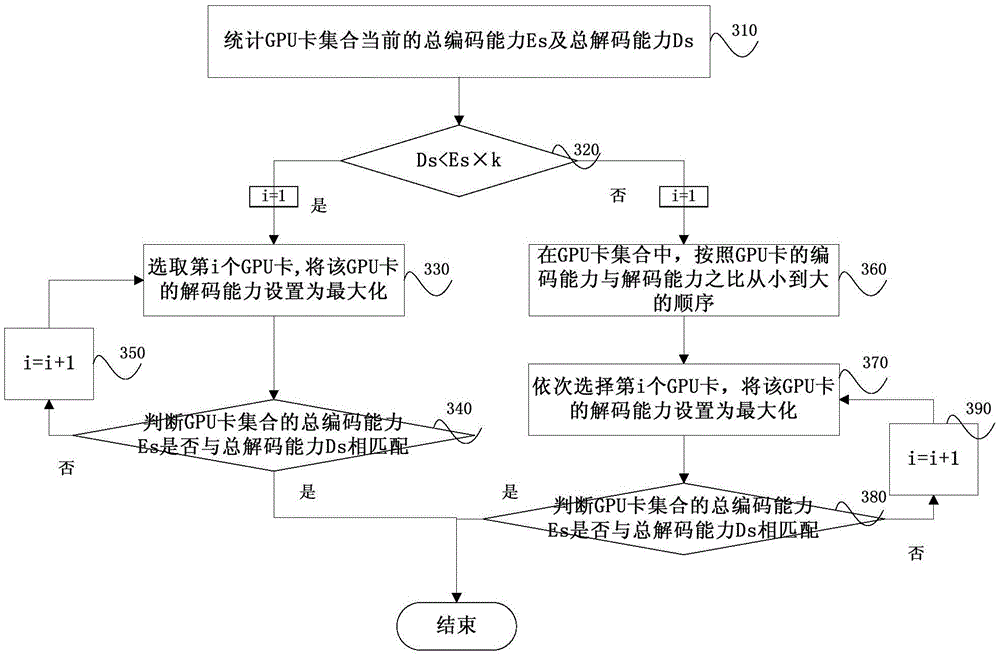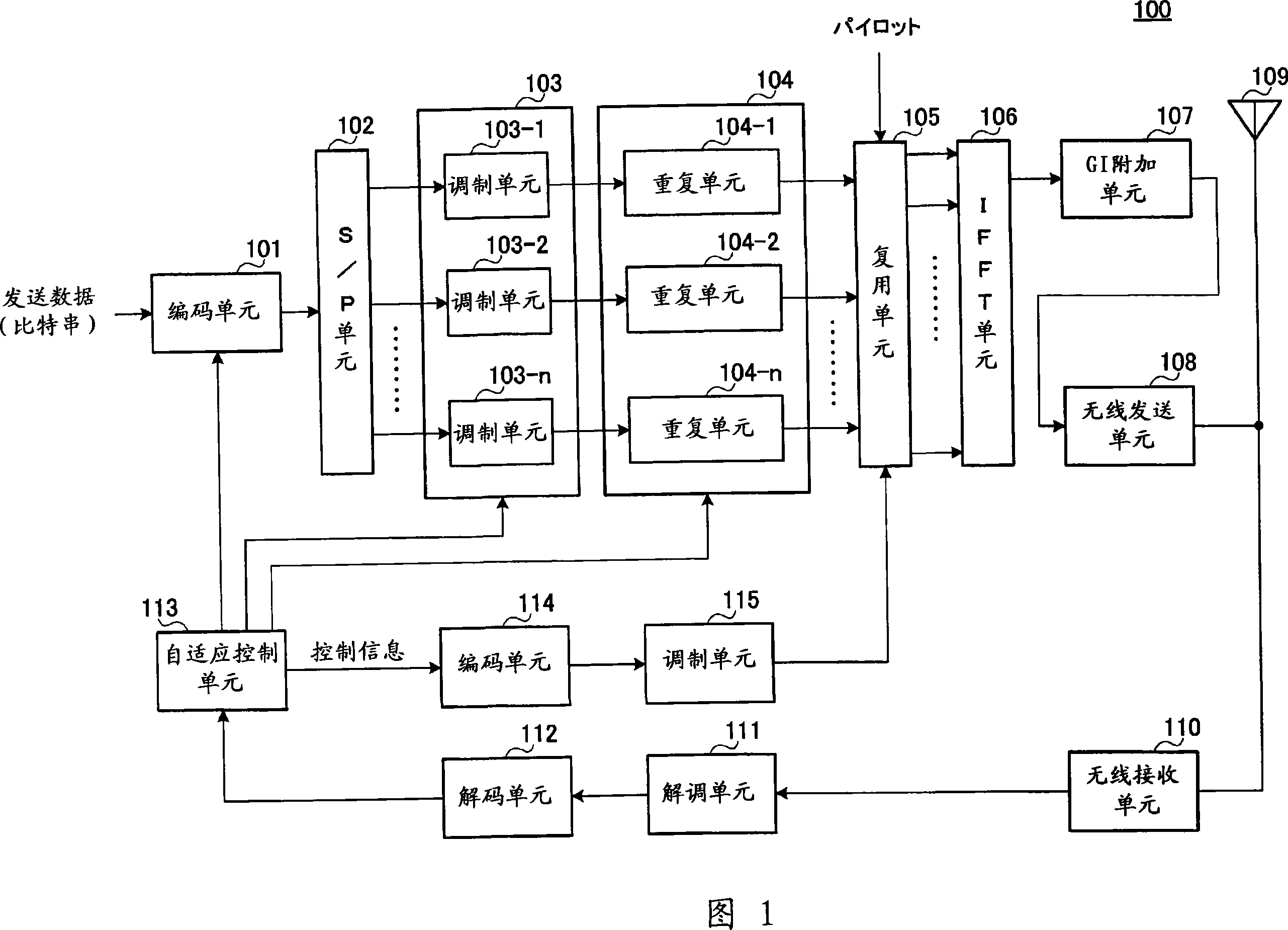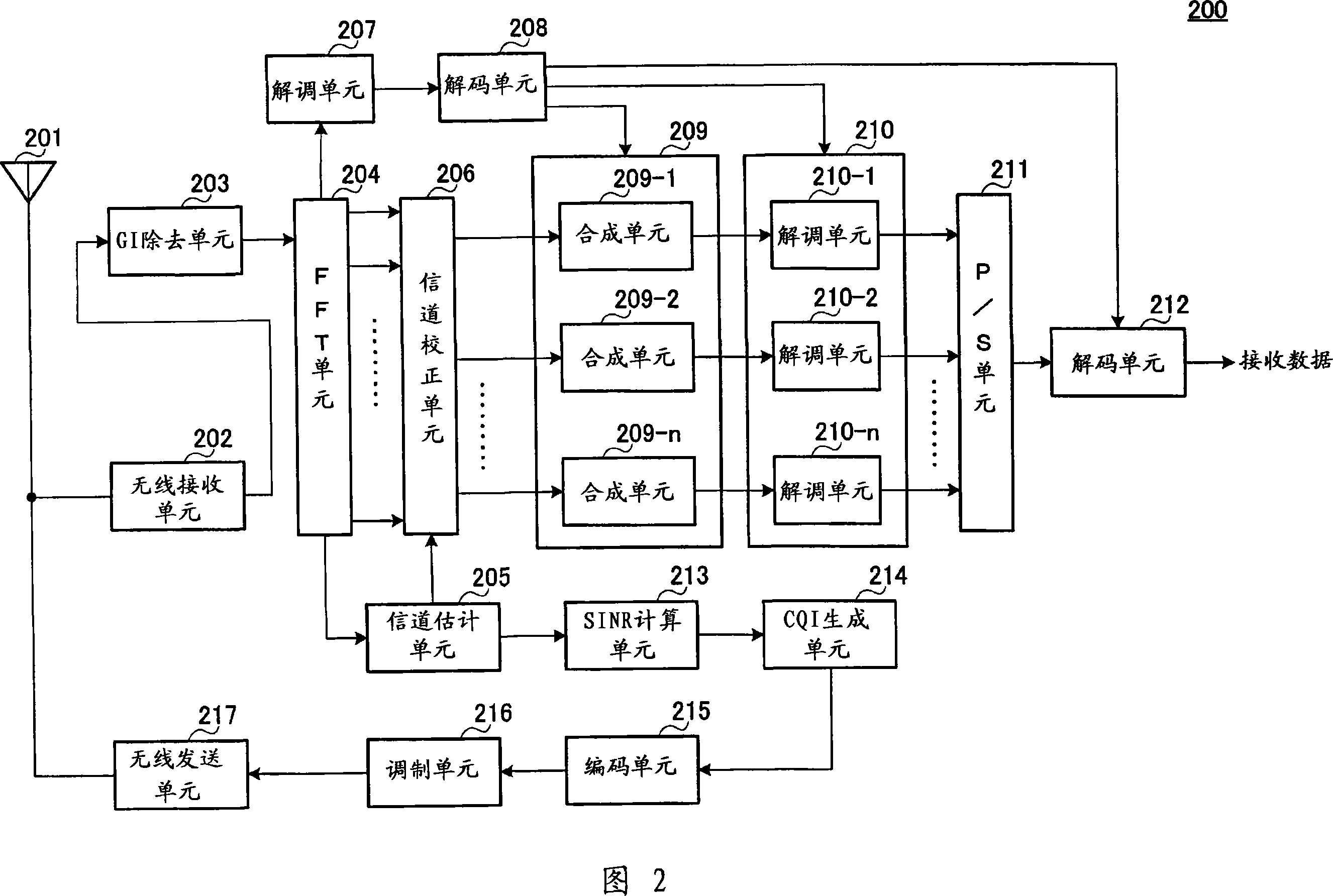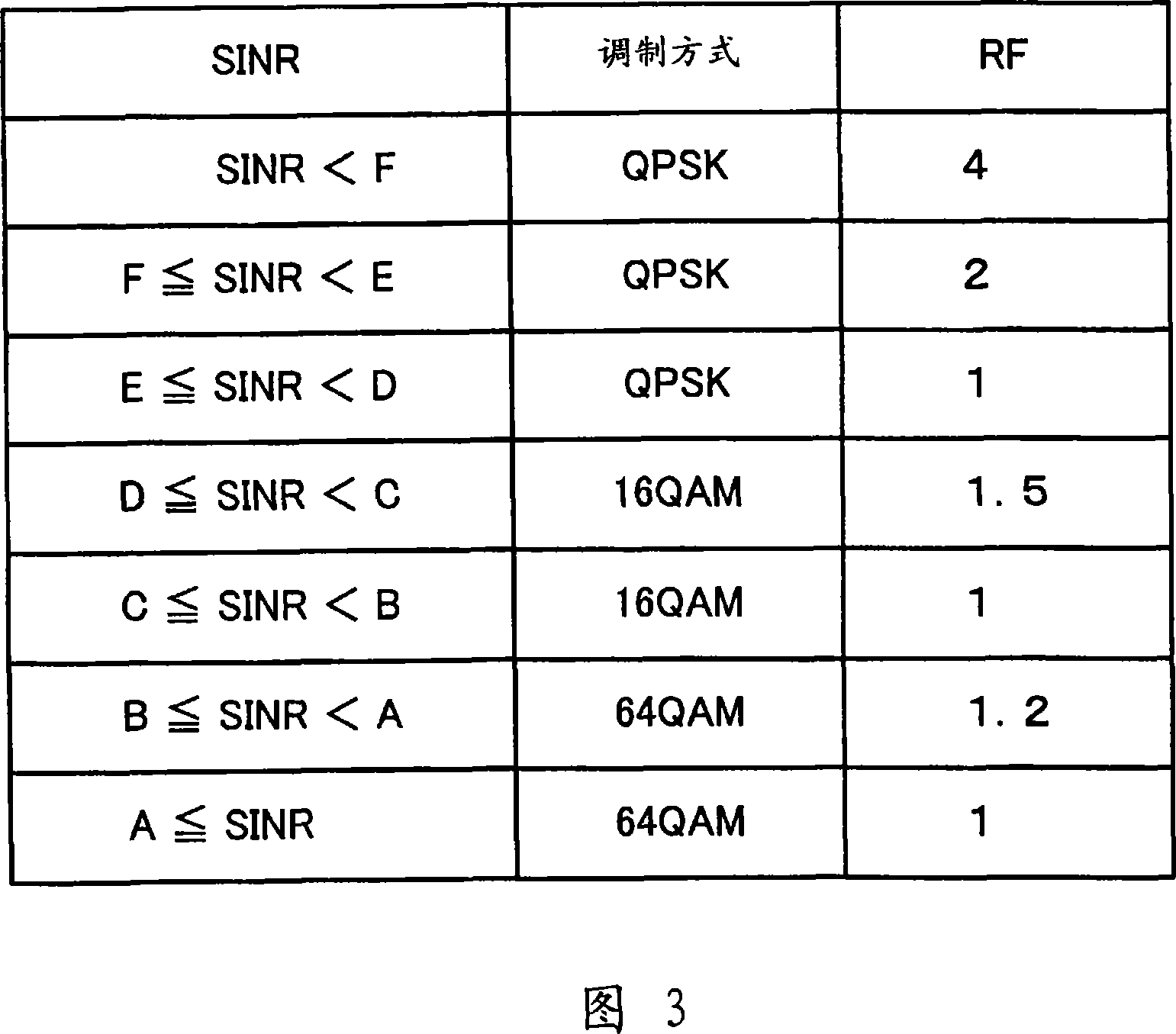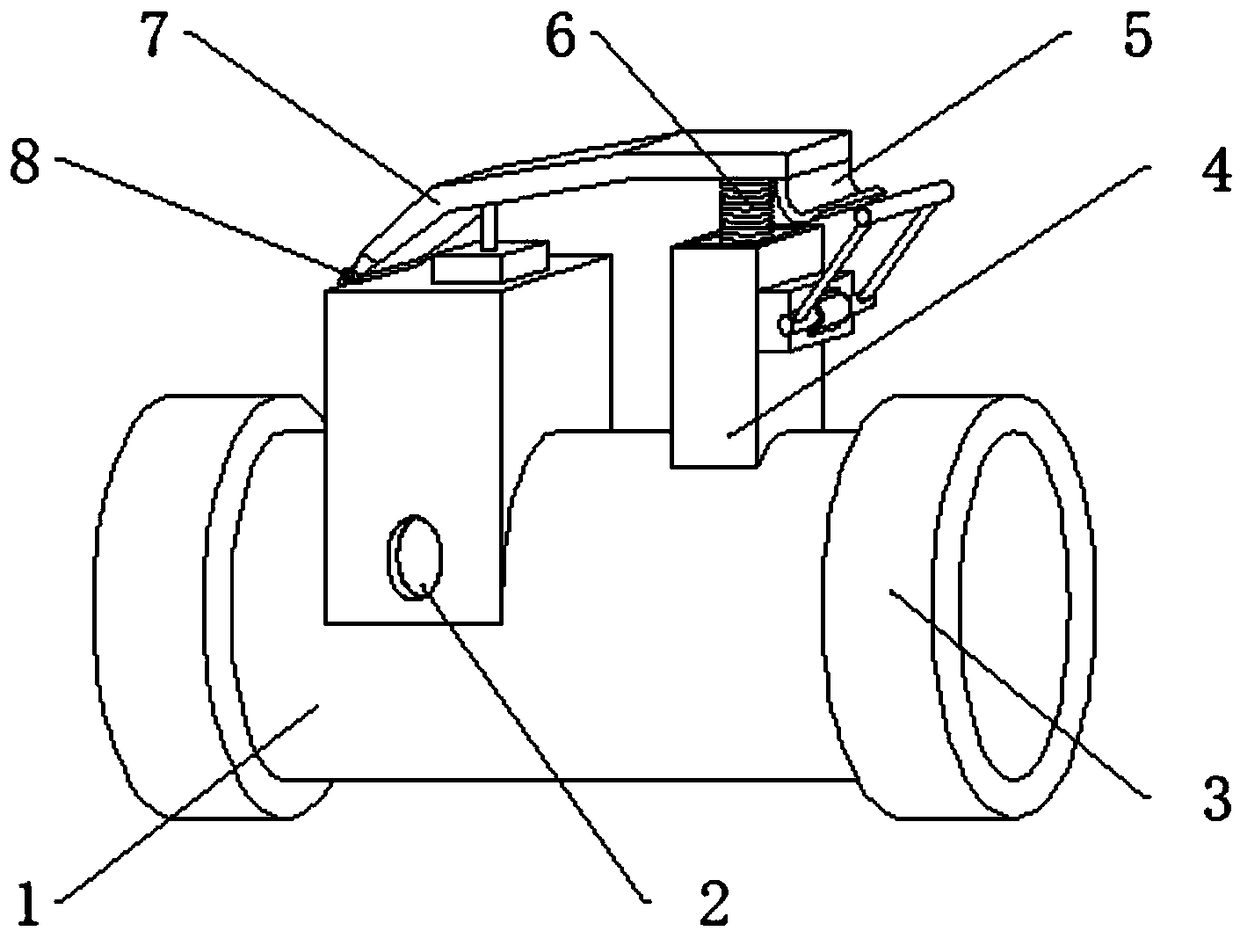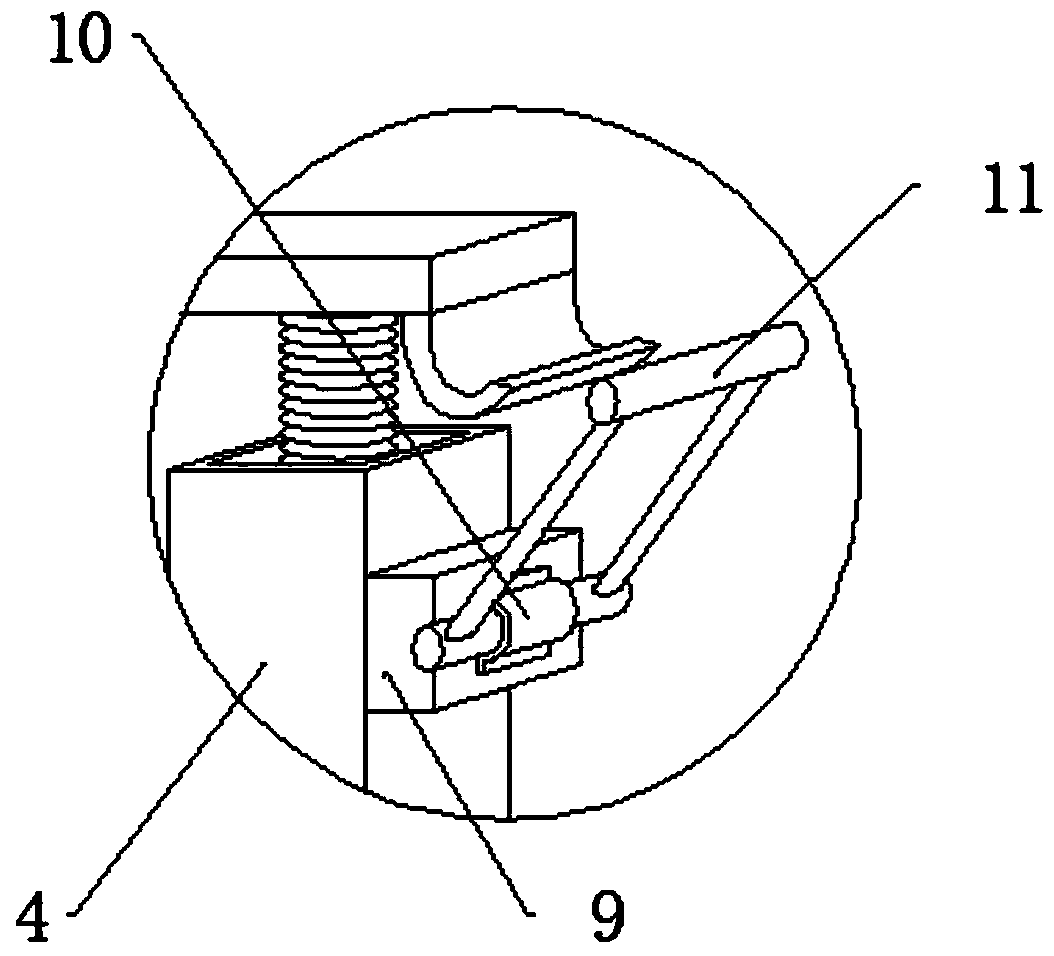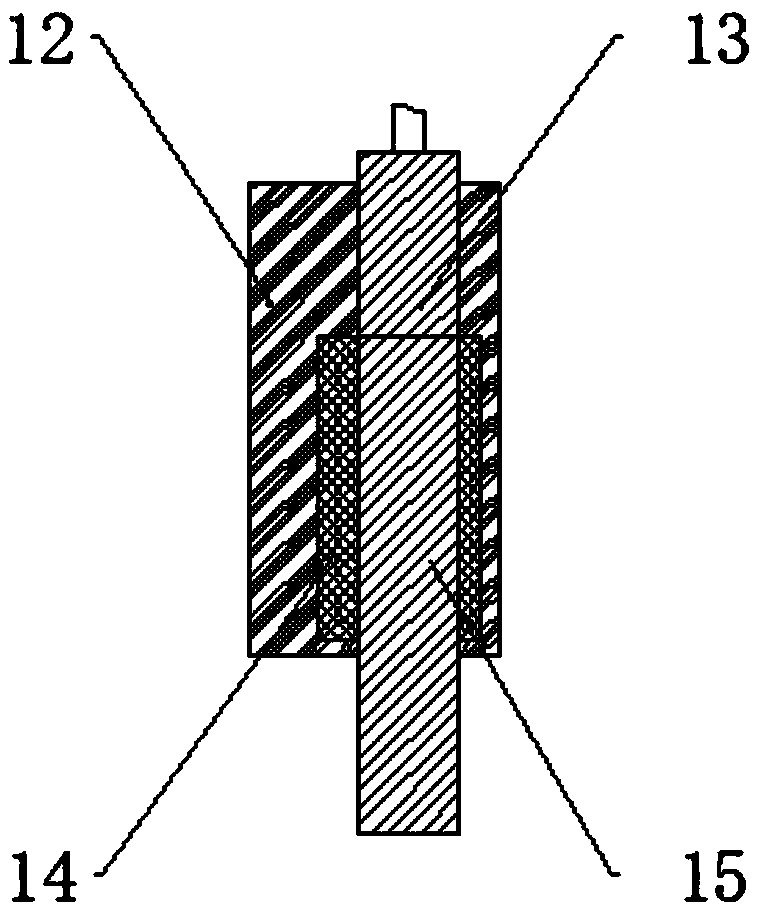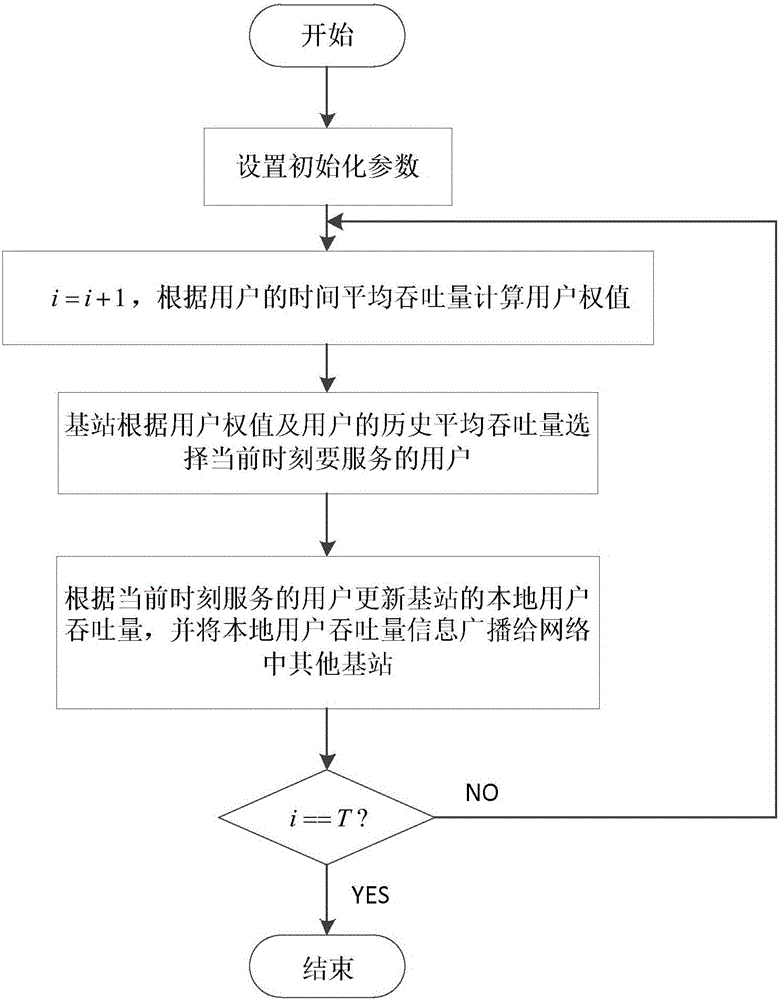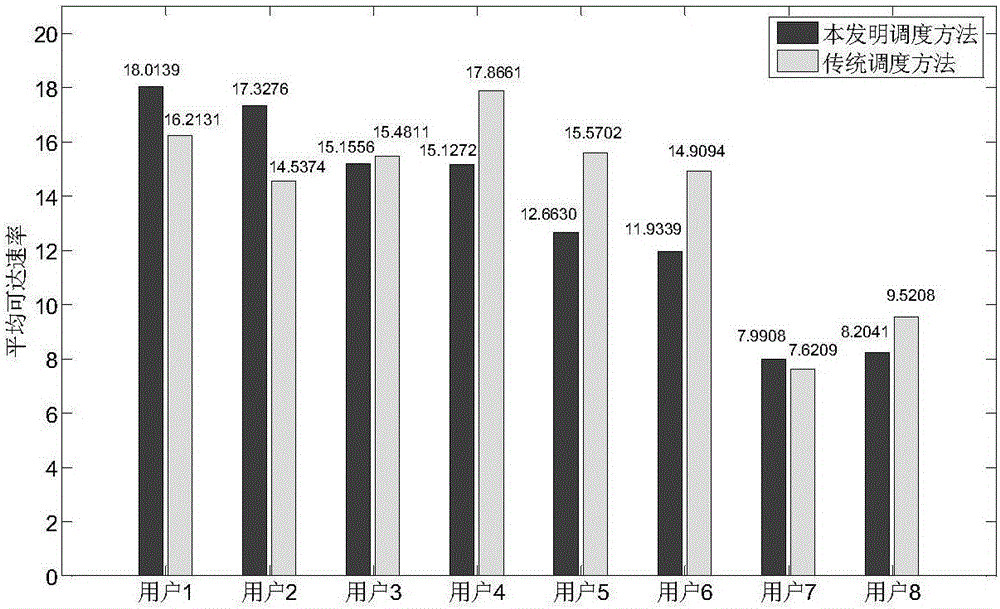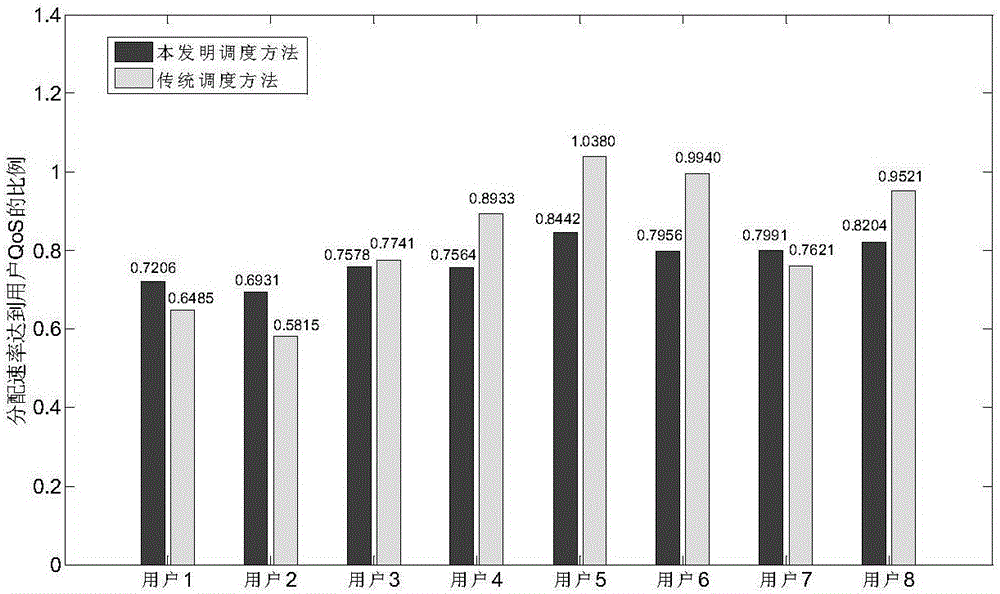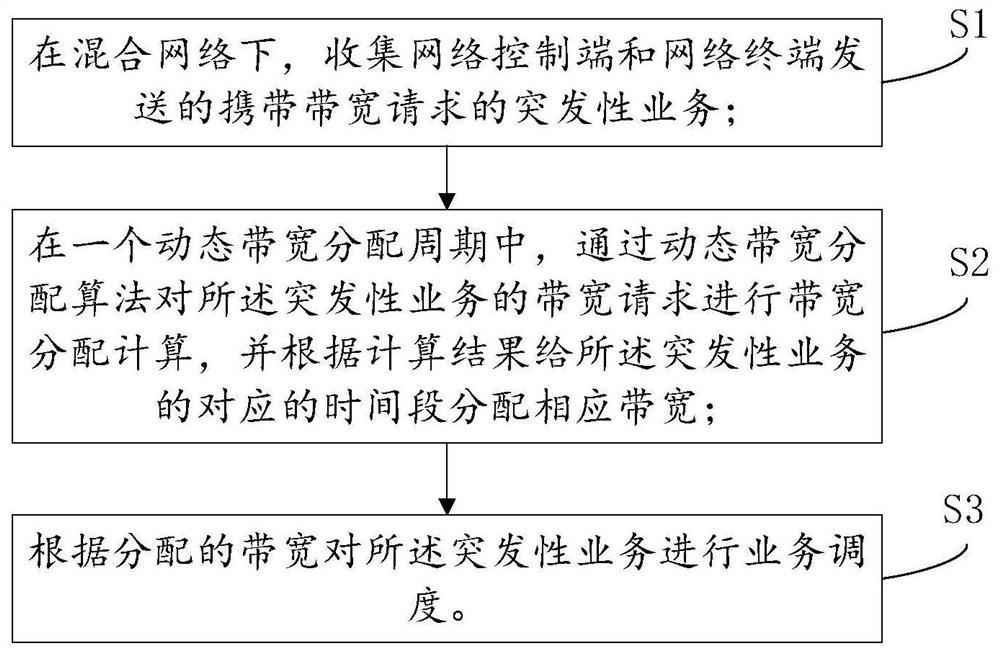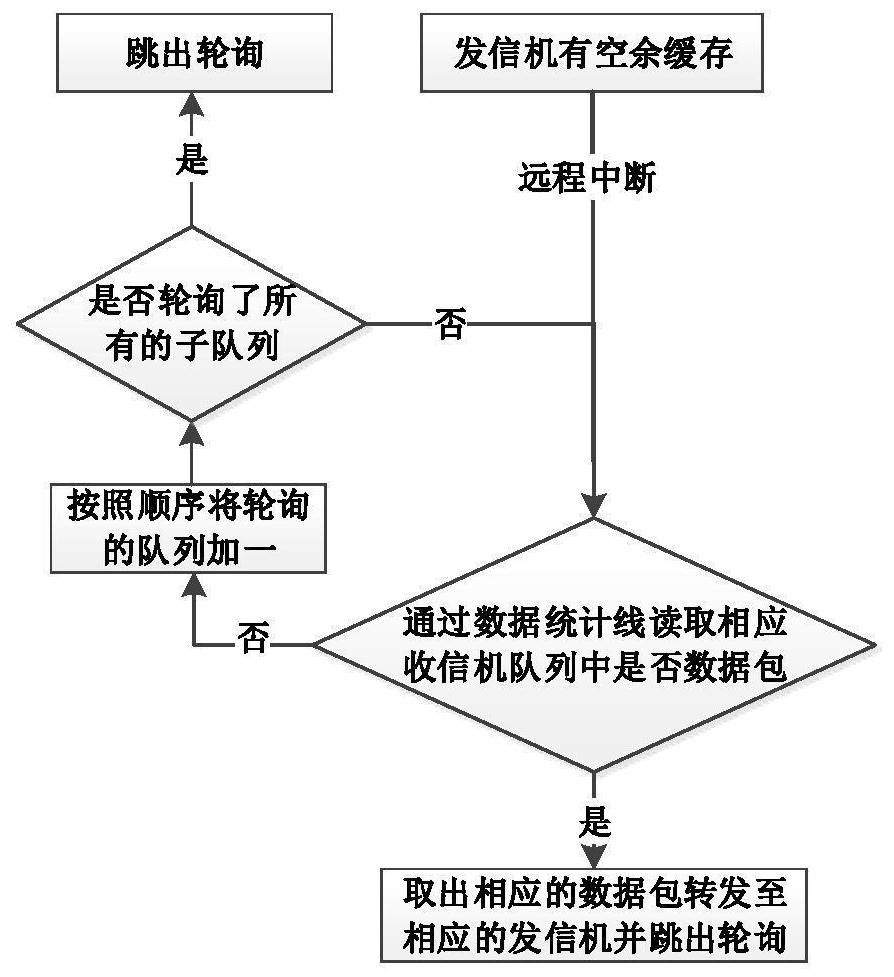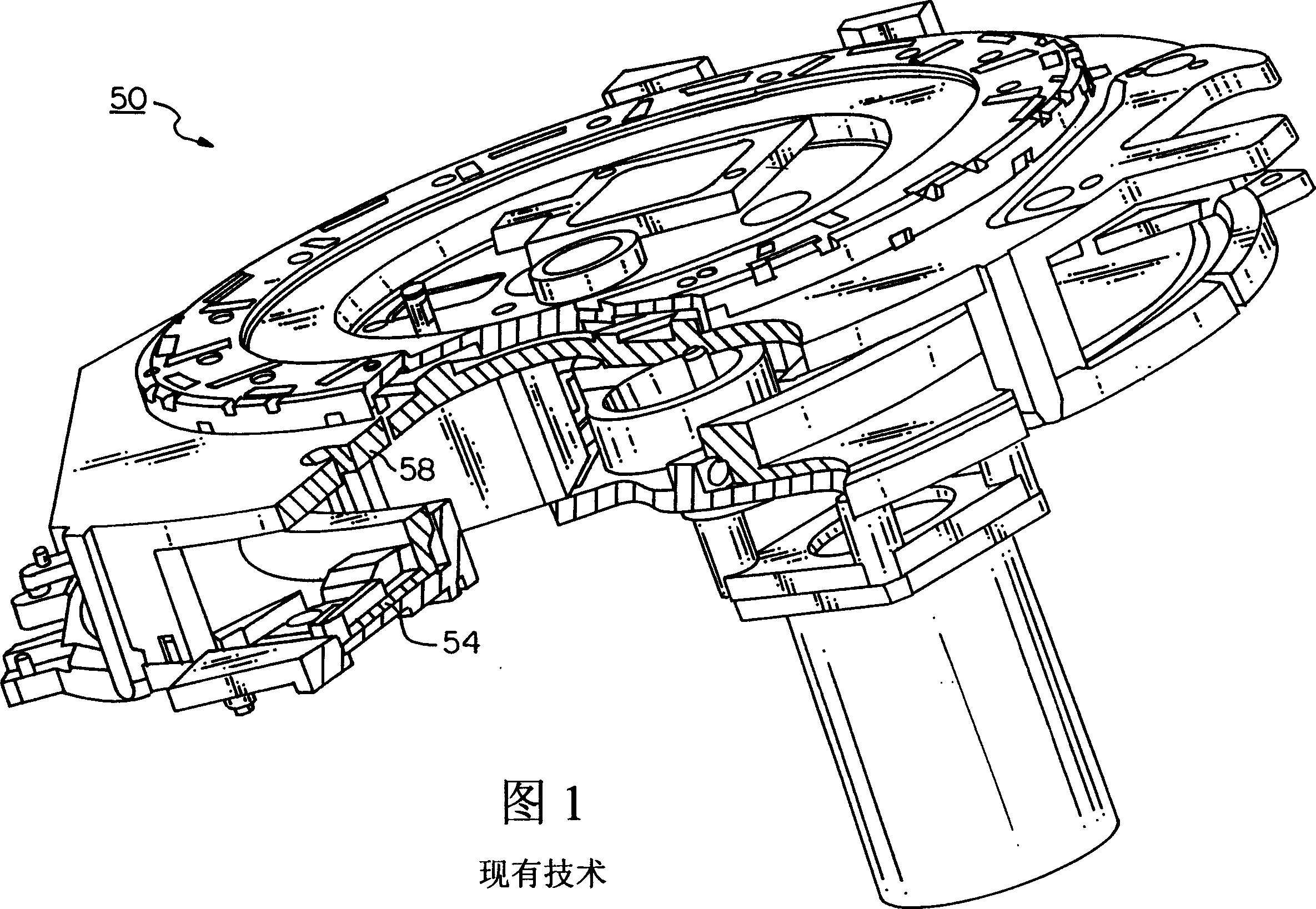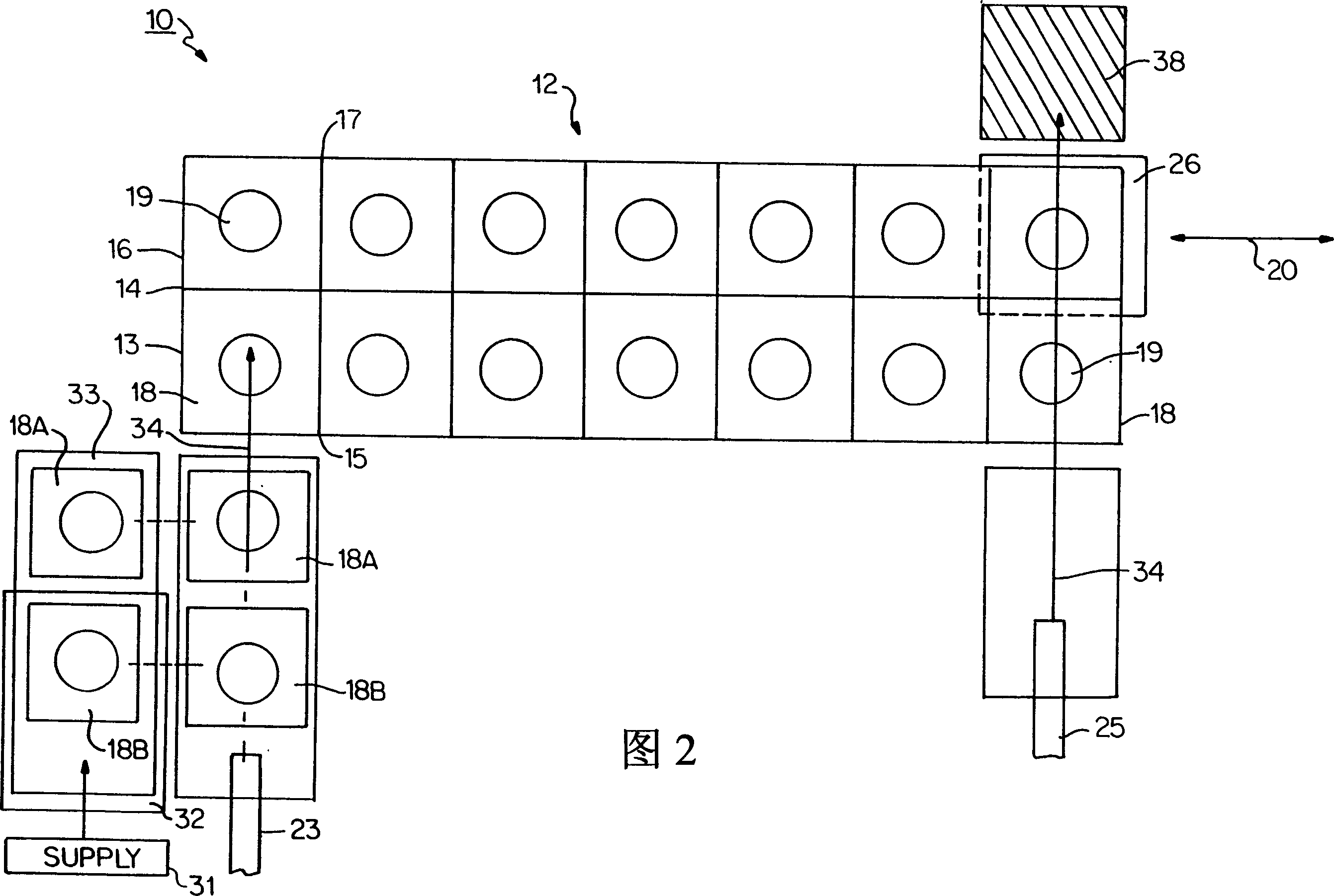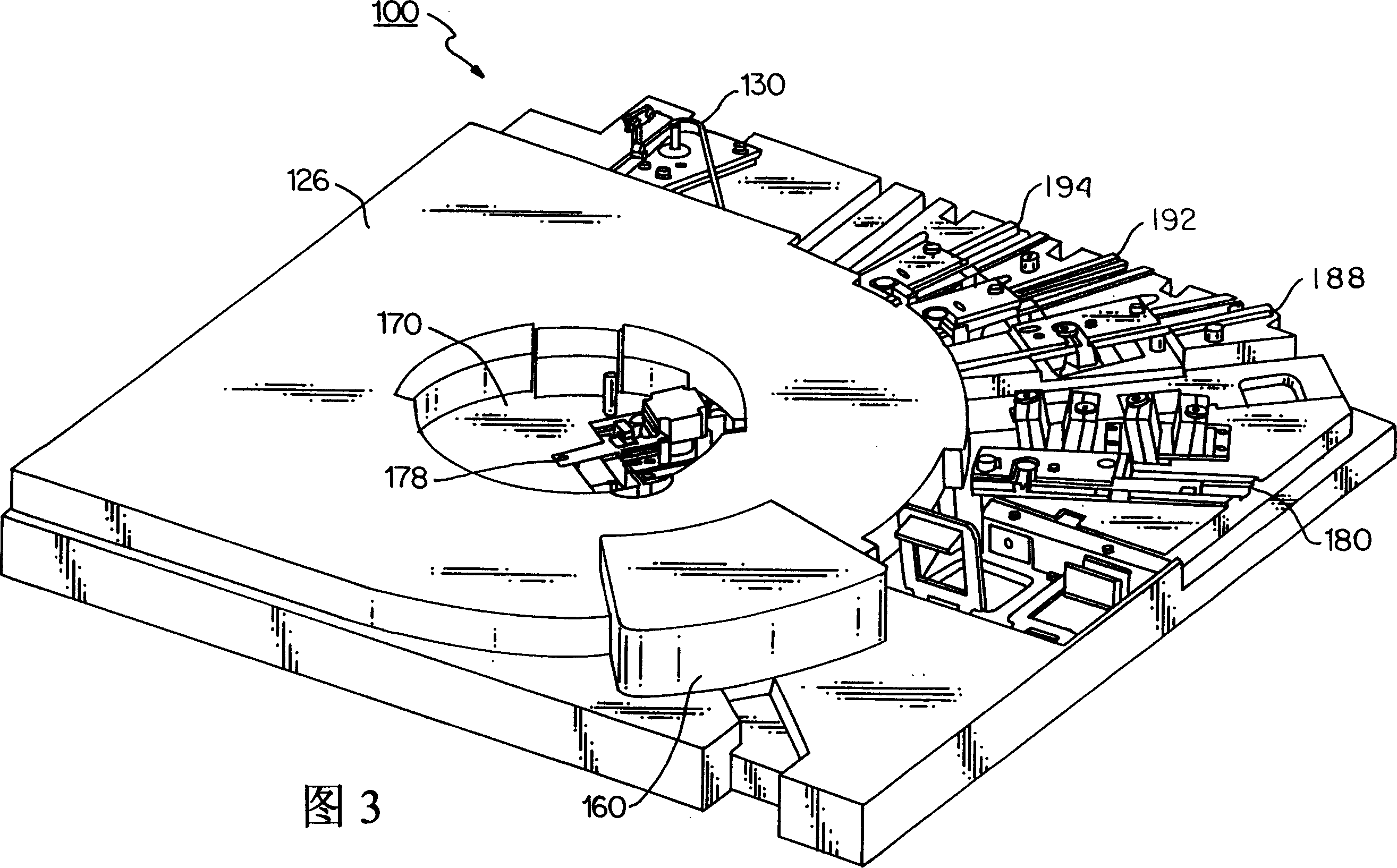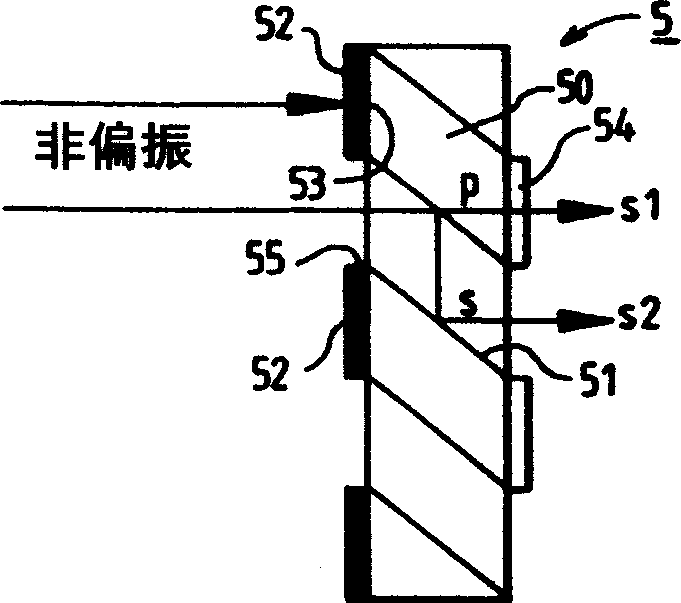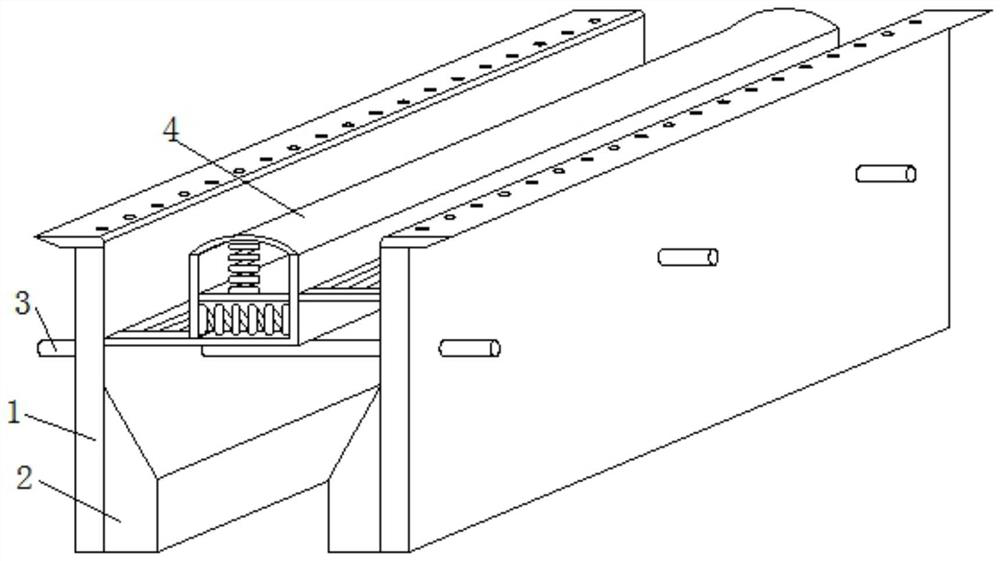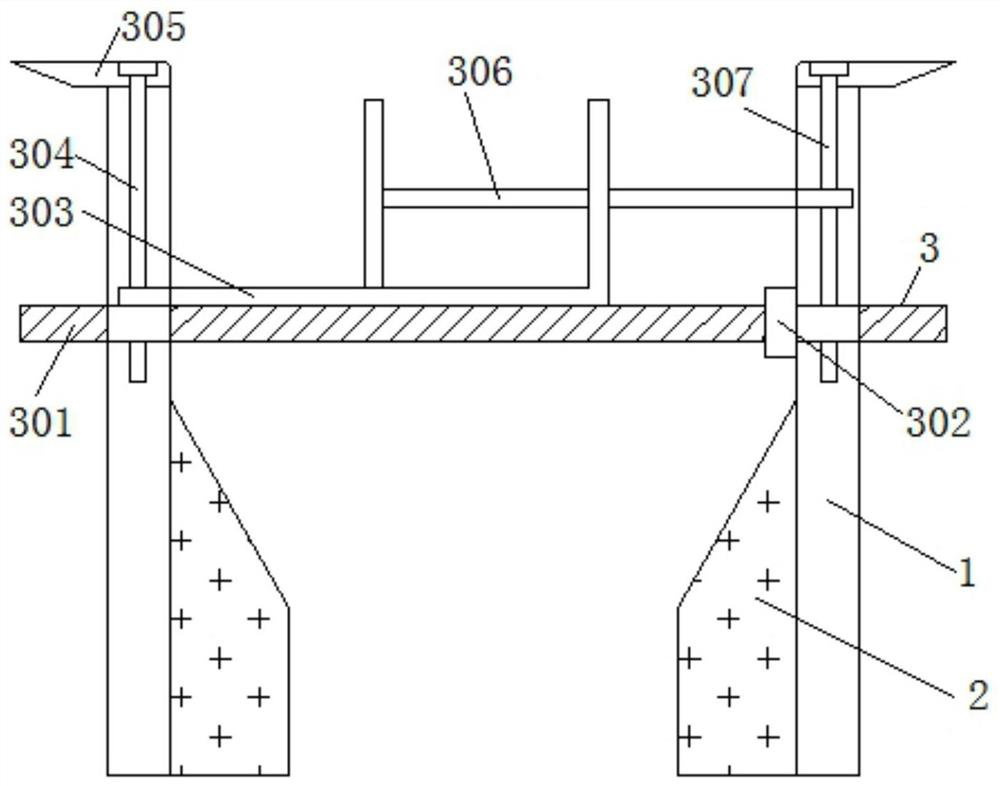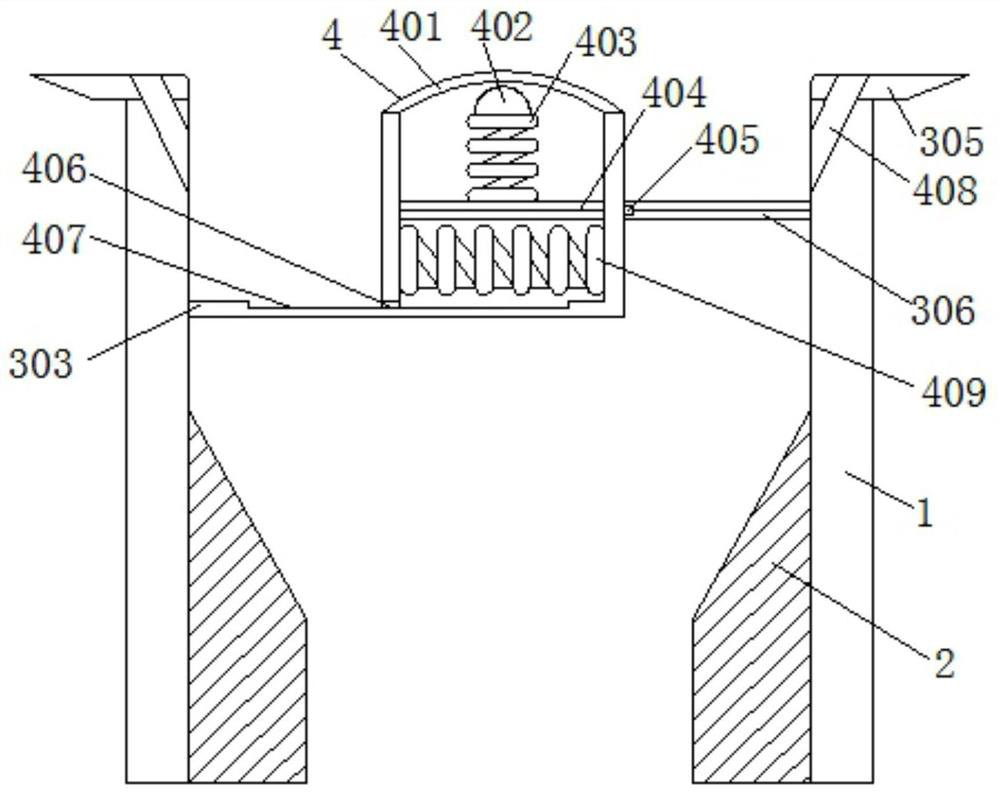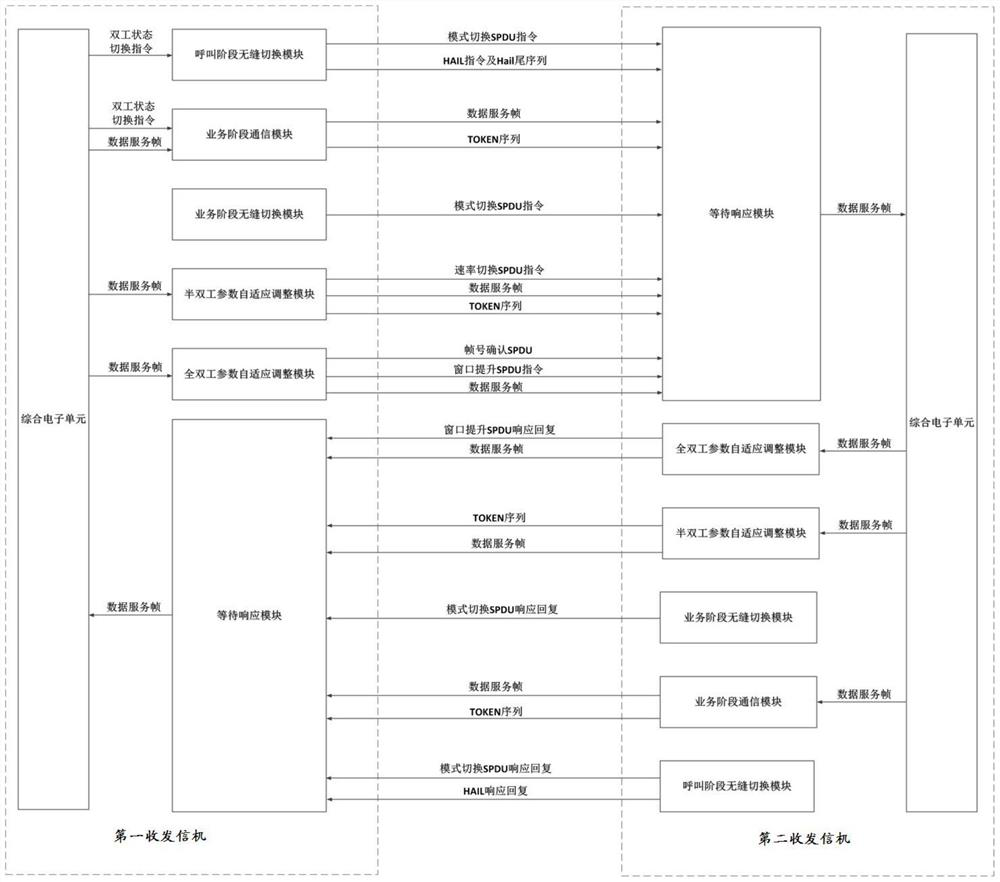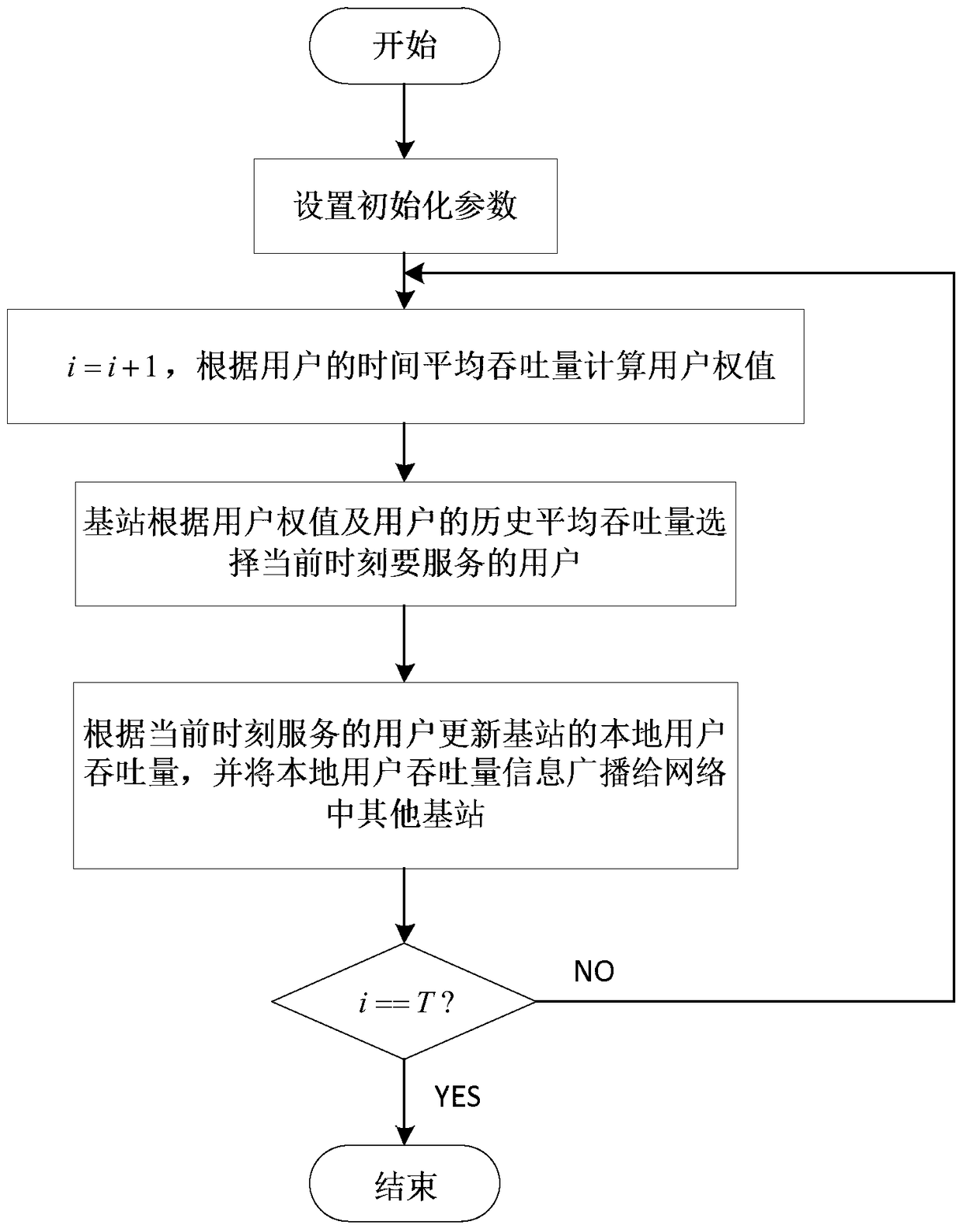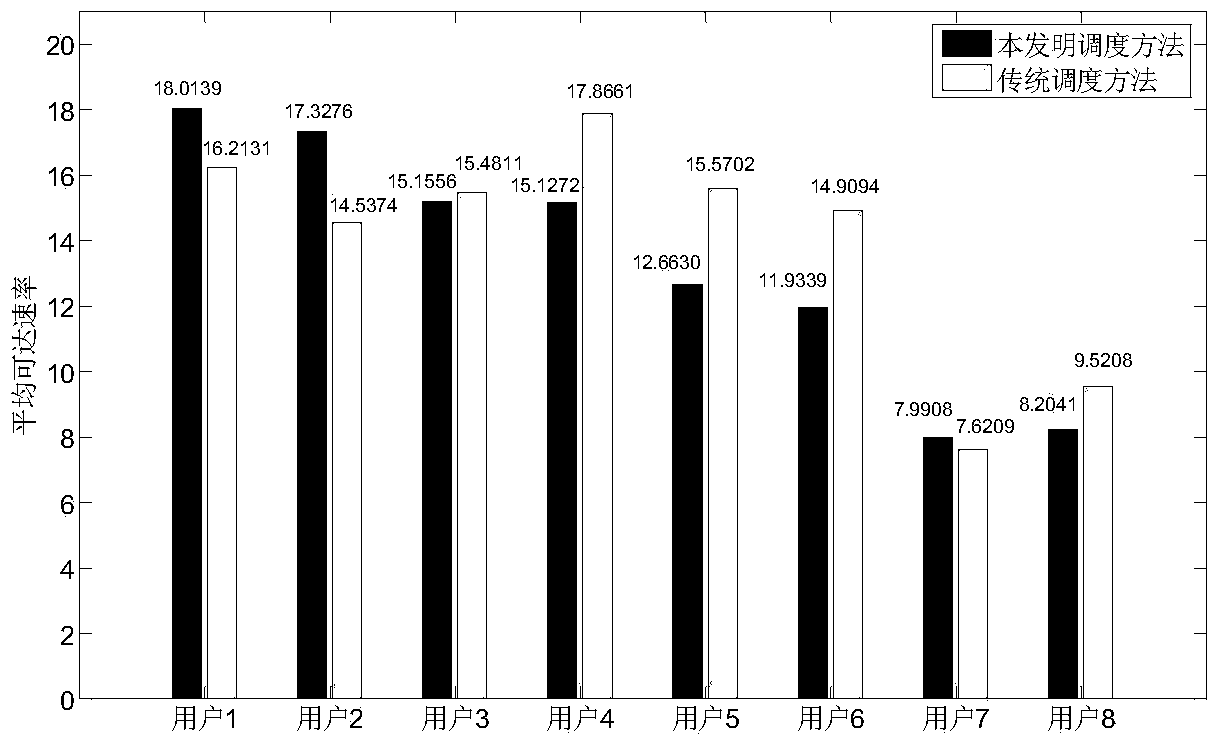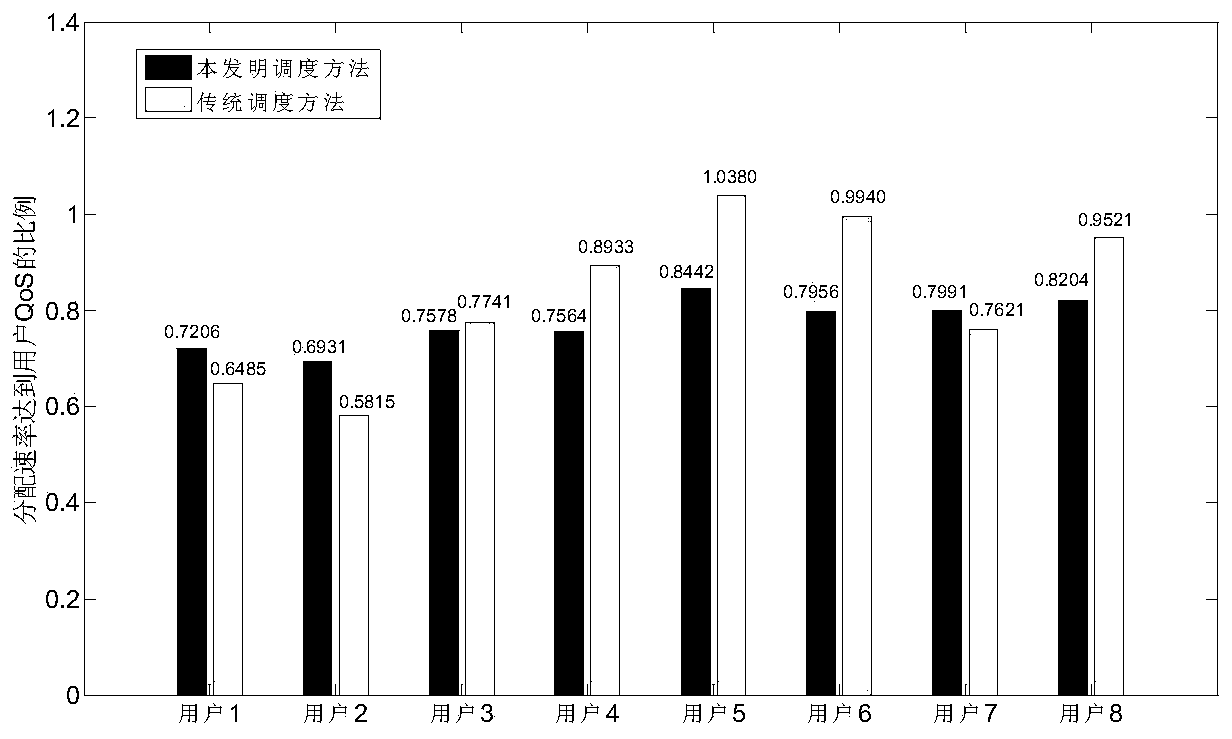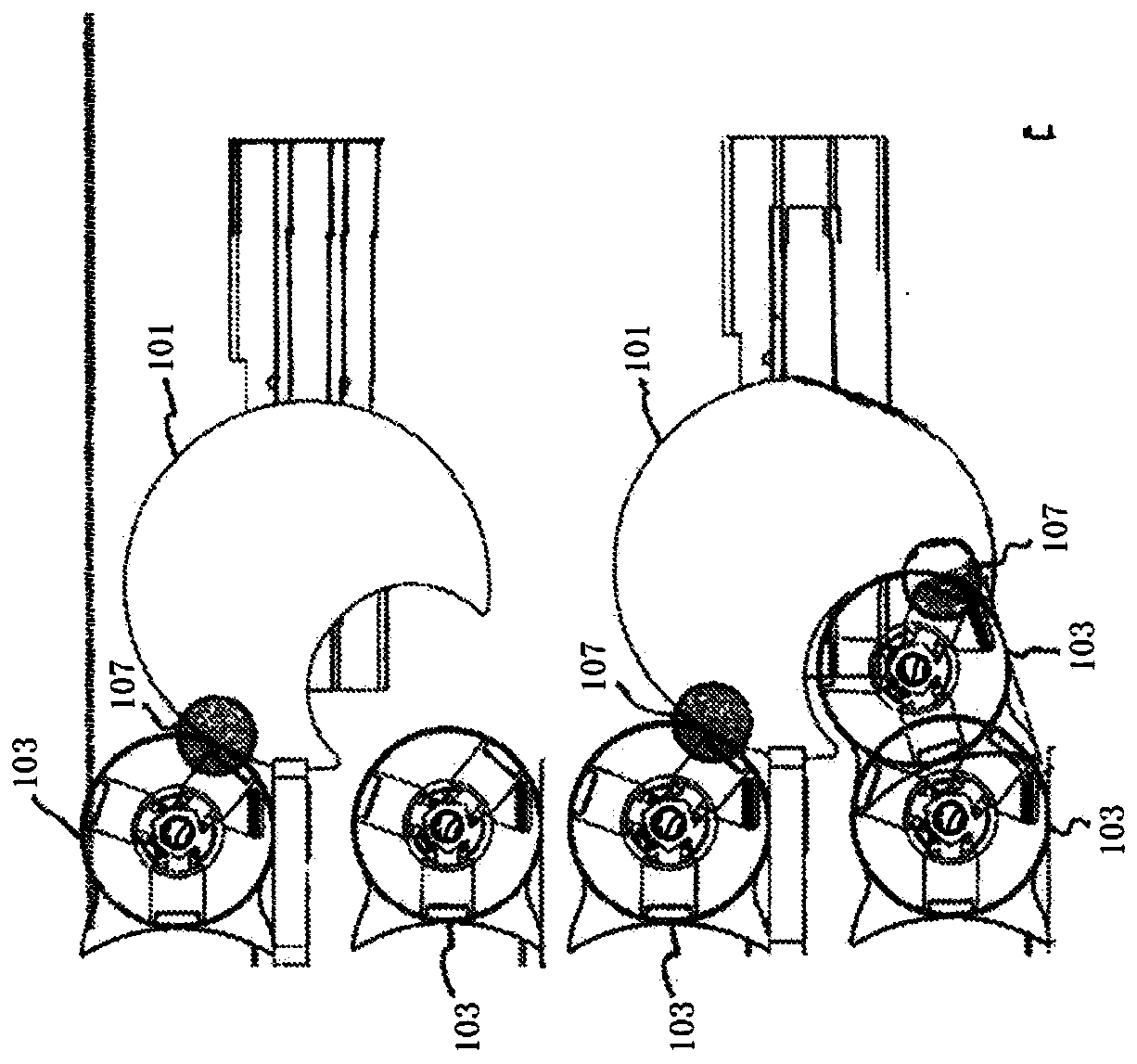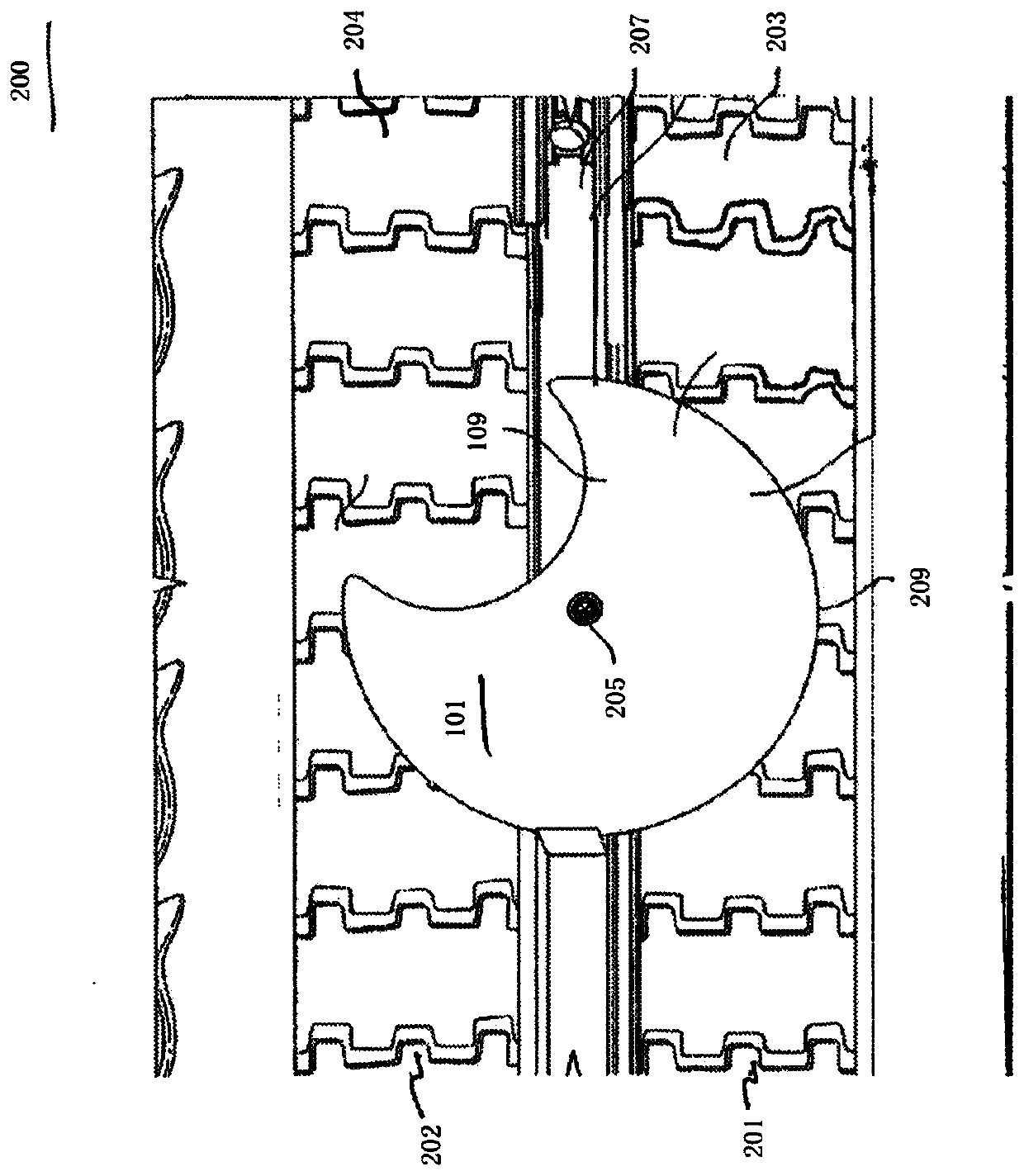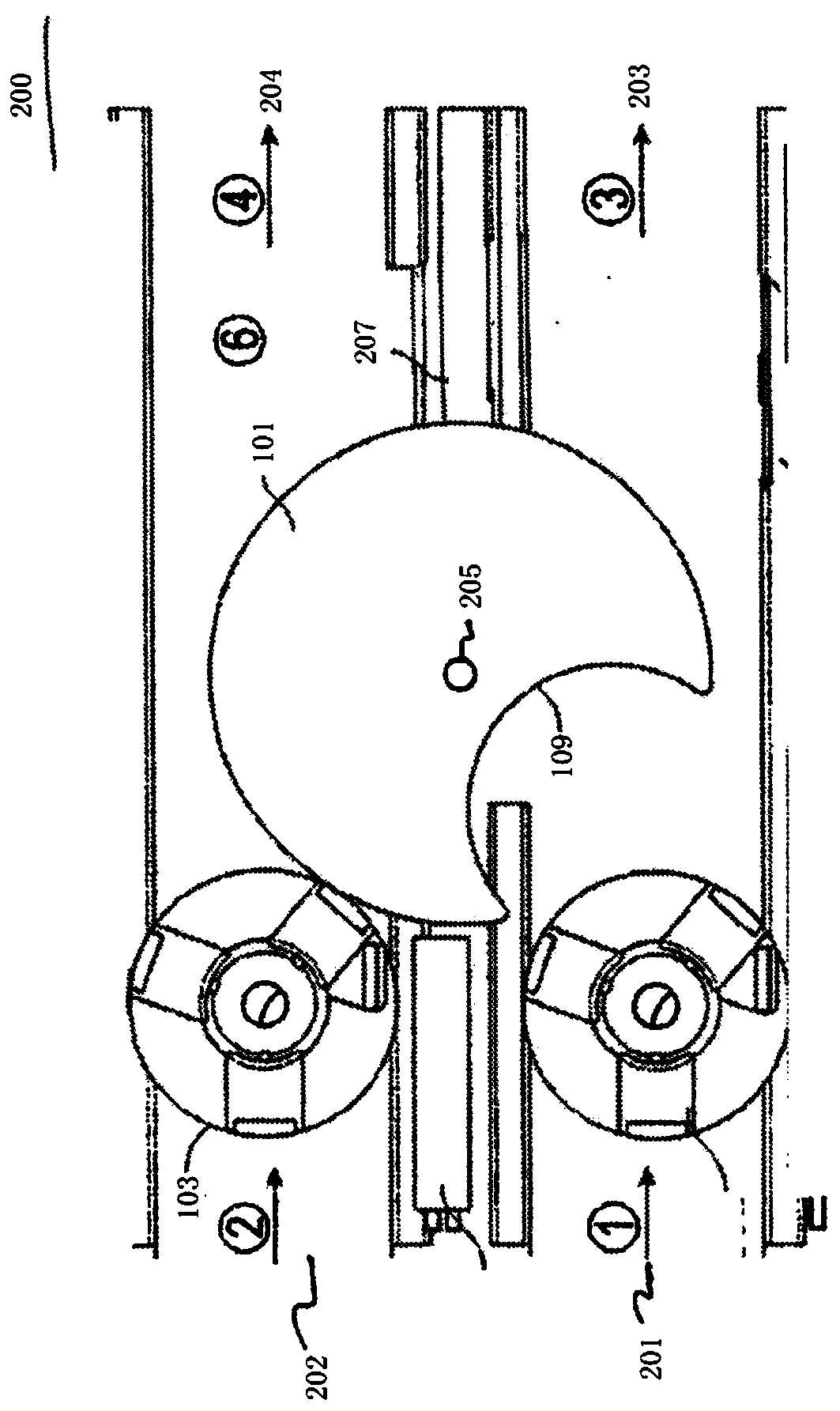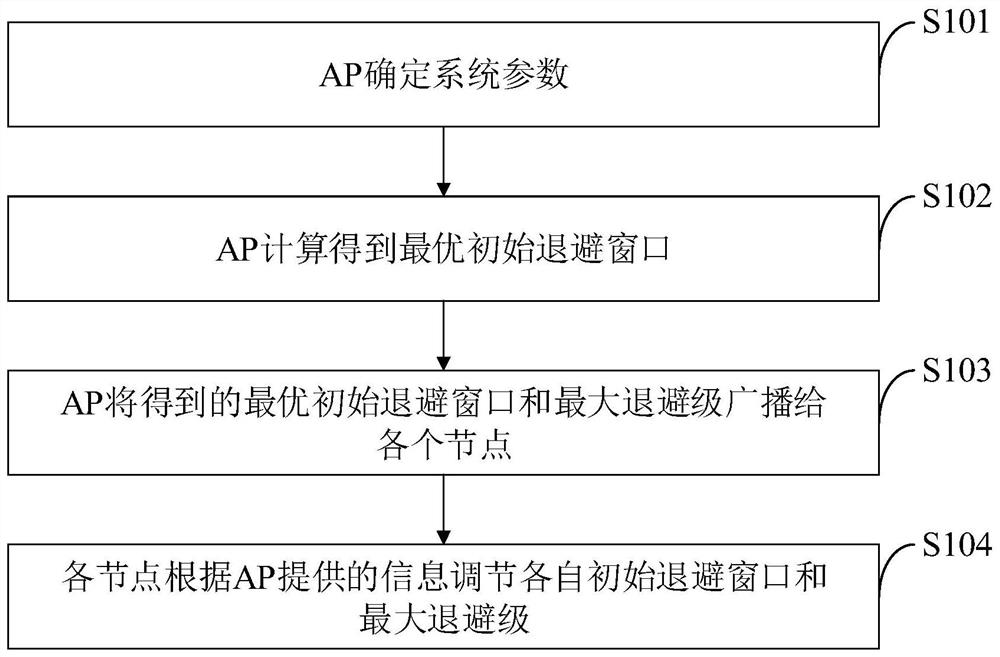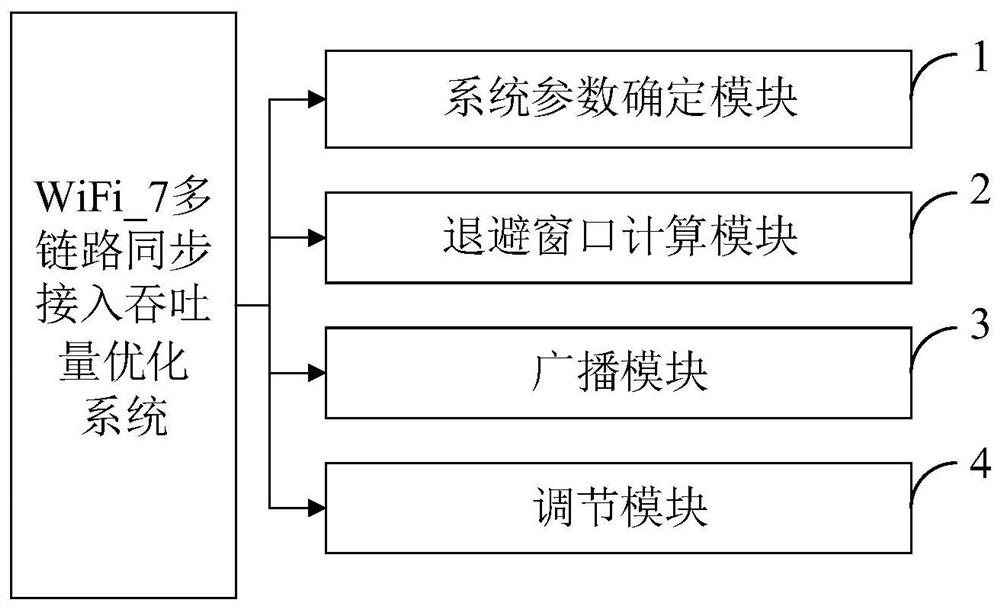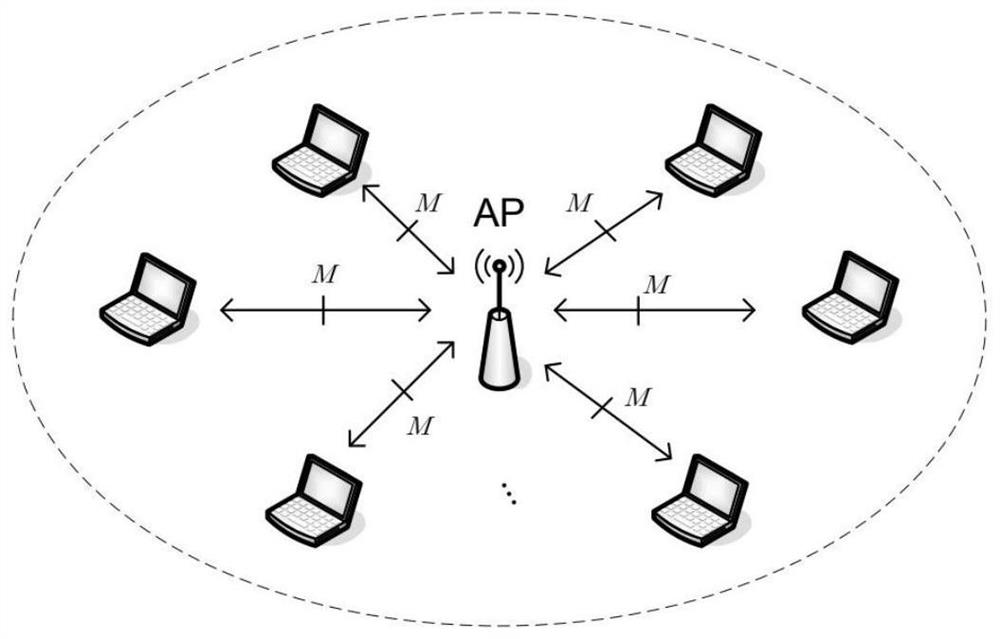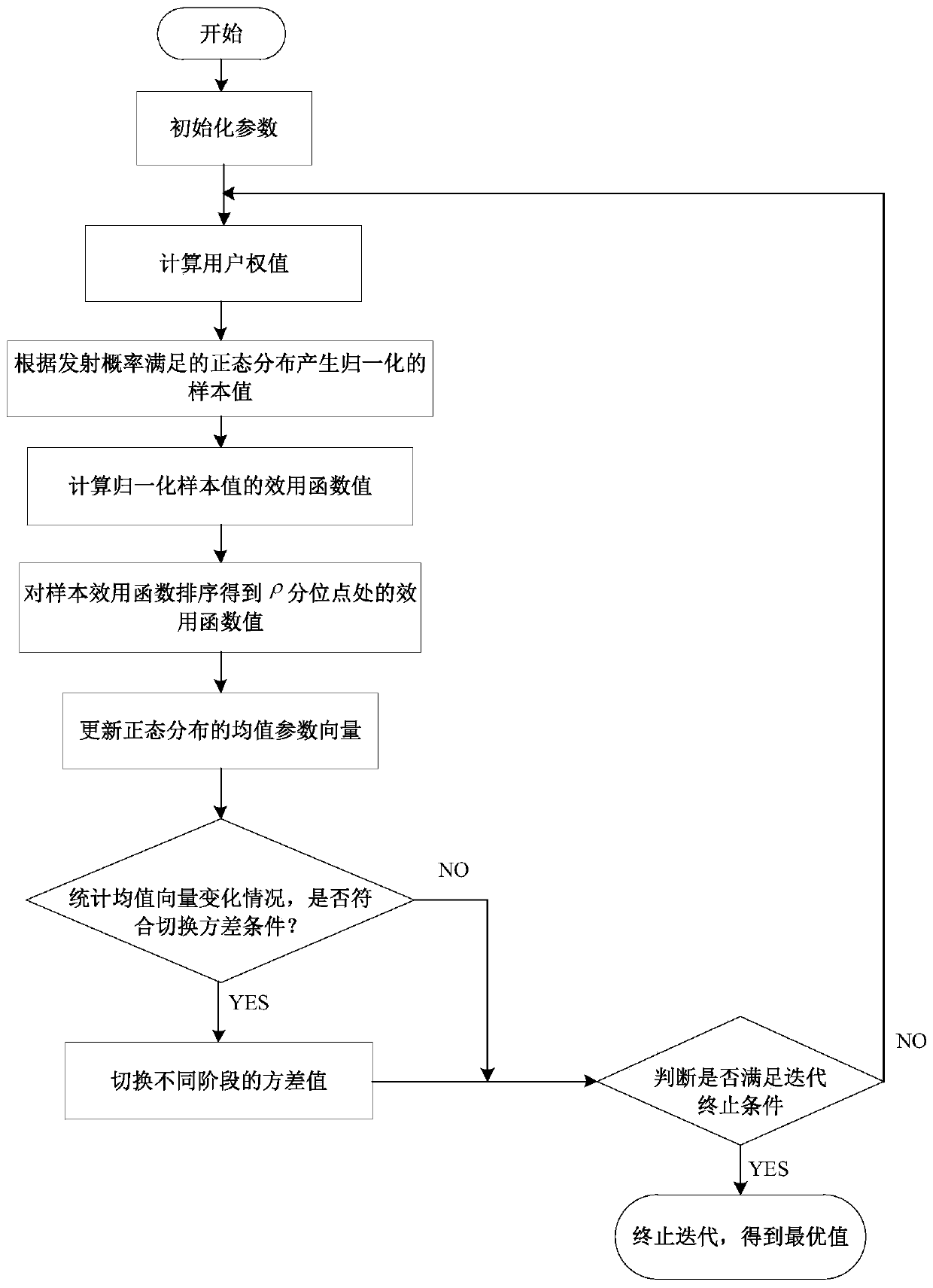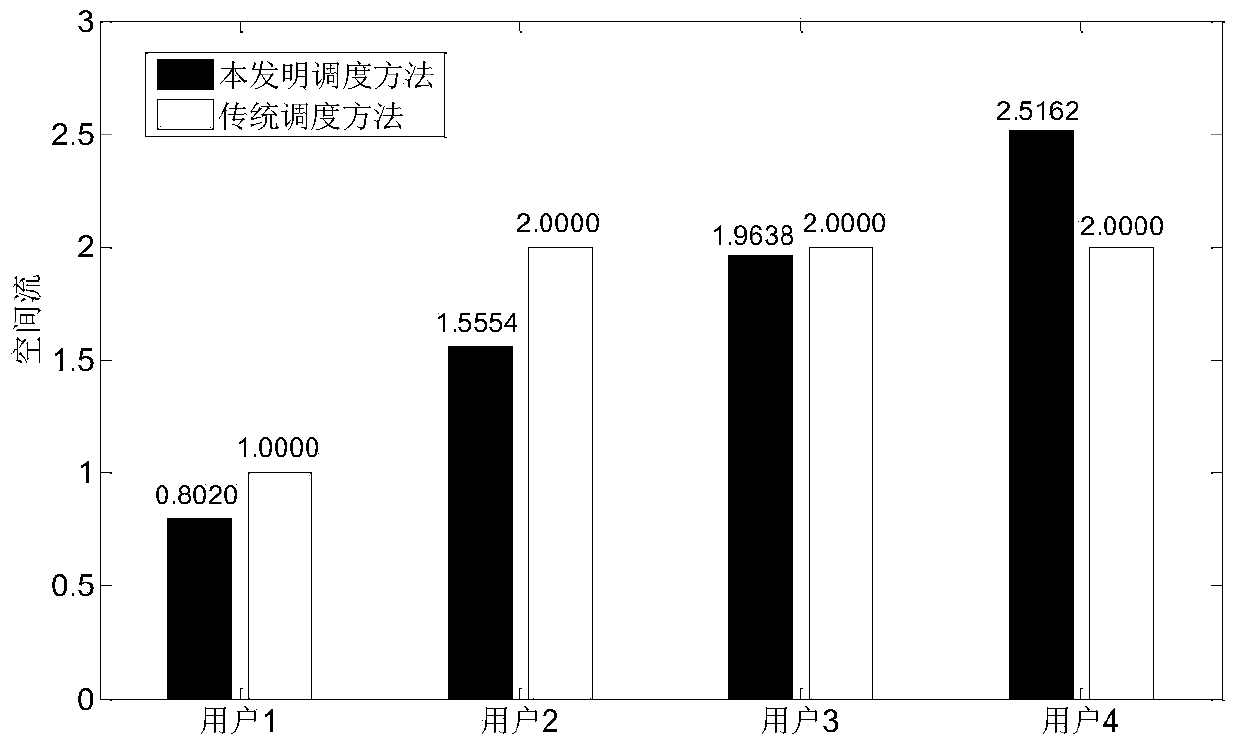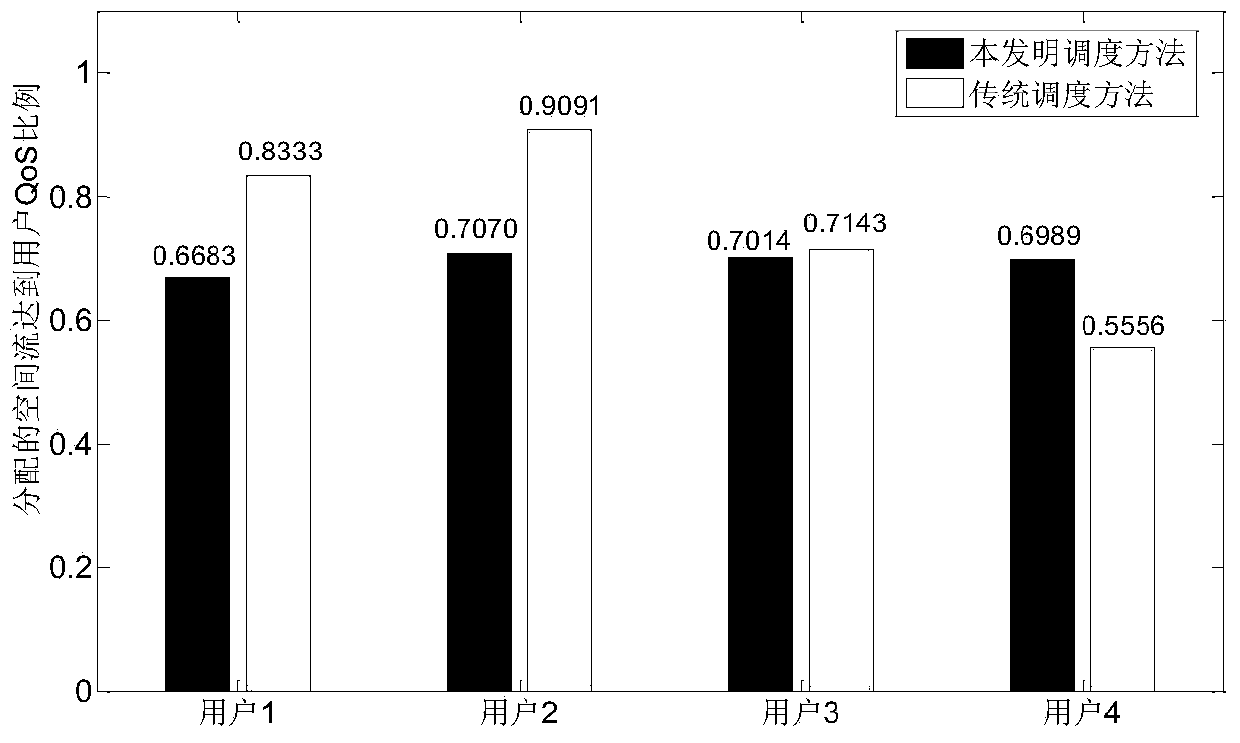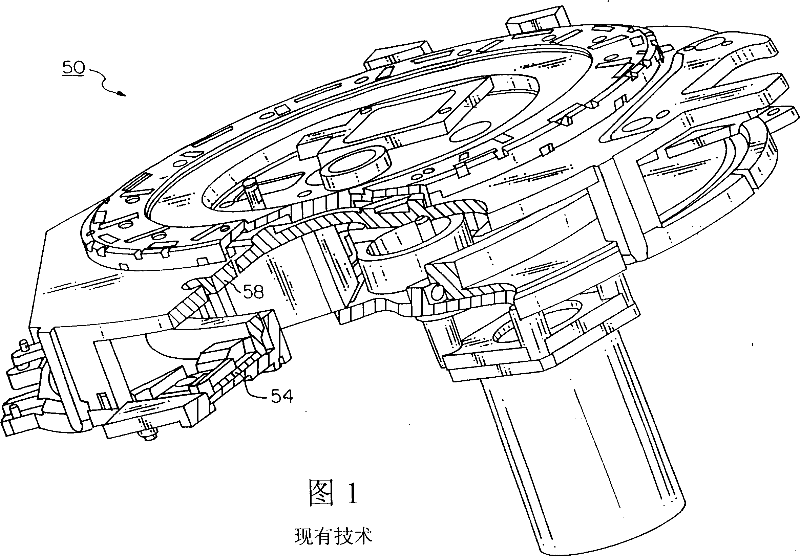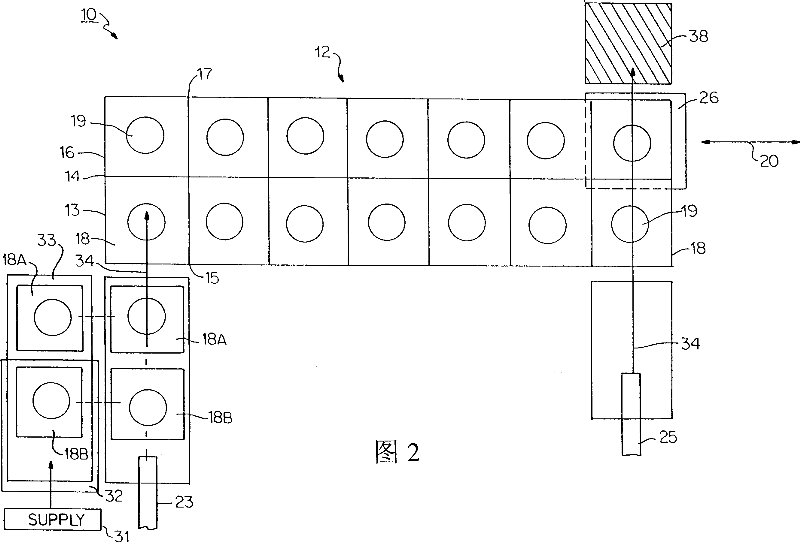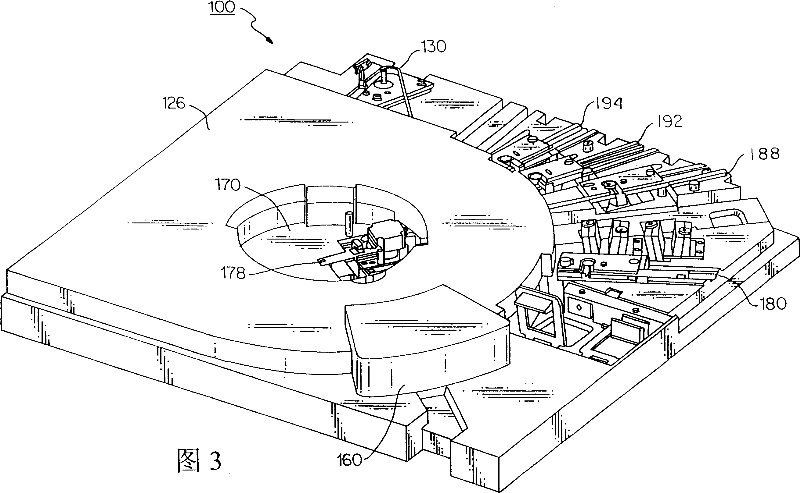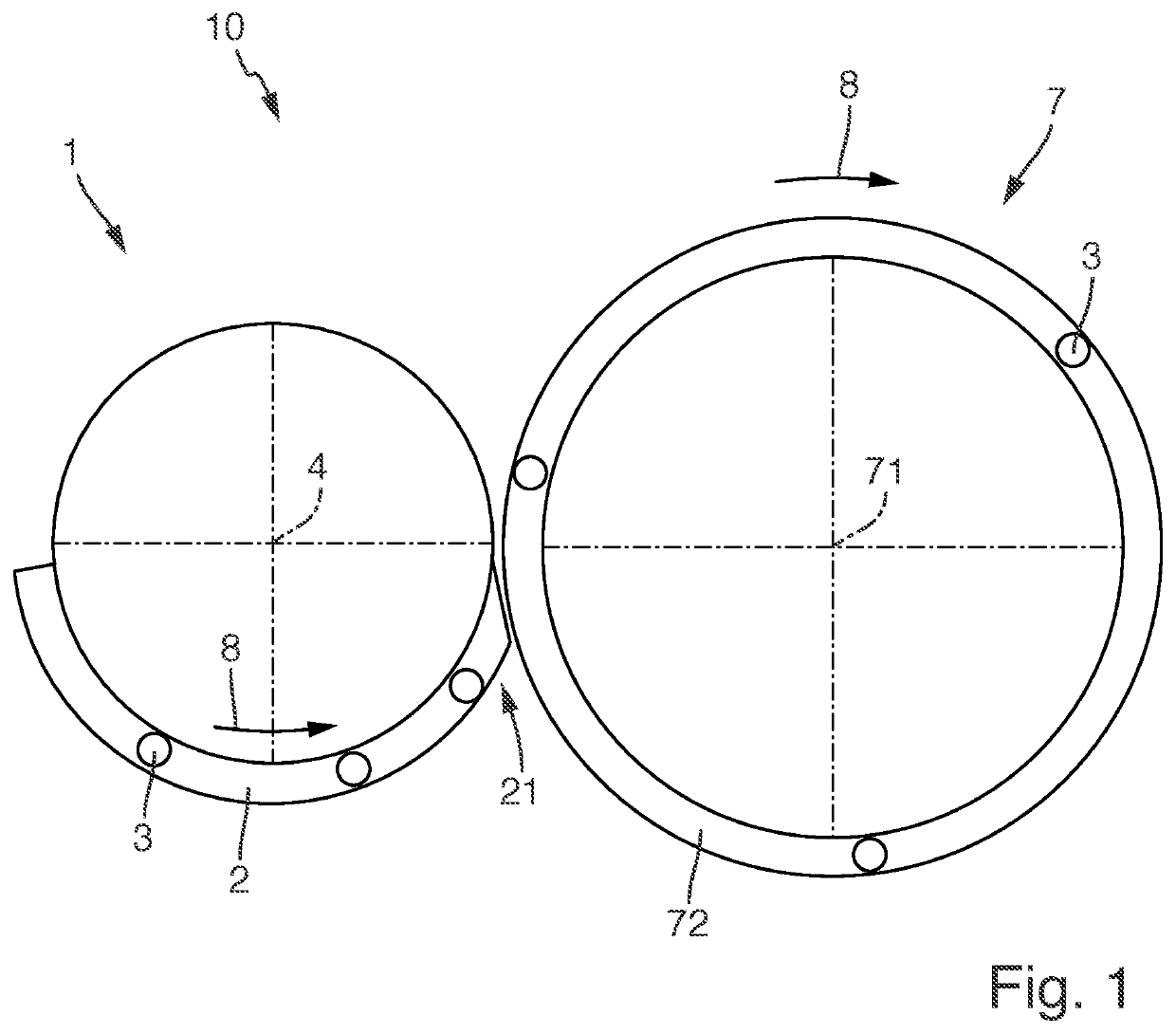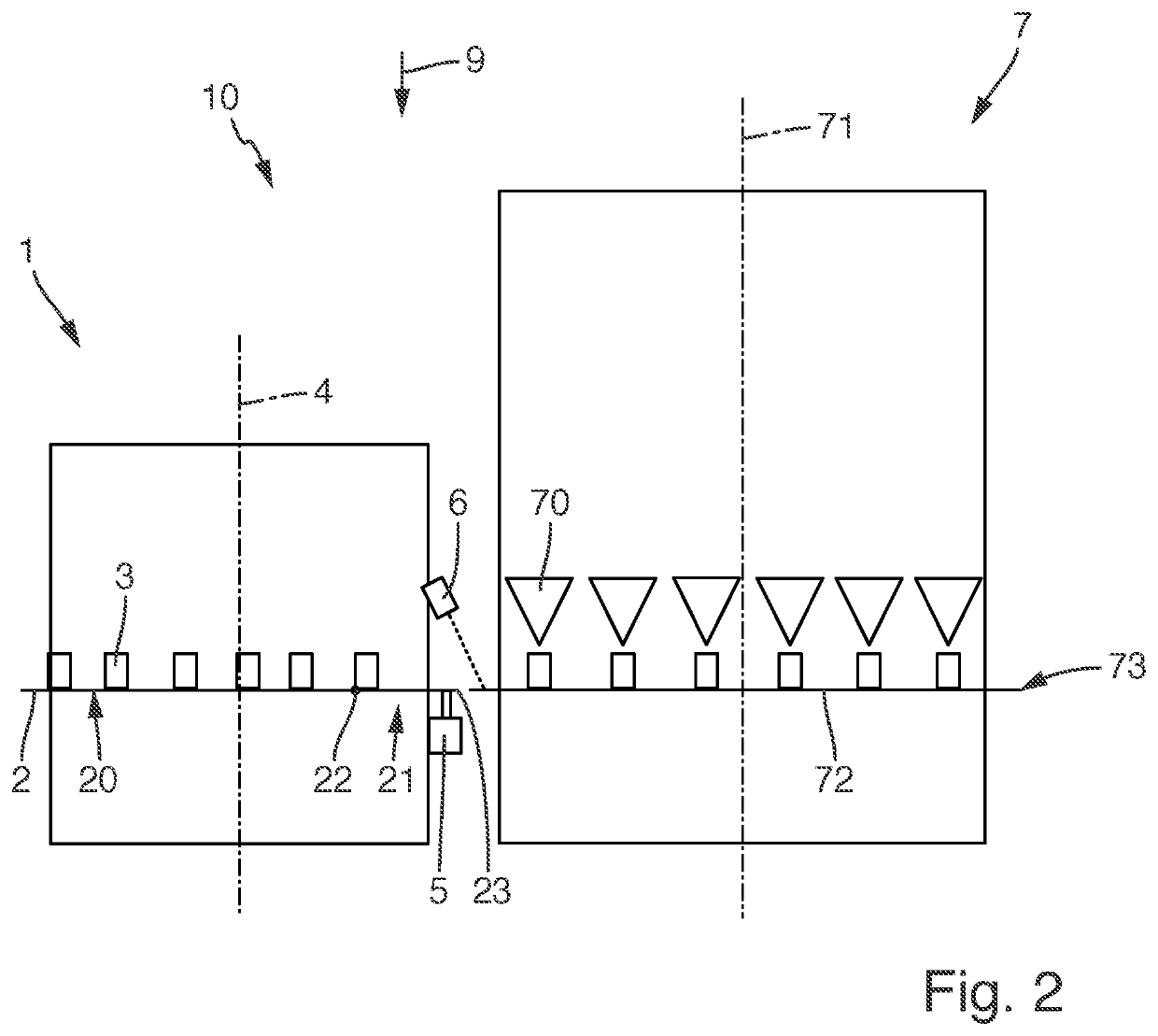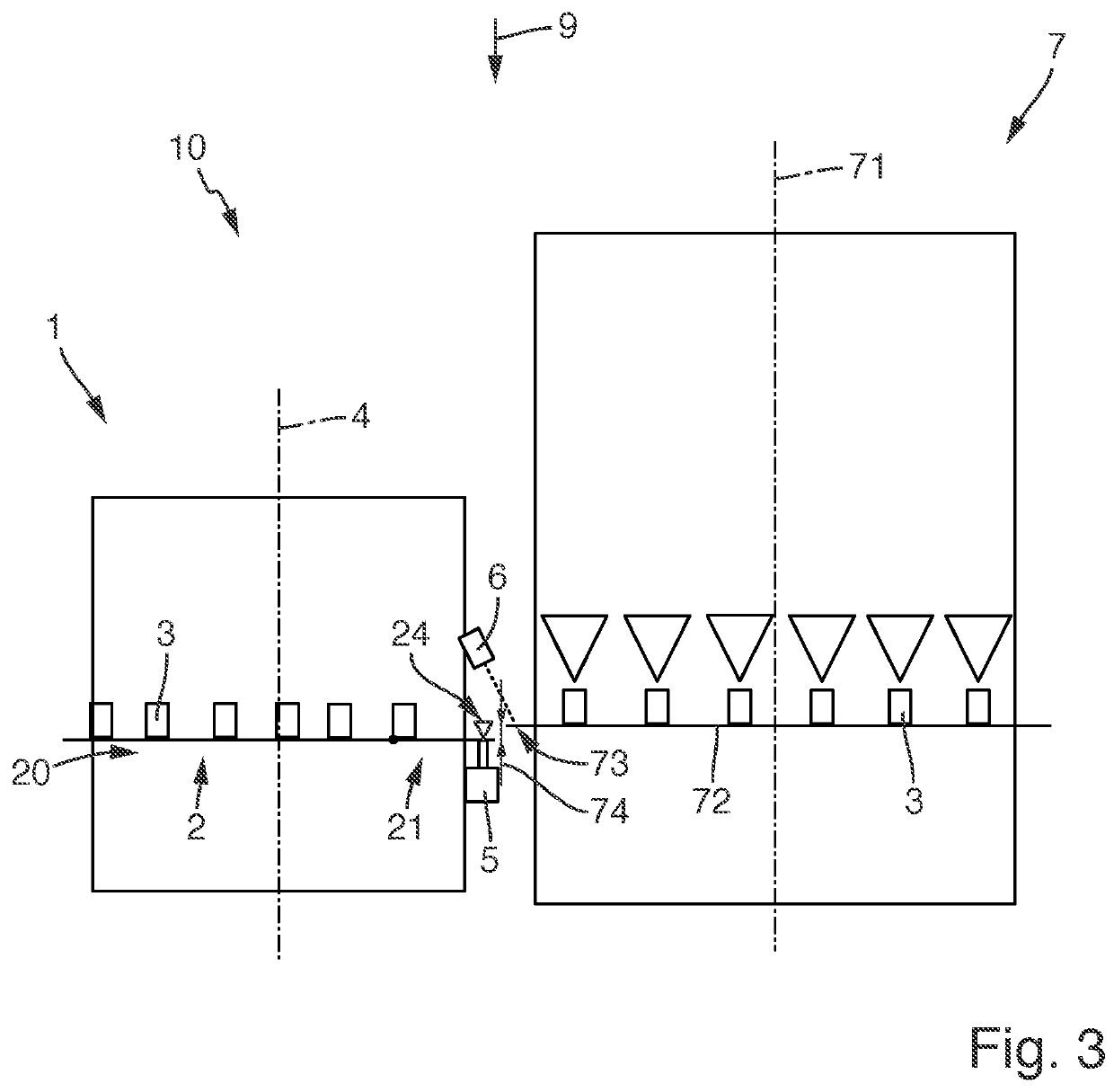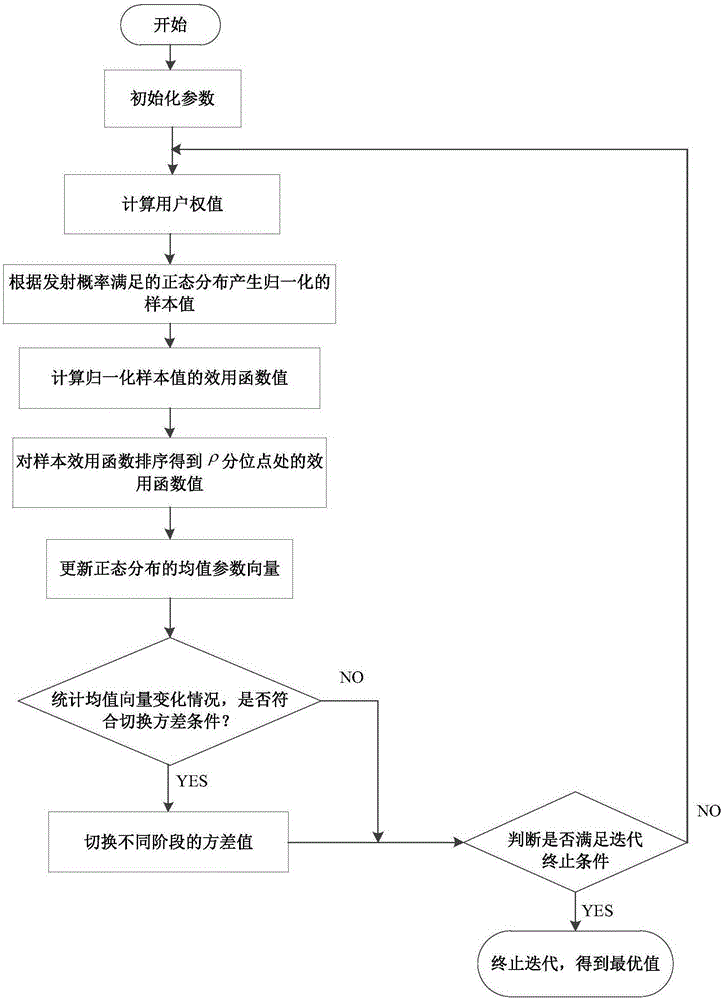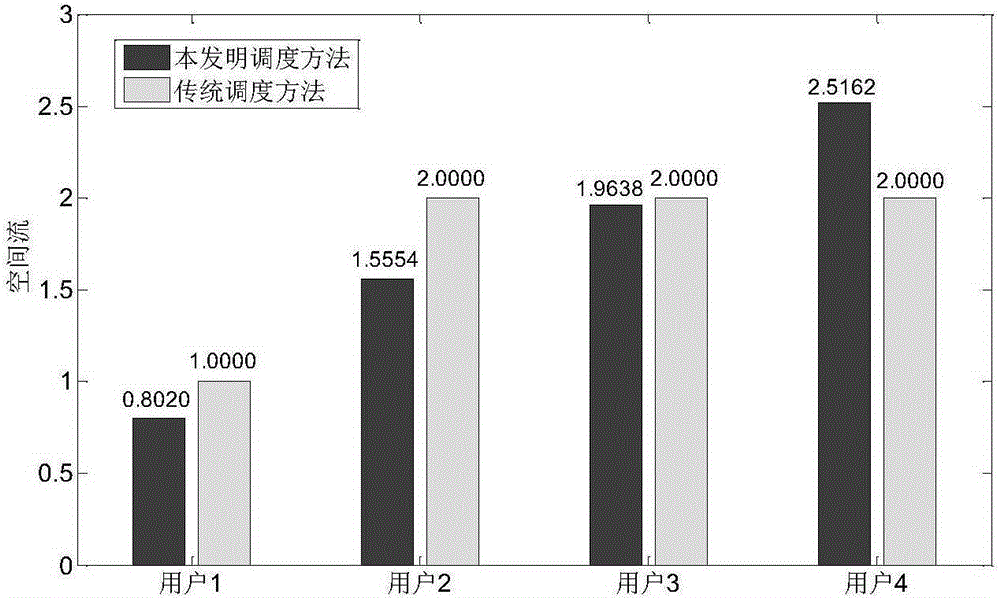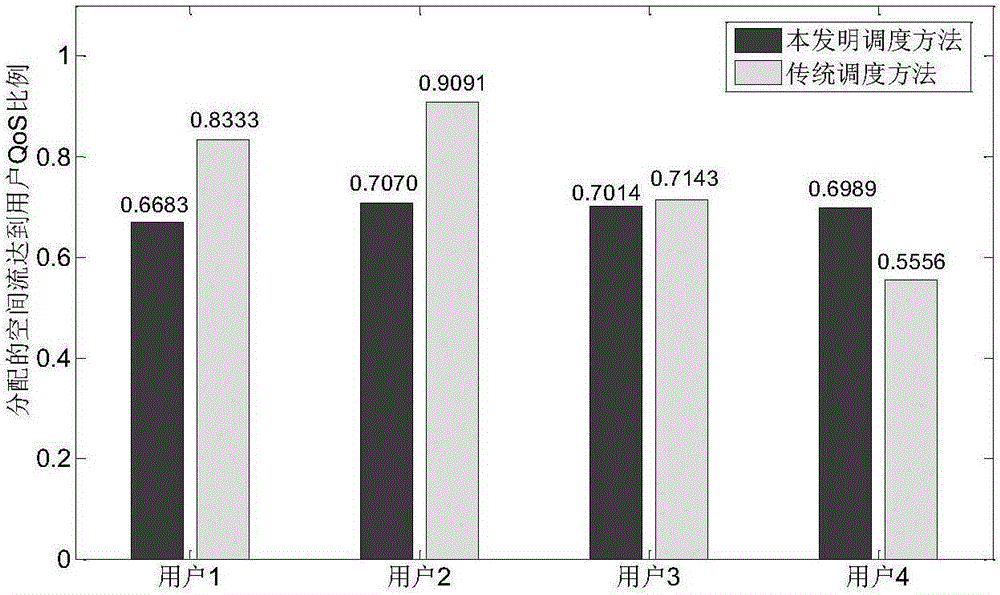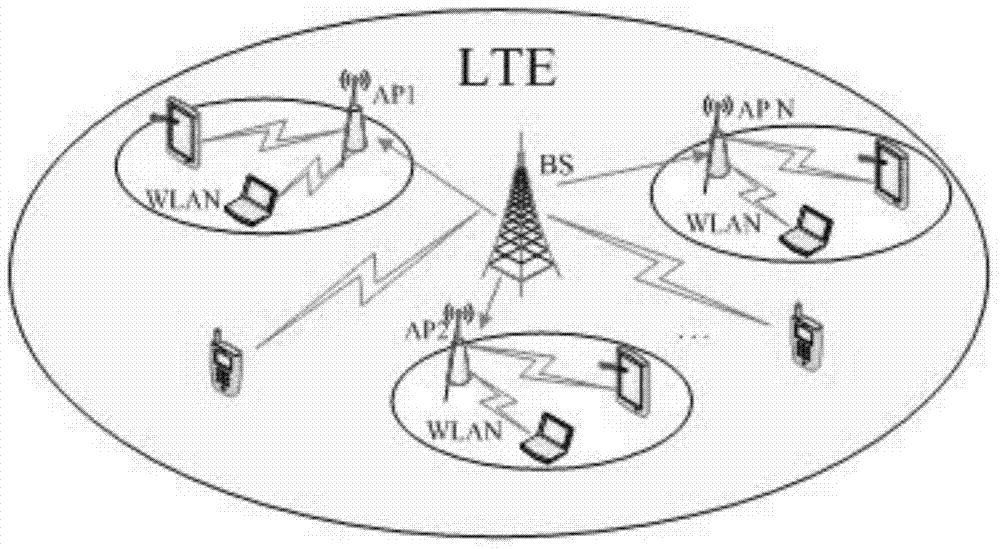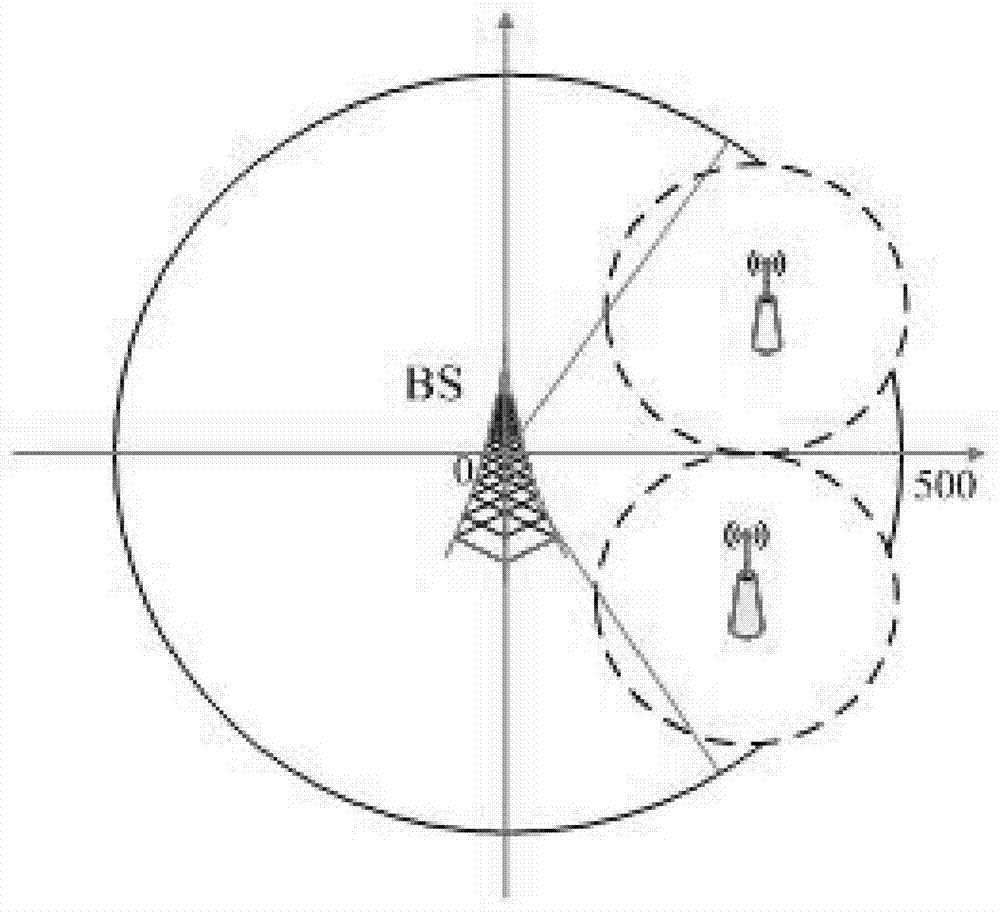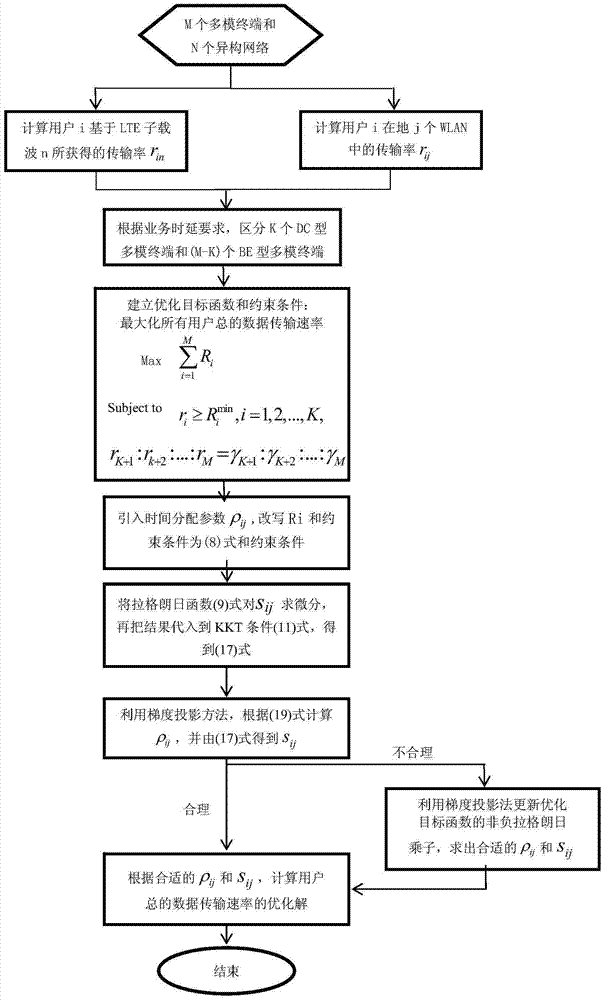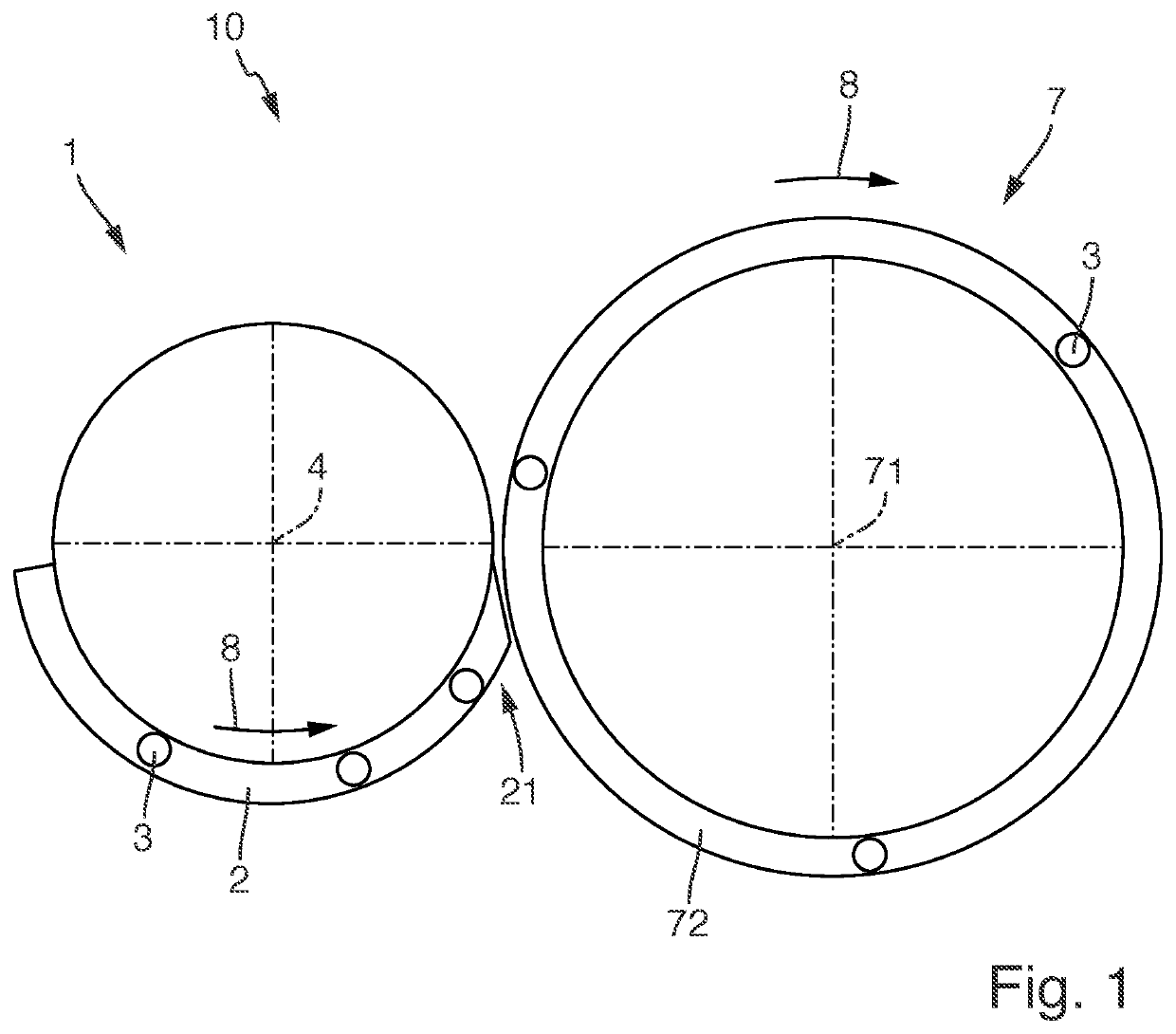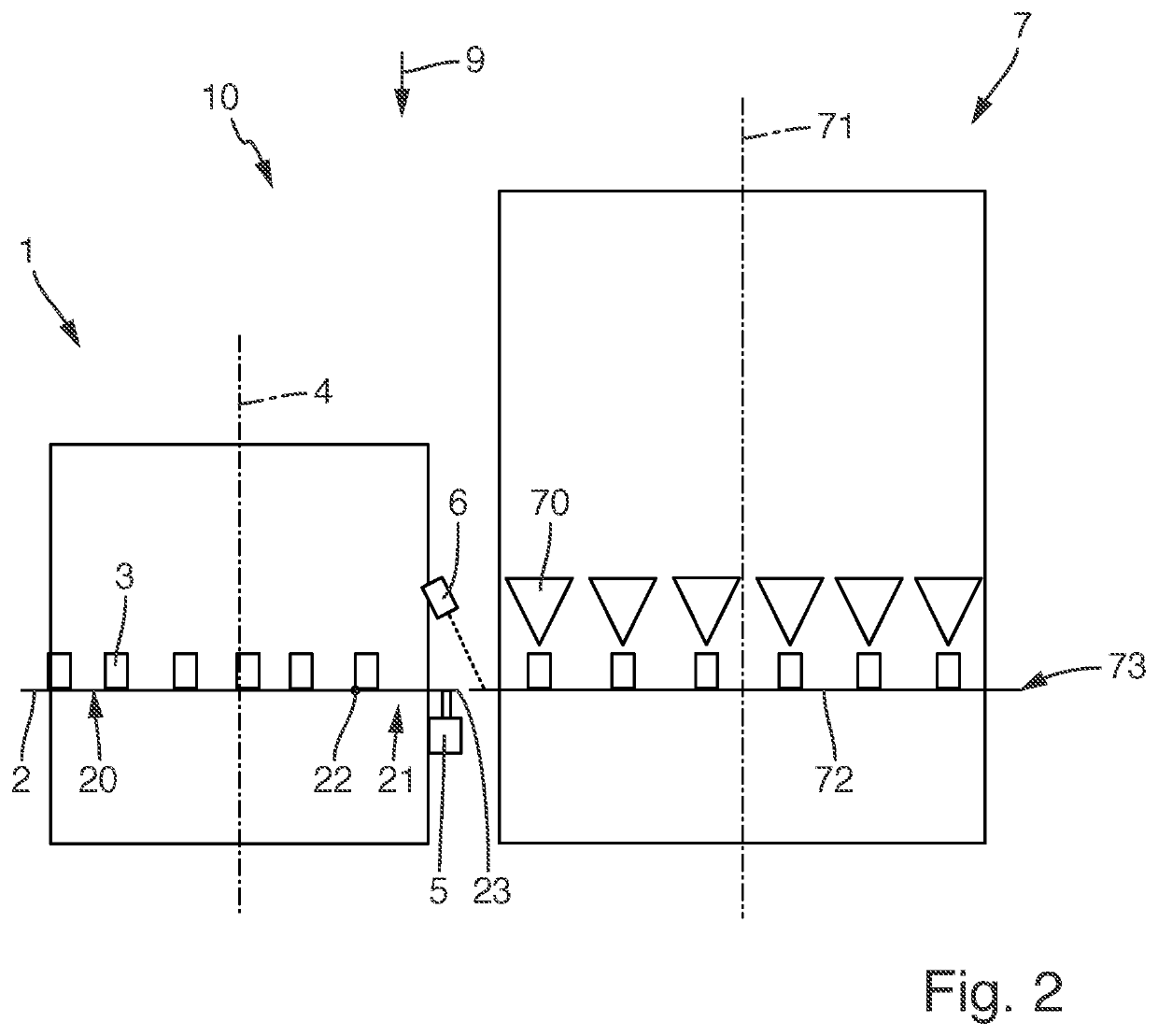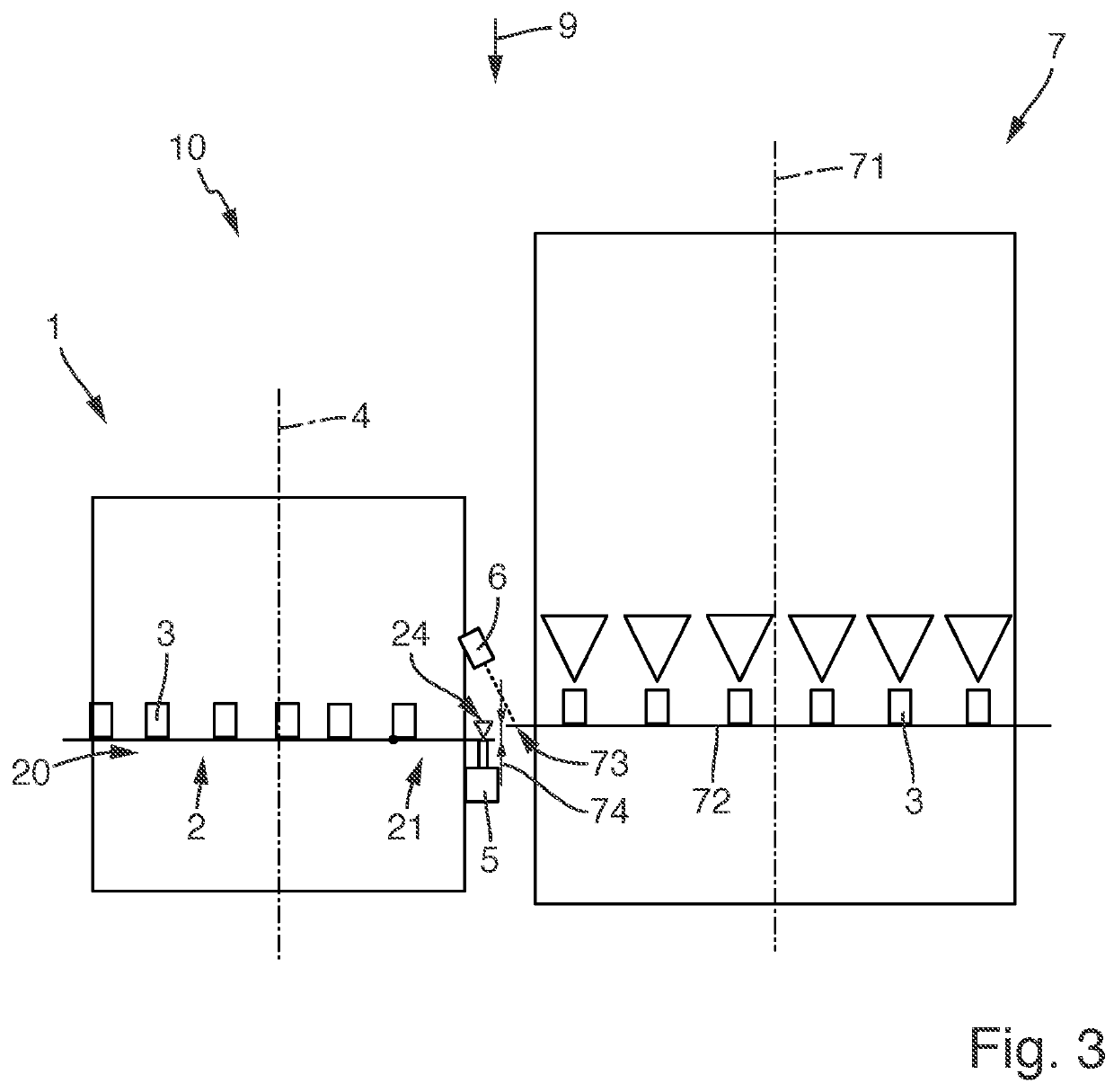Patents
Literature
31results about How to "Maximum throughput" patented technology
Efficacy Topic
Property
Owner
Technical Advancement
Application Domain
Technology Topic
Technology Field Word
Patent Country/Region
Patent Type
Patent Status
Application Year
Inventor
Dynamic and intelligent buffer management for SAN extension
InactiveUS20060159112A1Maximum throughputLarge throughputTime-division multiplexData switching by path configurationData bufferTransport network
In a network system for transporting GFP-encapsulated Fibre Channel / FICON data across a SONET / SDH transport network between two Fibre Channel / FICON ports, a transport interface for one Fibre Channel / FICON port intelligently allocates the amount of buffers for receiving Fibre Channel / FICON data from the other Fibre Channel / FICON port by determining the latency of travel across the SONET / SDH transport network. The first transport interface inserts a special latency instruction message into the Fibre Channel / FICON data before encapsulation in a GFP frame. After transport across the SONET / SDH network, the receiving second transport interface immediately sends the special latency instruction message back across the SONET / SDH transport network to the first transport interface which times the return of the special latency instruction message. From the time interval, the first transport interface can determine the latency of the SONET / SDH transport network and allocates the amount of buffers appropriately. This latency determination procedure is performed periodically so that the amount of allocated buffers can change as the latency of the SONET / SDH transport network changes.
Owner:CISCO TECH INC
Optimization wireless resource method based on time delay differentiated services and proportionality rate constraints
ActiveCN103687023AMaximize data transfer rateMaximum throughputMulti-frequency code systemsWireless communicationTime-sharingData transmission
The invention discloses an optimization wireless resource method based on time delay differentiated services and proportionality rate constraints. The method divides services into two types from a physical layer: a time Delay-Constraint (DC) type service and a Best-Effort (BE) type service. Specifically, the method classifies optimization resource distribution to a linearity problem. Through introducing time sharing parameters, an index-grade mixing integer program problem is converted into a convex problem for solving; a Lagrange differential is then solved on a result to obtain an optimum performance response of bandwidth, whether the result is reasonable is verified, if the result is not reasonable, a decision is modified forwards, and if the result is reasonable, other network distribution parameters are calculated. Generally speaking, the method provided by the invention overcomes the disadvantage of a conventional wireless resource management method that the fairness between service types and users are not taken into consideration, the diversified demands for quality of service (QoS) of different types of services can be satisfied, the maximization of a data transmission rate can be realized, and the system total data transmission rate is improved to the maximum.
Owner:南京华睿智光信息科技研究院有限公司
Apparatus and method for enhancing transfer rate in a wireless local area network (LAN)
InactiveCN1574833AMaximum throughputIncrease transfer rateNetwork topologiesTime-division multiplexStructure of Management InformationMedia access control
An apparatus and a method for presenting a novel format of a media access control (MAC) frame that enables the use of a direct link protocol (DLP) and multiple channels, thereby reducing contention among stations, and enhancing a transfer rate by using the MAC frame format in infrastructure-based wireless communications. A DLP station of the present invention includes a channel-switching module for switching a channel by writing a new channel number in a DLP request frame; a mode-switching module for switching a DLP mode by writing a new mode number in the DLP request frame; and a MAC frame-generating module for generating various MAC frames including the DLP request frame.
Owner:SAMSUNG ELECTRONICS CO LTD
Refractive spatial heterodyne spectrometer
InactiveUS20090231592A1Maximum throughputHigh sensitivityRadiation pyrometryInterferometric spectrometryWavefrontPrism
A refractive spatial heterodyne spectrometer includes an input aperture for receiving an input light; a collimating lens for collimating the input light into a collimated lightbeam; and a beamsplitter for reflecting one part of the collimated light into a first arm and transmitting another part of the collimated light into a second arm. The first arm includes a first dispersing prism for receiving and refracting the first part of the collimated light, and a first mirror positioned to reflect the refracted first collimated light back through the first dispersing prism and to the beamsplitter as a first light wavefront. The second arm includes a second dispersing prism for receiving and refracting the other part of the collimated light, and a second mirror positioned to reflect this refracted light back through the second dispersing prism and to the beamsplitter as a second light wavefront. The beamsplitter transmits a portion of the first light wavefront and reflects a portion of the second light wavefront into an output optics section to inferometrically combine into an interference image, and a detector receives the interference image and outputs an interference image pattern.
Owner:NAVY USA AS REPRESENTED BY THE SEC OF THE THE
Distributed wireless backhaul routing algorithm
ActiveCN107249202ABuild flexibleReduce administrative overheadHigh level techniquesWireless communicationSystems managementEffect function
The invention discloses a distributed wireless backhaul routing algorithm, belongs to the field of wireless mobile communications, and particularly relates to the distributed wireless backhaul routing algorithm based on score and location awareness. The algorithm comprises the steps that backhaul request signals are broadcast at the service of backhaul nodes of users, the nodes AP meeting the requirements calculate their own scores according to an effect function of a score mechanism, plan broadband resources of a network and report response signals to the backhaul nodes simultaneously, the backhaul nodes select the AP with the highest score as the next single hop, hopping is conducted in sequence to reach a local service center finally, and data is returned to a core network. According to the algorithm, it is guaranteed that on the premise that the backhaul data rate requirements of the user are met, a complete wireless backhaul path is planned, the very high success rate is achieved, route planning is flexible and reasonable, part of computation tasks of a system are unloaded to all access points, and the system management cost is less.
Owner:BEIJING UNIV OF POSTS & TELECOMM
Method for data message transmission and converter
InactiveCN101197783AMaximum throughputImprove performanceData switching networksTransmission link error control systemData transmissionDistributed computing
The invention discloses a method and a converter for transmitting data message, wherein the method includes the following steps: the message of the path maximum transmission unit value supported by a source host is transmitted to a destination host through a router; if the message transmitted by the source host is more than the maximum transmission unit value of the switching path of the router, the source host updates the path maximum transmission unit value and transmits the updated value over again till the path maximum transmission unit value supported by the source host and the destination host is determined; moreover, the path maximum transmission unit value supported by the source host and the destination host is adopted as the maximum transmission unit value for transmitting the message; finally, the message is transmitted to the destination host through the router. During network transmission, the invention can ensure maximum network throughput and avoid package loss, thereby improving data transmission performance.
Owner:HUAWEI TECH CO LTD
A cache optimization method for a SCN cellular network supporting MEC
ActiveCN109274527AHigh precisionImprove transmission efficiencyTransmission monitoringData switching networksCache optimizationAlgorithm
The invention relates to a cache optimization method for an SCN cellular network supporting MEC, When the user finds the required request content, the content can be cached in the MEC server in the SCN, so that the user can accurately obtain the corresponding encoded data when switching between the base stations, the accuracy of data transmission and transmission efficiency are improved, and faster response time is ensured. The invention adopts the genetic algorithm to optimize the throughput expression result value obtained by the particle swarm algorithm and the discrete particle swarm algorithm to obtain the optimal solution, and fully considers the gain balance among the content diversity, the channel selection diversity and the mobile diversity, so as to realize the maximum throughput.
Owner:NANJING UNIV OF POSTS & TELECOMM
Secure transmission method based on statistic QoS guarantee in cognitive wireless network
ActiveCN106888458AMaximum Average ThroughputImprove throughputNetwork traffic/resource managementHigh level techniquesCognitive userSecure transmission
The invention discloses a secure transmission method based on statistic QoS guarantee in cognitive wireless network. The statistic time delay QoS guarantee frame is used to ensure the statistic QoS of a main user transmitter, and the statistic time delay sensitive secure transmission scheme is used to ensure the statistic time delay sensitive security of the cognitive user. The guarantee of the statistic time delay QoS requirements of the main user and the statistic time delay sensitive requirements of the cognitive user is performed based on the statistic queue analysis theory. The invention brings forward an algorithm of solving the convex hull of any second order derivative function by means of the convex hull and the probability transfer theory, and then finds the convex hull of the Lagrangian function of the problem by the algorithm, and uses the K. K. T. Condition to find the optimal transmit power, resulting in the average maximum throughput of the cognitive user transmitter. The power distribution strategy can perform dynamic adjustment according to the time delay QoS requirements of the main user emitter, the statistic security constraint of the cognitive user and the channel condition.
Owner:XI AN JIAOTONG UNIV
Microwave heating apparatus
InactiveUS20110290789A1Maximum throughputAvoid influenceMicrowave heatingReflected wavesReaction tube
A microwave heating apparatus in which microwaves from a single microwave generator is branched to a plurality of reaction tubes, a heating target material is irradiated with the microwaves while being continuously supplied into respective reaction fields, the reaction fields is heated and controlled simultaneously, parallelly and independently while eliminating the influence of reflected waves generated in the other reaction fields, and a very high throughput is obtained. In the apparatus, branch waveguides for branching microwaves generated from a microwave generator into N branch waves, N being an natural number, are provided, isolators for absorbing reflected waves generated in the reaction fields are provided between the branch waveguides and applicators, power monitors for measuring magnitudes of incident and reflected waves are provided between the isolators and the applicators, and tuners for adjusting impedances in waveguides are provided between the power monitors and the applicators.
Owner:HITACHI LTD
Method and system for achieving transcoding task scheduling
ActiveCN106888400AMaximum throughputDigital video signal modificationSelective content distributionTranscodingThroughput
The invention discloses a method and system for achieving the transcoding task scheduling, and relates to the field of video transcoding. The method comprises the steps: carrying out the statistics of the current total coding capability Es and total decoding capability Ds of a GPU card set; judging whether the total coding capability Es is matched with the total decoding capability Ds or not; adjusting the coding or decoding capability of a corresponding GPU card in the GPU card set if the total coding capability Es is not matched with the total decoding capability Ds, so as to enable the total coding capability Es of the GPU card set to be matched with the total decoding capability Ds. According to the invention, the coding and decoding capabilities of the GPU card are separated for calculation, and the method carries out the task scheduling based on a coding and decoding capability matching principle through combining with the correlation of the coding and decoding capabilities, can make the most of the capability of the GPU, and achieves the maximum throughput of a transcoding task.
Owner:CHINA TELECOM CORP LTD
Wireless communication apparatus and wireless communication method
InactiveCN101248604AMeet the quality of receptionMaximum throughputDiversity/multi-antenna systemsOrthogonal multiplexResource blockTelecommunications equipment
Disclosed is a radio communication device capable of obtaining the maximum throughput while satisfying the required reception quality in multi-carrier communication. In this device, the coding unit (101) performs error correction coding on multiple resource blocks at the same coding rate, and the modulation units (103-1~103-n) code the coded data according to each block of resource blocks 1~n Perform modulation to generate data symbols, repeating units (104-1 to 104-n) repeat the data symbols input from the modulation unit (103) for each block of resource blocks 1 to n to generate a plurality of identical data symbols Yuan. That is, in the present invention, the coding rate is the same for all the plurality of resource blocks, but the modulation scheme and the number of repetitions are different for each resource block.
Owner:PANASONIC CORP
Sealed water-saving valve
The invention discloses a sealed water-saving valve. The sealed water-saving valve comprises a valve body and a base; the base is perpendicularly arranged in the middle of the top of the valve body, the interior of the base communicates with the valve body, a lifting shaft is arranged in the valve body, the lifting shaft is arranged in the middle of the top of the valve body in a penetrating modeand movably connected with the valve body; and a valve element is arranged at the bottom of the lifting shaft, the valve element is perpendicularly arranged in the middle of the bottom of the liftingshaft, the top end of the valve element is welded to the bottom end of the lifting shaft, and a lifting cavity is formed in the base. According to the sealed water-saving valve, the internal water flow conduction condition is controlled through the internal valve element, the adopted valve element is in a horizontally-placed cylindrical shape, the diameter of the valve element is equal to the inner diameter of a pipeline of the valve body, thus airtightness is good, and after the sealed water-saving valve is closed, water does not seep out; and the valve element adopts the lifting design, traditional valves mostly adopts the rotating design, the valve element still occupies part of the water flow space after rotating, and thus water is hindered.
Owner:PREVOT FLUID CONTROL TECH (WUHU) CO LTD
Multi-base-station multi-user proportional-fairness scheduling method with guarantee of service quality
ActiveCN105163392AGuarantee service quality requirementsDifferent scheduling resultsWireless communicationQos quality of serviceResource scheduling
The invention discloses a multi-base-station multi-user proportional-fairness scheduling method with guarantee of the service quality, and mainly solves the problem that resource scheduling is unfair in the prior art due to neglect of the user service quality. The method comprises the steps that 1) parameters are set according to a practical scheduling problem; 2) the user weight is calculated according to the time averaging throughput of each user; 3) a base station determines the user to serve in the present time slot according to the user weight and the time averaging throughput; 4) after the user to serve in the present time slot is determined, the base station updates the local user throughput, and broadcasts local user throughput information to other bases stations in the network; and 5) scheduling in the roll is terminated according to a scheduling termination condition, and a scheduling result which satisfies the proportional fairness is obtained. Satisfied scheduling result can be obtained when the resources are sufficient or insufficient, the computational complexity is low, the base station scheduling efficiency in the time-varying channels is improved, and the method can be applied to large-scale wireless local area network with multiple adjacent wireless routers.
Owner:XIDIAN UNIV
Network scheduling method and system based on hybrid service transmission
PendingCN111934916ASolve network scheduling problemsReduce packet lossData switching networksHigh level techniquesBandwidth allocationNetwork performance
The invention discloses a network scheduling method and system based on hybrid service transmission, and relates to the field of communication. The method comprises the following steps: in a hybrid network, collecting sudden services carrying bandwidth requests sent by a network control end and a network terminal; in a dynamic bandwidth allocation period, carrying out bandwidth allocation calculation on the bandwidth request of the sudden service through a dynamic bandwidth allocation algorithm, allocating a corresponding bandwidth to a corresponding time period of the sudden service accordingto a calculation result, and carrying out service scheduling on the sudden service according to the allocated bandwidth. A network scheduling problem under the IP and FC-AE-1553 service hybrid network is effectively solved, the packet loss rate of IP services is reduced, the network performance is improved, reasonable bandwidth allocation is achieved, and that all services in the dynamic bandwidth allocation period can be efficiently executed is ensured.
Owner:TECH & ENG CENT FOR SPACE UTILIZATION CHINESE ACAD OF SCI
Tandem incubator for clinical analyzer
Owner:ORTHO-CLINICAL DIAGNOSTICS
Image projection or display system
InactiveCN1547679AMaximum throughputIncrease luminous fluxTelevision system detailsMechanical apparatusIntegratorLight pipe
The invention concerns a system for projecting or displaying images comprising an imaging device (17) and means for illuminating the imaging device comprising a light source (11), means (12) for reflecting the light beam derived from the source towards the imaging device and an integrator (13, 20, 21), consisting of a light pipe followed by means to reflect towards the imaging device virtual illumination sources when the light beam is reflected inside the light pipe with, following the means (14) for reflecting towards the imaging device virtual illumination sources, polarisation splitting means (15), the means reflecting the virtual illumination sources imaging said virtual sources on the polarisation splitting means (15). The invention is in particular applicable to LCD imaging devices.
Owner:INTERDIGITAL CE PATENT HLDG
Convenient-to-mount efficient drainage device for bridge expansion joint and excavation method
InactiveCN112081006AAvoid erosionEasy to installBridge structural detailsArchitectural engineeringExpansion joint
The invention discloses a convenient-to-mount efficient drainage device for a bridge expansion joint. The device comprises a vertical plate, wherein a water guide plate is fixedly mounted on the innerside of the vertical plate, a mounting mechanism is connected to the interior of the vertical plate, a mounting rod is arranged in the mounting mechanism, and a threaded block is mounted on the outerwall of the mounting rod in a threaded mode. According to the device, under the action of the mounting mechanism, the vertical plate is closely mounted on the inner wall of the expansion joint and isfixed through the mounting rod and the threaded block, so that the vertical plate is supported and fixed on the inner wall of the expansion joint, a cover plate is fixedly connected with the verticalplate through a first threaded rod, the cover plate reinforces a joint of the vertical plate and the expansion joint at the top, rain erosion is avoided, an L-shaped plate, a T-shaped plate and the vertical plate are firmly connected under the action of the first threaded rod and a second threaded rod, through the arrangement, the device can be rapidly and conveniently installed in the expansionjoint, the connection stability and leakproofness are ensured, and the service life can be prolonged.
Owner:贵溪市富泰防水科技有限公司
A full-duplex half-duplex seamless adaptive switching system based on ccsds Proximity-1 protocol
ActiveCN112436881BAvoid the risk of frame lossImprove reliabilityCriteria allocationRadio transmissionDeep space explorationTrunking
Owner:XIAN INSTITUE OF SPACE RADIO TECH
Multi-base station multi-user proportional fair scheduling method with guaranteed quality of service
ActiveCN105163392BGuarantee service quality requirementsDifferent scheduling resultsWireless communicationQuality of serviceComputation complexity
The invention discloses a multi-base station multi-user proportional fair scheduling method that guarantees service quality, and mainly solves the problem of unfair resource scheduling caused by ignoring user service quality in the prior art. The implementation steps are: 1. Set parameters according to the actual scheduling problem; 2. Calculate user weights according to the user's time average throughput; 3. The base station selects the user to be served in the current time slot according to the user weight and the user's historical average throughput; 4. The base station updates the local user throughput after determining the user served in the current time slot, and broadcasts the local user throughput information to other base stations in the network; 5. Terminates this round of scheduling according to the scheduling termination condition, so as to obtain a scheduling result that satisfies proportional fairness . The present invention can obtain satisfactory scheduling results in both sufficient and insufficient resources, and has low computational complexity, improves the scheduling efficiency of base stations in the case of time-varying channels, and can be used in large-scale wireless local area networks with multiple adjacent wireless routers .
Owner:XIDIAN UNIV
Conveyance system for conveying object carriers
PendingCN110462406AReduces the need for wiringReliable sensingConveyorsConveyor partsRotational axisEngineering
Disclosed aspects relate to a conveyance system and method for conveying a plurality of object carriers. The conveyance system comprises at least one first conveyor lane section, and at least two second conveyor lane sections. The conveyance system further comprises a rotatabte diverting element for diverting an object carrier of the plurality of object carriers between the at least one first conveyor lane section and one of the at least two second conveyor lane sections of the conveyance system. The diverting element comprises at least one sensor element for detecting the object carrier whenthe object carrier is: being conveyed toward the diverting element, or contacting the diverting element, or being transported away from the diverting element by the conveyance system, The conveyance system further comprises an axis of rotation adjacent to the first conveyor lane section and one of the second conveyor lane sections. The axis of rotation may be between two conveyor lanes, one of which includes the first conveyor lane section and the other of which includes one of the second conveyor lane sections. The axis of rotation is perpendicular to a direction of conveyance of the first conveyor lane section and / or the two second conveyor lane sections.
Owner:BECKMAN COULTER INC
Multi-link synchronous access throughput optimization method, system terminal and medium
ActiveCN113473505AImprove performanceImprove utilization efficiencyWireless communicationNetwork performanceEngineering
The invention belongs to the technical field of wireless local area networks, and discloses a multi-link synchronous access throughput optimization method, a system terminal and a medium, and the multi-link synchronous access throughput optimization method comprises the following steps that an AP determines system parameters; the AP calculates an optimal initial backoff window; the AP broadcasts the obtained optimal initial backoff window and the maximum backoff level to each node; and each node adjusts respective initial back-off window and maximum back-off level according to the information provided by the AP. According to the method, a throughput model of the WiFi 7 multi-link network is obtained through Markov process analysis, and an initial backoff window of the WiFi 7 multi-link network is dynamically adjusted according to system parameters so as to achieve the maximum throughput; the WiFi 7 multi-link network performance is improved by maximizing the network throughput, the utilization efficiency of wireless spectrum resources is improved, and the method is suitable for two access strategies of longest back-off access and shortest back-off access and any number of links including a single link.
Owner:HUAZHONG UNIV OF SCI & TECH
Carbon dioxide-based hydrometallurgical multistage reaction and separation system
ActiveCN111558606BReduce lossesContinuous responseSolid waste disposalSedimentation separationHydrometallurgySlurry
This application discloses a multi-stage reaction and separation system for hydrometallurgy based on carbon dioxide, including: a raw material pre-washing device, industrial waste or ore raw materials or tailings, reagents and water are continuously put into the raw material pre-washing device according to a certain ratio and fully mixed The reaction device, the slurry is continuously injected into the reaction device, the carbon dioxide is continuously injected into the reaction device, and the reacted slurry is continuously discharged; the multi-stage solid-liquid separation device performs multi-stage solid-liquid separation of the slurry, and the solid-liquid The separated unreacted solid particles are circulated to the expected pre-washing device; the third product preparation device, which contains the target calcium ions and magnesium ions in the clear liquid to prepare calcium and magnesium products; the recovery water circulation device, the recovered water is recycled to the system. The application can realize continuous reaction, realize the maximization of processing capacity, and also provide possibility for multi-stage circulation reaction, and also reduce the loss of carbon dioxide in the discharge process of batch reaction.
Owner:GREENORE CLEANTECH (SHANGHAI) CO LTD
Fair scheduling method based on mu-mimo for flow allocation ratio
ActiveCN105188144BDifferent scheduling resultsMaximum throughputWireless communicationQuality of serviceComputation complexity
The invention discloses a MU-MIMO-based proportional fair scheduling method for flow distribution, which mainly solves the problem of proportional fair scheduling ignoring user service quality in the prior art. The implementation steps are: 1. Set the corresponding parameters according to the actual scheduling problem; 2. Calculate the user weight in the utility function according to the mean value of the emission probability satisfying the normal distribution; 3. Generate the sample value of the emission probability and calculate it according to the user weight The utility function value of the sample; 4. Filter out the sample value with good performance to update the mean value of the normal distribution; 5. Record the change of the mean value and switch the variance of different stages according to the corresponding rules; 6. End the iterative process according to the termination condition, A scheduling result that satisfies proportional fairness is obtained. The present invention can obtain satisfactory dispatching results under both sufficient and insufficient available wireless resources, has low computational complexity and fewer iterations, improves dispatching efficiency of base stations, and can be used in a single base station system using MIMO technology.
Owner:XIDIAN UNIV
Tandem incubator for clinical analyzer
An incubator includes an incubator ring assembly having at least two concentric rings supported for rotation about a common axle defining an axis of rotation. Each concentric ring includes a plurality of circumferentially defined load positions, each load position being sized for accommodating a test sample. At least one test station is arranged in relation to the plurality of load positions to selectively test a test sample, the test samples being are sequentially shuttled into and out of load positions of at least one of the concentric rings to increase the overall throughput of the analyzer.
Owner:ORTHO-CLINICAL DIAGNOSTICS
A method and system for implementing transcoding task scheduling
ActiveCN106888400BMaximum throughputDigital video signal modificationSelective content distributionComputer architectureTranscoding
The invention discloses a method and system for achieving the transcoding task scheduling, and relates to the field of video transcoding. The method comprises the steps: carrying out the statistics of the current total coding capability Es and total decoding capability Ds of a GPU card set; judging whether the total coding capability Es is matched with the total decoding capability Ds or not; adjusting the coding or decoding capability of a corresponding GPU card in the GPU card set if the total coding capability Es is not matched with the total decoding capability Ds, so as to enable the total coding capability Es of the GPU card set to be matched with the total decoding capability Ds. According to the invention, the coding and decoding capabilities of the GPU card are separated for calculation, and the method carries out the task scheduling based on a coding and decoding capability matching principle through combining with the correlation of the coding and decoding capabilities, can make the most of the capability of the GPU, and achieves the maximum throughput of a transcoding task.
Owner:CHINA TELECOM CORP LTD
Device for supplying containers to a container handling device and filling system
ActiveUS20200354159A1Improve throughputLarge throughputConveyorsSolid materialEngineeringMechanical engineering
A device for supplying containers to a container handling device, for example to a container filling device for filling containers with a liquid filling product, includes a guide which is arranged at a predetermined guide height level for guiding a container on the container base thereof. The guide has a transfer portion for transferring the container to a receiving device of the container handling device, and the transfer portion is height-adjustable. A filling system including such a device is also described.
Owner:KRONES AG
Multi-user multiple input multiple output (MU-MIMO) based stream distribution proportional fairness scheduling method
ActiveCN105188144ADifferent scheduling resultsMaximum throughputWireless communicationMultiple inputQuality of service
The invention discloses a multi-user multiple input multiple output (MU-MIMO) based stream distribution proportional fairness scheduling method, mainly solving the problem of proportional fairness scheduling ignoring user service quality in the prior art. The method comprises a first step of setting corresponding parameters according to a practical scheduling problem; a second step of computing a user weight in a utility function according to the fact that an emission probability meets mean values in normal distribution; a third step of generating sample values of the emission probability and computing a utility function value of a sample according to the user weight; a fourth step of screening out sample values with good performance so as to update the mean values in normal distribution; a fifth step of recording the change condition of the mean values and switching variances of different phases according to a corresponding rule; and a sixth step of ending an iterative process according to a termination condition, so as to obtain a scheduling result meeting proportional fairness. A satisfactory scheduling result can be obtained whether under the condition of sufficient available wireless resource or under the condition of insufficient available wireless resource, the computation complexity is low, the iterations are few, the scheduling efficiency of a base station is improved, and the method is applicable to a single base station system adopting an MIMO technology.
Owner:XIDIAN UNIV
A cache optimization method for scn cellular network supporting mec
ActiveCN109274527BHigh precisionImprove transmission efficiencyTransmission monitoringData switching networksCache optimizationParticle swarm algorithm
The invention relates to a caching optimization method for an SCN cellular network supporting MEC. When a user finds the requested content, it can be cached in the MEC server in the SCN, so that the user can quickly switch between base stations. Accurately obtain the corresponding encoded data, improve the accuracy and efficiency of data transmission, and ensure a faster response time. The present invention uses a genetic algorithm to optimize the value of the throughput expression result obtained through the particle swarm optimization algorithm and the discrete particle swarm optimization algorithm to obtain the optimal solution, and fully considers content diversity, channel selection diversity and mobile diversity. Gain is balanced between the two to achieve maximum throughput.
Owner:NANJING UNIV OF POSTS & TELECOMM
Optimal radio resource method based on time-delay differentiated services and proportional rate constraints
ActiveCN103687023BMaximize data transfer rateMaximum throughputMulti-frequency code systemsWireless communicationDifferentiated servicesDifferentiated service
The present invention discloses a method for optimizing wireless resources based on time-delay differentiated services and proportional rate constraints. The method divides services into two types from the physical layer: delay-constrained (Delay-Constraint, DC) services and best-effort For the type (Best-Effort, BE) business; specifically, the present invention plans the optimal resource allocation into a linear problem, and converts the exponential mixed integer programming problem into a convex problem by introducing a time-sharing parameter to solve; Lagrangian differentiation obtains the best performance response of the bandwidth, and verifies whether the result is reasonable, and if unreasonable, then revises the decision forward; if reasonable, then calculates other network allocation parameters; in general, the present invention overcomes the existing wireless The resource management method does not consider the shortcomings of business types and fairness between users, and meets the diverse requirements of different types of services for quality of service (QoS), maximizes the data transmission rate, and maximizes the total system data. Transmission rate.
Owner:南京华睿智光信息科技研究院有限公司
Device for supplying containers to a container handling device and filling system
ActiveUS11059679B2Improve throughputMaximum throughputConveyorsSolid materialEngineeringMechanical engineering
A device for supplying containers to a container handling device, for example to a container filling device for filling containers with a liquid filling product, includes a guide which is arranged at a predetermined guide height level for guiding a container on the container base thereof. The guide has a transfer portion for transferring the container to a receiving device of the container handling device, and the transfer portion is height-adjustable. A filling system including such a device is also described.
Owner:KRONES AG
Features
- R&D
- Intellectual Property
- Life Sciences
- Materials
- Tech Scout
Why Patsnap Eureka
- Unparalleled Data Quality
- Higher Quality Content
- 60% Fewer Hallucinations
Social media
Patsnap Eureka Blog
Learn More Browse by: Latest US Patents, China's latest patents, Technical Efficacy Thesaurus, Application Domain, Technology Topic, Popular Technical Reports.
© 2025 PatSnap. All rights reserved.Legal|Privacy policy|Modern Slavery Act Transparency Statement|Sitemap|About US| Contact US: help@patsnap.com
